The Real Cost of an African Safari: From Budget to Splurge

For many people, an African safari is the trip of a lifetime — in part because of the steep price tag. While a luxury lodge or a tented camp can cost upwards of $3,000 per person, per night, there are budget-friendly options out there.
This article will outline:
- How much is a safari?
- Can you go on a budget safari?
- Budget hotels on a safari
- Budget game drives on a safari
- The best high-end luxury safaris
- Luxury hotels for a safari
- Luxury safari game drives

What does a budget safari look like?
Accommodations: The safaris most of us are familiar with — the ones you see on postcards and Instagram— are situated on private reserves. To avoid a hefty price tag, plan your safari in a national park, like Etosha in Namibia or Kruger in South Africa, which are open to the public for a small fee (less than $25 a day for foreigners) and have plenty of inexpensive lodges and camps in and around the area.
Inside the park, Pretoriuskup and Satara Rest Camp (which both have rates as low as $18 per night) grant you the same proximity and access to wildlife as the luxury lodges, for a fraction of the cost. These are run by South African National Parks , and the accommodations can range from traditional camping sites and permanent safari tents, to huts, bungalows, and cottages. Don’t expect any frills here — no hairdryers, meals are not included, and, you may share a bathroom or kitchen with multiple guests.

Additionally, there are typically accommodations a few miles outside of the park gates. These properties tend to have more comforts than the aforementioned stays, but you have to drive into the park each day. Hazyview, for instance, is a small town fifteen minutes outside of Kruger is home to a handful of boutique properties, including Casterbridge H ollow . Here, you can get a large, air-conditioned room with wifi and cable from $108 per night for a single room, or, for $120 per night, you can reserve a family suite, which sleeps up to four people. (Both rates include breakfast.)
Lastly, there are a number of volunteer programs, like the Big Five Nature Project , with which you can spend two weeks in the bush for less than $1,960, including food and accommodation. In addition to the cost savings, you get to experience what it's like to run a bush camp, and you'll also get to see the Big Five.
Game Drives:
While it is not advisable or feasible for all destinations, national parks are well-suited for renting and driving your own safari vehicle thanks to networks of well-maintained roads. In this scenario, you don’t have to pay a for a daily guide, which can add up quickly. Driving yourself also means you have the freedom to stay in one place, or stay out, for as long as you want: If you want to follow a pack of wild dogs for half the day, you can; whereas on a guided drive, you’ll be limited to two- to three-hour drives and you’re subject to the whims and schedules of those in your shared vehicle.
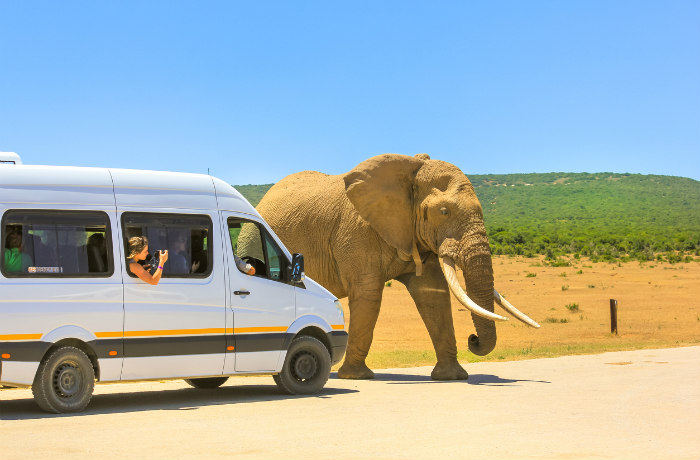
If you do opt to drive yourself, note that it can be difficult for the untrained eye to spot a leopard amid its surroundings. When you have to keep your eyes on the road, it’s harder to take in the scenery, which can make it difficult to spot animals. Also, because public parks do not have restrictions on the number of vehicles permitted (the way they do in a private reserve), it is possible to be one of a dozen cars huddled around an elephant. If you find yourself in this situation, don’t be afraid to head down a less-busy road.
That said, a self-drive is better suited to those who have been on a safari before. Inexperienced safari-goers will rely heavily on luck to see animals (fortunately, parks like Etosha and Kruger are densely packed with wildlife). We recommend doing extensive research beforehand — and packing a good guide book.

If you have a limited amount of time, it might be better to spring for a guide. A full day can cost from $100 to $110 per person in a shared vehicle, but, you’ll have a better chance of seeing more animals. Guides can access areas that are closed off to everyone else, so they know where to find certain animals, and are able to recognize and follow tracks and detect sounds. Plus, a well-trained guide will be able to give you background information about the wildlife, geology, history, and local culture, as well as keep you safe.
So, what are you actually paying for when you book a high-end safari?
There are two main differences when you go the luxury route.
First, you’ll be staying on a private reserve or a private concession within a national park — both of which place restrictions on the number of people and cars allowed. That means you can actually pull up alongside a pack of lions homing in on a kill and not have to compete for a view.
In addition to encountering fewer vehicles on your drive, you’ll likely share a 4x4 with four to six people, as opposed to eleven or more in a similar car or SUV. It’s not a guarantee, of course, but higher-end lodges tend to avoid packing vehicles. Reserving a private vehicle might make sense for a larger group or a family (which can cost an additional $1,000 or more) to avoid being on someone else’s schedule or agenda (e.g. if you want to keep watching the lions, and they want to move on).

Second, when you book a luxury safari, you can generally expect to have a more comfortable experience. Rooms often include high-ends spa products, patios, and even a private plunge pool and/or clawfoot tub. Oftentimes, rates include all game drives, meals, high tea, drinks, and other activities.
Additionally, a guide and a spotter (the person who notifies the driver of tracks or sightings) escort you on every outing. Because high-end camps ensure their guides are well-trained, they'll be able to provide you with an enhanced experience. At the end of your evening drive, your guide will usually set up sundowner cocktails and snacks in the bush under the stars.
Lastly, location matters. Some of the coolest safari destinations — the most secluded and unique landscapes — are further off the grid. Those harder-to-reach destinations cost much more to get to, due to limited accessibility (e.g. having to rely on private puddle jumper planes to get there).

Overall, it is entirely possible to have an epic safari on both a high and low budget. If you don’t mind foregoing certain frills and sticking to a larger, easier-to-reach national park, then the low end offers a unique opportunity for adventure that certain seasoned travelers prefer. But, there is something to be said for the ease of booking a luxury lodge and not having to plan once you get there. Perhaps it’s a choice of whether you want this to be the trip of a lifetime that you can take more than once.
How to See Cuba Without an Expensive Package Tour

More to explore
Find the best deals.
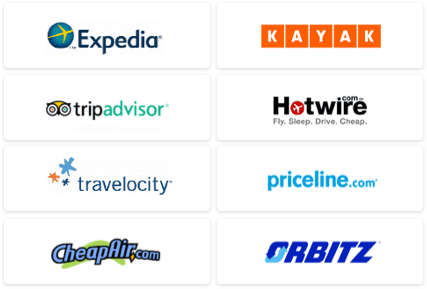
How much does an African safari cost? (and how to make it cheaper)

Unfortunately, many people associate safaris with exorbitant prices and see it as a vacation that’s financially out of reach. You’ll be pleased to know this is not always the case. In the end, how much does an African safari cost comes down to what you’re looking for .
Yes, you can go on safari for USD 1000 per day. But you can also enjoy incredibly intimate safari experiences for much less than USD 100 per day.
How Much Does a Safari Cost?
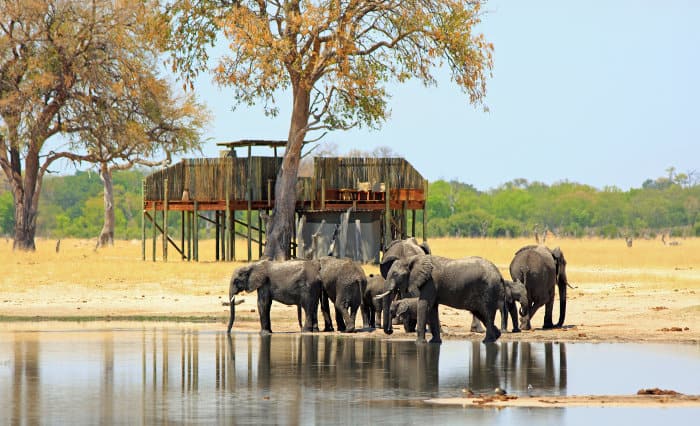
African safaris vary enormously in cost. There is the cheap and relatively cheerful, all the way up to some of the most expensive holidays on the planet.
You can enjoy good wildlife encounters for less than USD 100 per day. Expect to pay a minimum of USD 150 per day for the best destinations and a multi-day safari program. USD 250 per day and upwards is mid range.
How much does a safari cost in East Africa vs Southern Africa
In general, entry to mid-range East African safaris cost more than those in Southern Africa.
The park fees are higher and you cannot safari in your own vehicle. There are fewer public campsites so you are reliant on private camps.
For example, a safari on Tanzania’s Northern Circuit or anywhere multi-day trip in Kenya, is going to cost USD 200 per day and more.
Check out more detailed costs on the ultimate safari guides to Tanzania , Kenya , Zambia and gorilla trekking .
Cheaper park fees bring that cost down in Southern Africa. Many of the best safari destinations in Southern Africa are also very accessible, like Chobe National Park’s proximity to Livingstone and Victoria Falls . This limits private transport and further reduces costs.
Southern Africa has many smaller safari destinations. These don’t offer the ultimate wildlife experience but are a cheap alternative.
So how much does a safari cost in Southern Africa? You can get a good multi-day safari for under USD 150 per day .
Check out South Africa safari guide , Botswana safari guide , Namibia safari guide , and Zimbabwe safari guide .
What do you want and expect on a safari?
If you envision a safari with luxurious rooms, satellite television, air conditioning, en-suite bathrooms, exotic cuisine, and your own fireplace, you may need to review your priorities.
Why are you going on an African safari? To sit in your room and watch television? Or to connect with your wild side?
If it’s too big, too beautiful, or too luxurious, it’s consequently going to hit your wallet hard. And it’s not going to be the best possible safari experience.
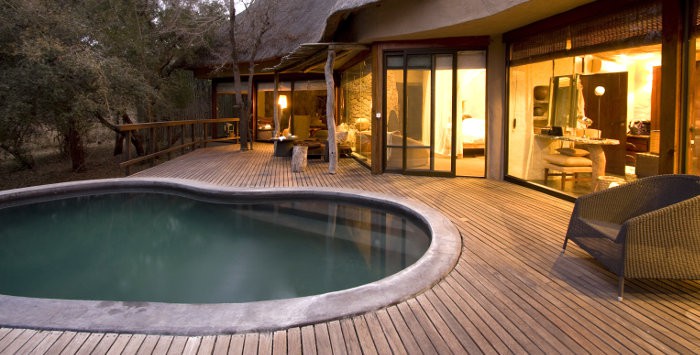
However, if you’re content with common restroom facilities, decent food, and a small bungalow or safari tent, there’s no reason why you can’t enjoy the affordable costs of going on safari.
Remember that you’ll be staying in a stunning location . This alone makes the price worth it. And while it’s great to stay in the lap of luxury, the main part of the experience is the wildlife and game viewing , and that’s very similar regardless of your accommodation choice.
Most Safari Costs are Based on an All-Inclusive Formula
The well-known “all in” formula means that everything is included in your package: from air flights (if applicable) to park entries, accommodation, game activities, and meals.
Additional costs may apply for drinks and any other extra activities around the lodge, which include night drives, boat trips, and guided walks. Prices will vary from place to place. To give you a general idea, typical daily activities cost anywhere from $20-100 pp (higher prices in top safari destinations). But then again, they might even be part of the deal.
Sometimes the cost of an African safari is very off-putting. But in general, you shouldn’t need much to spend after buying your safari package. USD 200 per day may sound a lot, but when that includes everything , including the greatest wildlife encounters on Earth, it’s totally worth it.
The Easiest Way to Reduce Your Safari Costs
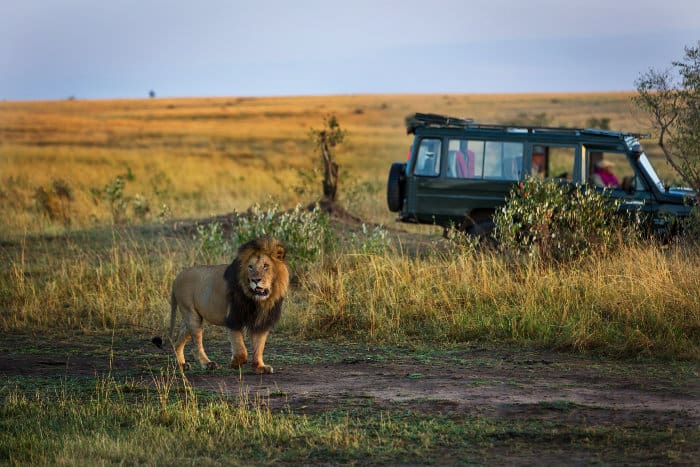
Later in the article we will discuss all the variables, including transport, accommodation, season, activities and more. You will learn some easy tips for reducing your safari costs. But these pale into insignificance in comparison to this…
African safaris cost less when you book with a local African safari operator .
Local safari operators , whether in Tanzania or Botswana, are the experts. They will be guiding your safari, whether you book direct or via an international travel agent. Local operators operate on a budget. They have low overheads and employ local people on local wages.
Compare that to any travel agent in your home country. Or to any major online travel agent. All travel agents have big overheads and big wages, so they need to make more money.
Every travel agent makes money through commission . You pay them for a safari. They keep 25-50%. And pass the rest to the local safari operator.
Book a USD 300 a day African safari with a travel agent and you will get a USD 200 a day safari. But book a USD 300 a day safari directly with a local tour operator and you really will get a USD 300 a day.
Many people don’t trust local tour companies. But you can still find reviews and recommendations for local operators, just as you do for travel agents.
Some people visit Africa, haggle over the price of everything, and complain that they are being ripped off. But the same people are very happy spending thousands of dollars on staying in hotels owned by multinational corporations, and using travel agents who funnel their profits to shareholders.
Book with a local operator and you will get a better safari for a better price, plus more of your money will be used to support the local economy .
If you need assistance then we have a partnership with a pan-African expert who can connect you with trusted local safari operators.

Lodges will often have two areas: one with bungalows/rooms, and another with campsites or tents. The second option is by far the most cost-effective (unless you are looking at “Luxury Camping”, but we won’t go into that here). Prices are reasonable, where you’ll only pay a small fee of as little as $5-15 per day to put up your tent and use the ablutions.
Additionally, another advantage of camping is that you’ll be inherently closer to nature . Especially at night, when nocturnal animals roam by your tent or bizarre sounds haunt your sleep.
Your most common visitors at night will be sneaky hyenas and common bush babies . Moreover, it is not unusual to hear lion calls from a distance.
A personal experience from Michael Theys

“I’ve personally experienced some interesting events on various occasions. One time, there was a huge bull elephant right outside my tent window. It was such an intense feeling. Besides being exciting, it was also a little intimidating. You could hear this tremendous animal smashing branches and crunching its food with a ravenous appetite. I was praying he wouldn’t suddenly decide to play with my tent! 🙂
Luckily, as you can tell, I’m still alive and well! I imagine that you might be figuratively jumping up and down on your seat as you read these sentences, but don’t worry. Many facilities are fenced off , and if not, they are guarded by armed men (quite often Maasai warriors in East Africa).
Regarding food, pay attention as this part is very important. Be on the look out for baboons and vervet monkeys that have a tendency to come and steal some of your belongings for themselves. Never leave anything lying around! There’s a good chance that what you leave misplaced will be gone in an instant.”
Planning a camping safari
The only downside to camping is that it demands more organisation and effort . On some safaris you will have to take your own camping equipment with you.
In some cases however, equipment may be provided at the camp itself. You will need to bring your own groceries, though some facilities have their own shops (i.e. Skukuza, inside Kruger National Park). You’ll also have to cook your own food (eating at the restaurant is an option), and drive your own car in the game area.
Then there are camping safaris organised by tour operators. These are popular budget safaris in East Africa. An operator will bring all the equipment and use public campsites , which keeps costs down.
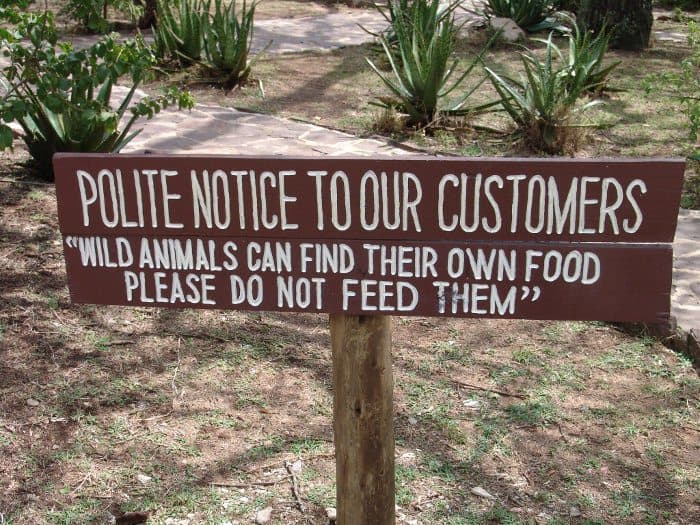
Bed and Breakfast Formula
One alternative to camping inside the park is to stay in the vicinity of the reserve . It’s not as unique an experience without the wildlife roaming around, but it can be a sensible choice if you’re on a tight budget.
Usually, there are a number of options available, ranging from hotels to hostels and guesthouses. Some hotels even have an impressive view overlooking the reserve itself, which is a great bonus as it gives you a flavour of the bush.
Residents vs Foreigner Fees
As you might expect, tourists are charged more than the locals to enter a conservation area. In most places the price difference is significant.
For instance, park entrances might be as low as $2 for a resident and as high as $100 for a foreigner . A place like Ngorongoro Crater in Tanzania charges $80 per person and $200 per vehicle .
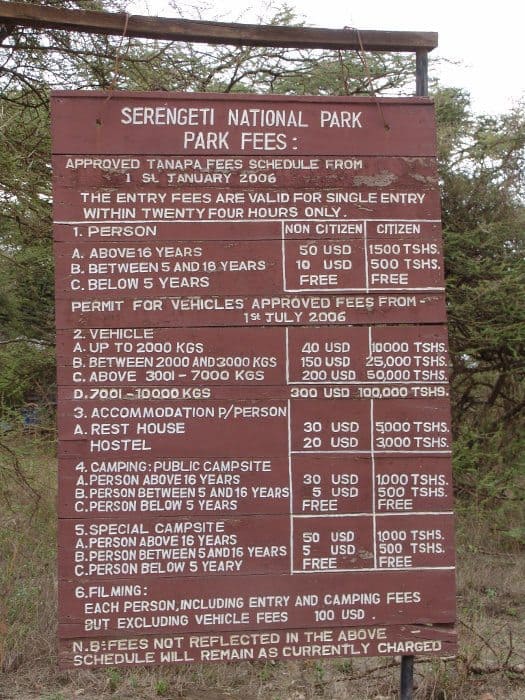
Africa Freak tip : If you’re on safari with friends who happen to be residents, it’s sometimes possible for you to enter as a local and pay the resident fee. Stay in the car, remain quiet, and let your pals do the talking.
It’s not always successful, but it’s worth a shot! 😉
How Much Does a Safari Cost (High vs Low Season)
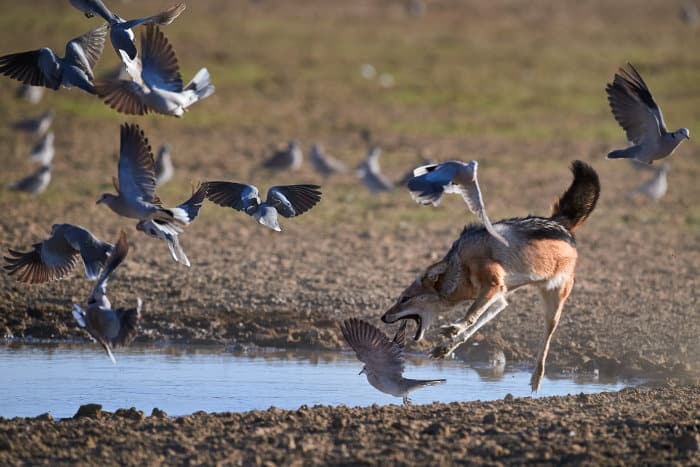
Dry season months are peak season for tourists and safari attractions in East Africa. In Southern Africa, peak season is during the cooler drier winter months.
Make sure that you have your reservations prepared well in advance , as places are often fully booked months beforehand. In South Africa for instance, areas of the Kruger are reserved up to a year ahead of time.
If you’re looking for a cheaper safari, try to plan your trip during the low season when the game viewing isn’t as good.
But “not quite as good” is a relative term. Whenever you visit, a safari is a magical experience. You can experience incredible sightings during the rainy season or tropical summer months.
In the dry season , wildlife must congregate around waterholes, which makes it easier to spot. But that doesn’t mean it disappears during the rest of the year. It’s still around. You just need to look a little harder. In some places of East Africa, when it really rains, dirt roads become impassable and several facilities are forced to close down.
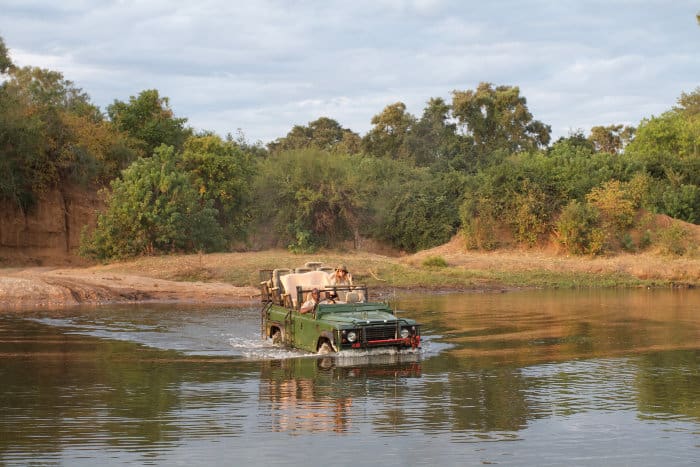
Driving your own vehicle or renting a car for a safari might be the cheapest available option, especially in Southern Africa. Park roads are well indicated and it’s possible to buy local maps at the entrance.
However self-driving is not always possible . In private game reserves and certain nature reserves, you can only go on safari with cars provided by the lodge or park.
How Much Does it Cost for an African Safari?
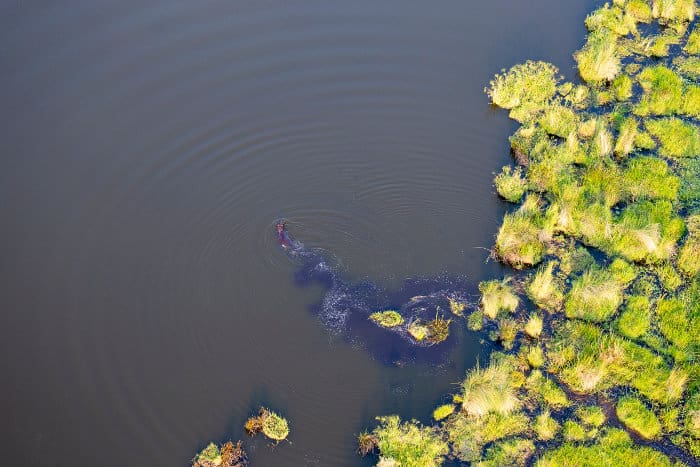
Like all vacations and all unique experiences, the price of an African safari varies person by person . So instead of thinking about how much does an African safari cost, how about switching the question to something more meaningful.
Our recommendation is to think about how much is a safari worth to you .
An Africa safari is an unfiltered connection with the greatest wildlife and wildernesses on the planet. Africa is Africa – you can’t have the safari experience anywhere else!
There truly is nothing like it, this chance to go eye to eye with the greatest animals to walk our planet. Not only is an African safari an incredibly personal experience, it’s an experience that will change how you view the world .
So how much is that worth?
About The Author
Editorial Team
Related posts.
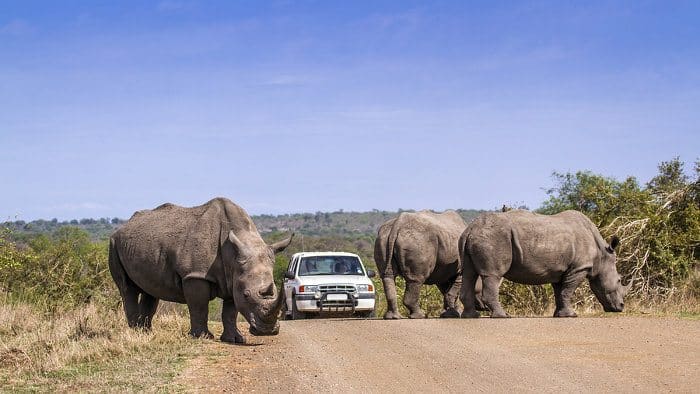
10 “lekker” ways to go on safari like a South African
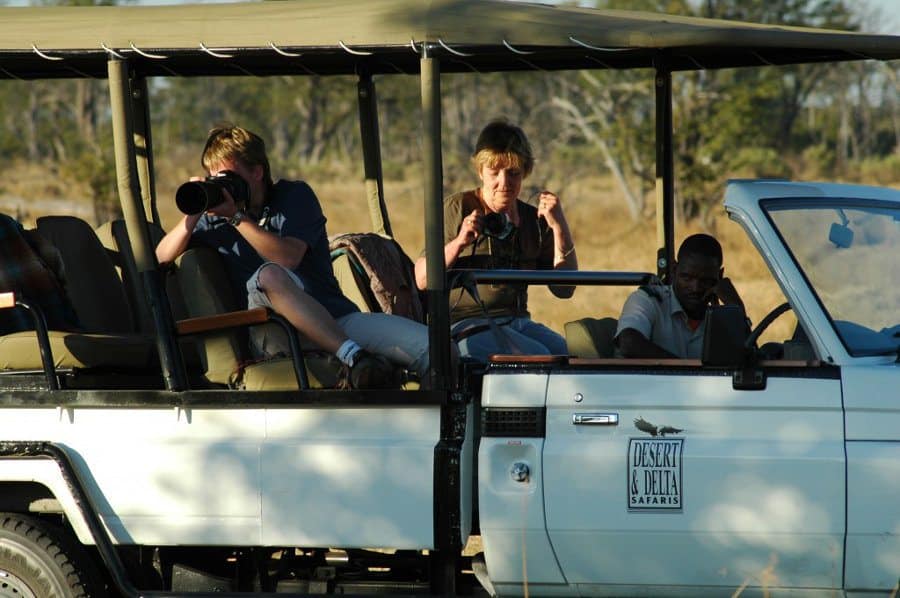
8 essential tips for an unforgettable African safari
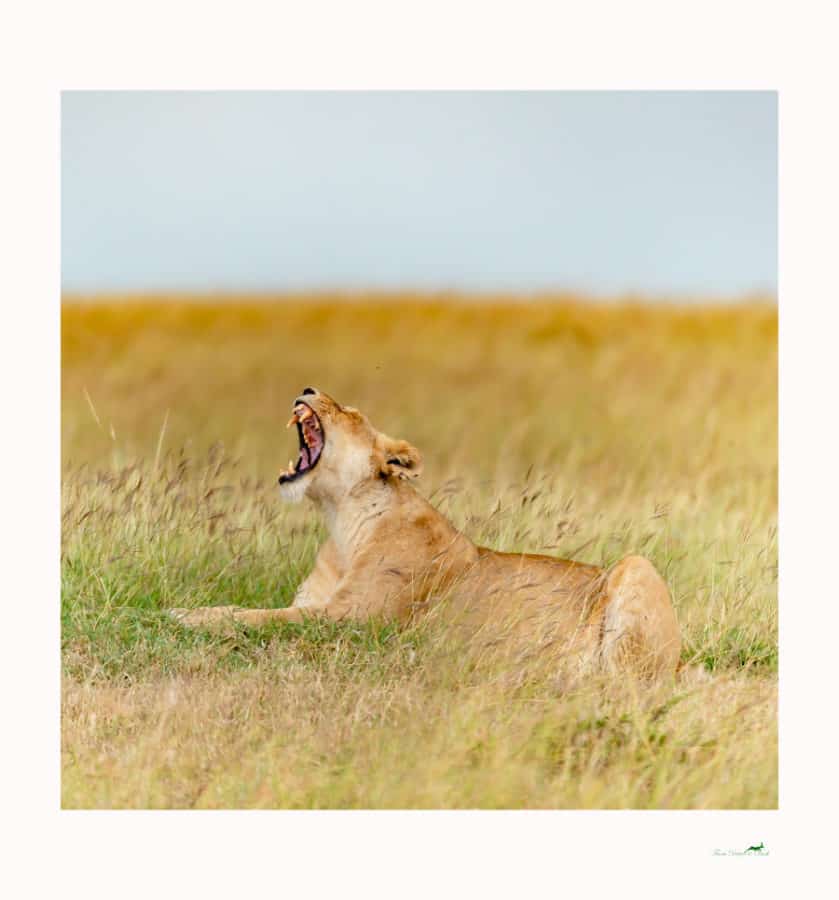
African safari simplified: Africa for beginners
Leave a comment cancel reply.
Your email address will not be published. Required fields are marked *
How Much Does an African Safari Cost?
An African safari costs anywhere between $125 and $1,500 per person per night. A budget safari averages $150 per night, mid-range $350 and luxury $750 . The extreme top-safaris can easily go up to $1,500 per night, or more! There is literally a safari to suit every budget.
Safari Costs (Per person per day)
The costings table here gives an instant overview of how much the average safari in each country will likely cost, allowing you to quickly choose the destination you can afford. Trips on our platform range from 1 day to 29 days in length.

Rates in USD $ Excluding additional costs, such as international flights, tips and personal items
Additional Costs Explained
The following list covers a few additional costs – some obvious, some less so – that you might need to add into your overall budget.
International flights
To keep costs down avoid flying during school holidays. Secondly, don't fly direct. Doing so is almost always more expensive than transiting a third country.
Rules and regulations vary by nationality and destination country, but all East African and many southern African countries charge for visas. Normally this is in the range of US$30-50 per person.
Accommodation
Check your flight schedule. If you arrive in the afternoon your tour may start the next day and so you might need accommodation before the tour start. The same rule might also apply at the end of your safari if you have an early morning flight.
Vaccinations
Health-wise you will probably need several vaccinations before arrival in most safari destinations. Malaria is widespread and a serious risk – it's recommended to take anti-malarial medication (seek advice from your local doctor).
Tips for drivers, waiters, room staff and guides can quickly add up. Bring a couple of hundred dollars in smaller bills to cover tips. To give you a hint: US$15 per person per day.
Travel Insurance
Don't even think about skipping this. A decent policy can cost anything from $50-$175 for two weeks.
8 factors influencing the cost of a safari
Now you’ve considered the additional costs you can start to look at all those other variables that can influence overall safari costs.
How many days you want to do a safari
We hardly need to state that the length of time you spend on an African safari has a direct impact on how much it’s going to cost you. And the more days you spend on safari (with the same company), the less you’re going to end up paying on a per day basis.
When you want to go
Visiting much of Africa during the school holidays costs more than going outside the holidays, but other local factors can also impact the cost of your safari. The majority of African national parks have periods when the wildlife spotting is better than other times. If you want to keep costs down, try visiting during a park’s off season. While this can mean less visible wildlife and, if it’s the Wet season, occasionally washed out roads, it does bring significantly lower prices, less tourists, and gorgeously lush countryside.
Where you want to go
Many people are surprised to discover that much of southern Africa, where park infrastructure is often better and self-drive and camping safaris easier, offers a cheaper safari experience than East Africa.
What level of accommodation you are comfortable with
As with any holiday, accommodation is going to eat up the lion’s share of your budget. Starting at the very top are the highly exclusive, tented camps often found in private or community conservancies. Deliciously romantic they might be, but there’s no getting away from the fact that these places cost a fortune. In high season many come in at a cool $2,000 per night for two people.
The location of the accommodation
One good way of saving money is by staying outside of the parks. The problem with doing this is that you’ll normally miss the first dawn light or the glow of dusk. Both of which are the prime animal spotting times.
How to get around
Most camps and lodges offer morning and evening safari drives. At the very top-end places these will be conducted in custom-made luxury safari jeeps. At the opposite end of the spectrum come the pop-top minibuses used by many budget safari companies. Be careful with these. Some companies make sure that every seat in the vehicle has someone sat on it and if you get a middle seat you won’t see much.
How exclusive you would like your experience to be
Head to big name parks such as Kruger in South Africa and you’ll find lower prices, but also tarmac roads and masses of other people. By contrast, head to one of the private concessions in Botswana’s Okavango Delta and you’re guaranteed peace and tranquility, but at a price.
Specific requirements due to interests or hobbies
National park boards are fully aware that people are willing to pay more to see a cheetah than a hornbill (a type of bird). Visiting a park with an abundance of large and visible mammals will invariably cost you more than visiting a small, low-key park where the wildlife attractions are more specialized. If keeping costs down is important then limit your time in big-name parks and instead get excited by the birds and the bees in the smaller, lesser known protected areas.

Ready to find your Dream Safari?
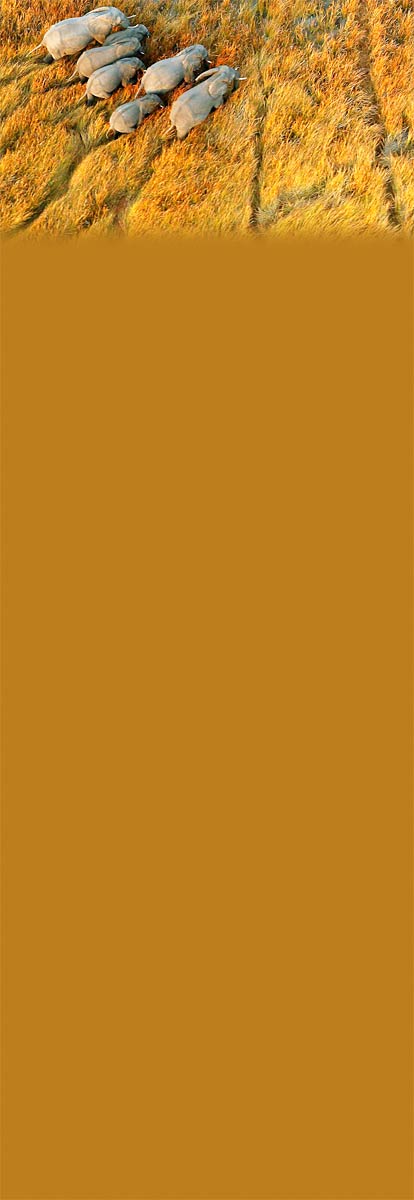
Related Searches
- Botswana Safari Costs
- Kenya Safari Costs
- Namibia Safari Costs
- South Africa Safari Costs
- Tanzania Safari Costs
- Uganda Safari Costs
- Zimbabwe Safari Costs
- Zambia Safari Costs
- South Africa
- The Ultimate Safari Planning Guide
- Safari Packing List
- Safari Luggage
- Safari Budget Guide
- Safari Reading List
- First-Timer’s Tips
- A Typical Day on Safari
Africa , Botswana , Kenya , South Africa
How much does an african safari cost.

When planning a safari , one of the most common questions is “How much does a safari cost?” I also regularly hear “Is it possible to go on an African safari on a small budget?” Well, never fear. We’ve got all the information you need to plan your safari right here!
This post splits out a typical safari budget for the most common wildlife destinations in Africa, as well as across the world. We also describe the factors and considerations that impact the price you can expect to pay, as well as those all-important hidden costs you might not have thought to save for.
Typical Safari Costs by Destination
The tables below show what a guest might expect to pay per person per night, depending on the service level you choose in each country. You can see a full explanation of my service level grades further down the post, here .
A Botswana safari may be considered one of the most expensive safaris in the world, but it’s also one of the best.
Home to incredible safari destinations such as the Okavango Delta and Chobe River, the wildlife sightings are second to none, but it’s the Botswana hospitality that makes it really special.
Prices are based on the ‘from’ prices for a low-season stay, when booked with Go2Africa .
One of the most traditional safari destinations in this list, Kenya is on the bucket lists of many travellers. The country’s Masai Mara national park is one of the best places in the world to see big cats, while Amboseli is home to the largest population of African elephants too.
As wildlife tourism is one of the most important revenue streams to the country, lodges here can afford to charge their worth. Make sure you know how much to budget per night using the table below.
You’ll have plenty of opportunities to see the Big 5 in Namibia’s famous game park at Etosha, but what makes this country really special is the unspoilt and sandy landscapes of the Namib desert and Skeleton Coast.
Like its southern African cousin, South Africa, Namibia is a more budget-friendly option if you’re looking to try a safari for the first time or are simply trying to save those pennies. Of course, high-end lodges are still available if you want something a little more luxurious. Find out more about what to budget below.
A country famous for its opportunities to see gorillas in the wild, Rwanda may not be the most traditional safari destination, but it is one of the most biodiverse. Volcanoes National Park is home to over 600 gorillas as well as plenty of other rainforest species you won’t find in other countries.
Rwanda has a smaller range of safari lodges available in a more concentrated space. As a result, prices may be a little higher than in other areas of the African continent. Work out your ideal budget in the table below.
With tourism contributing a huge amount to South Africa’s income, there’s plenty for visitors to do here. From adrenaline activities on the southern coast and wine tours in the valleys, to incredible wildlife sightings in the east and north, South Africa is a dream destination for many.
It’s also a budget-friendly holiday for first-time safari goers, families and those after a bargain. Though luxury experiences are available (and incredible with it!), there is also a good variety of cheaper lodges to choose from here. See below for more budget information.
If you’re currently picking between South Africa and Botswana as your next safari destination, check out our guide next!
Home to the Serengeti National Park and Ngorongoro Crater, Tanzania is an extremely popular location for an African safari. Lucky guests have the opportunity to spot all of the Big 5, with viewings of the big cats being especially plentiful.
Despite the high demand, Tanzania is still a reasonably expensive destination, also thanks to the high number of luxury lodges on offer. Work out what to budget using the table below.
Primates fans are in for a treat in Uganda. Like Rwanda, Uganda safaris are focused on the country’s population of gorillas living in the Impenetrable Forest of Bwindi. Chimpanzees, vervet monkeys, colobus monkeys and many other species are just as exciting to see.
For those wanting to see the Big 5, sightings in Uganda aren’t quite as plentiful as in other countries, but this makes them even more exclusive. Find out more below.
Aside from the incredible opportunities to spot wildlife in Zambia, there is a lot to keep visitors entertained. Though a landlocked country, two of Zambia’s most famous attractions are water-based – the spectacular Victoria Falls and the Zambezi. Make sure you visit both while you’re in the area!
Like most other African destinations, Zambia can be a relatively expensive place to go on safari, but there are still bargains to be found. Discover what you can expect to spend in the table below.
Like its northerly neighbour, Zambia, Zimbabwe offers a range of natural wonders to see alongside its wildlife. Head to the border to view the thundering Victoria Falls, or Mana Pools and Hwange National Parks for game-rich safari sightings.
There are many tour companies that operate in Zimbabwe for the budget conscious, as well as lots of higher-end options for those with more to spend. Have a look at the table below for a guide.
What Impacts the Cost of a Safari?
If you are considering a safari, but want to know how to keep costs down, it’s helpful to understand the aspects that contribute to the overall cost.
Where you go
As you’ll have seen in the tables above, the price per night can vary greatly between destinations. This can be due to demand, the availability of lodges or simply, like any other type of travel, some countries are cheaper than others.
That said, even within countries the price of destinations can vary between game parks and private reserves. So even if you find one park in Kenya too expensive, try another, lesser known park, and you might be surprised at the value.
When you go
Again, rather expectedly, prices vary with the seasons. In peak season when demand is high and the wildlife viewings are plentiful, prices are high to reflect this.
The budget-conscious should consider visiting an area in the low season to enjoy cheaper prices. However, they should also be aware that some lodges and national parks close in the rainy season to allow the environment to regenerate without human intervention.
Most destinations also have what is known as a ‘shoulder’ season, to reflect the period of time between the peak and off-peak seasons. This is where an excellent balance of value and exceptional wildlife viewing can be found, and is often our preferred time of year to visit Africa.
Quality of service
You’ll notice I’ve included four different service levels in my safari budgets. Because, believe it or not, you get what you pay for! An explanation of the different service levels is given below:
- Budget – On a budget safari, you’ll probably be sleeping on the floor in a sleeping bag, and have to use the forest as your toilet. Some tours may call this ‘overground safari’ as you’ll likely be transferred between various national parks and campsites on a coach or bus, which then doubles as your safari vehicle.
- Mid-range – Mid-range safaris are likely to offer a slightly more comfortable tented option, with furniture, flush toilets and warm water provided by the lodge staff whenever you need it.
- Luxury – Luxury lodges offer rooms more like city-based hotels than other options. Guests may still be in canvas tents, but they’re likely to be in permanent camps with fully functional bathrooms, housekeeping and communal areas offering restaurant-quality food and service.
- Super Luxury – With a super luxury option, you can expect ridiculous levels of luxury. Think: personal butlers at your beck and call every hour of the day, champagne included with every meal, helicopter transfers… the works.
How long you go for
The longer you go for, the more you’ll pay. However, you may find your per-night price gets cheaper when you stay for longer. This is because the lodge has longer to prepare for another guest to arrive in your place. So it may seem counterintuitive, but it’s always worth staying in one place for longer rather than switching between lots of lodges in quick succession to find a good deal.
Other Costs You’ll Need to Consider When Booking a Safari
It goes without saying that your per night price isn’t the only money you’ll need to consider when planning a safari. Transport, visas and sustenance also need to be budgeted for.
Thankfully, we’ve given a guide for each of these additional costs below.
International Flights
Unless you are lucky enough to live in a safari destination, you’ll need to pay for international flights to reach it.
Prices for these vary greatly, owing to the distance you’re travelling, whether or not the flight is direct, the date you’re travelling, the taxes owed in your place of origin and the service level you choose for your flight.
Keep costs down by choosing an economy flight, redeeming any air miles you may have collected, opting to fly mid-week and being flexible with routes.
Sky scanner is a great place to start when planning any flight.
Internal/Domestic Flights
Of course, once you reach the international airport, you might still be far from your final destination.
Most safari destinations have dedicated airlines with fleets of small planes that are able to take off and land on runways in the middle of game parks, such as Safarilink in Kenya and Mack Air in Botswana.
Other destinations like South Africa have more established airports close to game parks, meaning the choice of airlines is higher. You may be able to find a good deal as a result.
Visas
Depending on the agreement between your country of origin and your destination, you may need to arrange visas in order to legally enter.
Take a look at the foreign office in your country for more details. The British Foreign Office (FCDO) website can be found here .
If you don’t need to fly to reach your final destination, you may still need to stump up for road transfers.
In South Africa, Ashtons is a great choice to move between Johannesburg and Hoedspruit (the gateway town to Kruger). This minibus is relatively cheap but it does take a while to reach your final destination.
Look out for other minibus or transfer companies in the destination you’re staying in, and you may find a good deal!
Food & Drink on Certain Board Basis
Depending on the board basis of the lodge or accommodation you’re staying in, you may need to budget extra for food and drink.
Most safari lodges include food and house drinks in your nightly rate, but imported drinks like champagne, cocktails or other premium spirits may require an additional charge upon checkout.
Again, this cost completely depends on where you are staying, so make sure you fully understand what the additional cost for this may be before booking.
One of the largest expenses that many safari goers forget is the tips. Tips are an entirely personal choice, but customary in most safari lodges. The amount can vary depending on the service received, who you are tipping and where you are, but as a guide to tipping on safari:
- Guide – 5-10 USD per person per day.
- Tracker – 5-10 USD per person per day.
- Butler – 5-10 USD per person per day.
- Lodge staff – Each guest may give up to 10 USD per day to the lodge staff as a whole.
- Transfer drivers – up to 5 USD, depending on the journey length.
- Restaurants – 10-20% of the total bill.
Accommodation Before/After
After arriving in a foreign country, the internal flights to reach your final destination don’t always work out time-wise. For this reason, you may also need to budget for hotel accommodation either before or after your safari.
For example, when we first arrived in Nairobi, Kenya, we opted to spend our first night in Eka Hotel before our early morning flight to Amboseli National Park the following day. Equally, on the way back home, we opted to stay at Nairobi Tented Camp ahead of our flight back to London.
In Johannesburg, we have stayed in both Safari Club and City Lodge at O.R. Tambo Airport ahead of international or regional flights.
For the best deals with free cancellation, visit Booking.com .
Safari Gear
Though you will be able to wear most of your own gear when heading on safari, there may be a few items from the ultimate packing list you are missing.
For example, if you don’t already own a beanie or a sun hat, you might regret it when you head out on safari. Equally, if you’re prone to insect bites, you might want to buy some Craghoppers Nosilife clothing ahead of your trip.
Check out my dedicated guide on what to wear on safari for more information.
Gifts & Souvenirs
Many safari lodges have little souvenir shops from which you can buy trinkets to remind you of your trip. You’ll often find clothes, accessories, home decorations and more in these shops.
Owing to the monopoly these lodge gift shops have in the wilderness, souvenirs can be expensive. You may be able to find similar products for cheaper in airport shops, but if you spot something you really want, I recommend buying it right away.
Extra Special Activities
Though game drives and nature walks are often included in the cost of your safari, you may be tempted to upgrade your experience. Of course, this totally depends on what is available at your safari lodge, so it pays to do your research.
Consider saving up for a spectacular hot air balloon trip over the plains in Kenya, or a scenic helicopter flight over the Okavango Delta in Botswana. Bush breakfasts, al fresco lunches and candlelit dinners may be available in your destination and may incur an extra cost. Boat trips or private game drives can also require additional cost, so make sure you budget for these extra special activities if you’re desperate to try any.
So there you have it – the very complicated world of budgeting for a safari! We hope this post has proven that you’ll be able to find a safari destination and lodge no matter what your budget, even if you have to save a little to get there. Just be warned: once you go on one safari, you’ll want to go back!
Anna is the founder of Really Wildlife. She's a 30-something lover of wildlife travel, vegetables and listening to the Lion King soundtrack on full blast.

Travelling Without a Passport
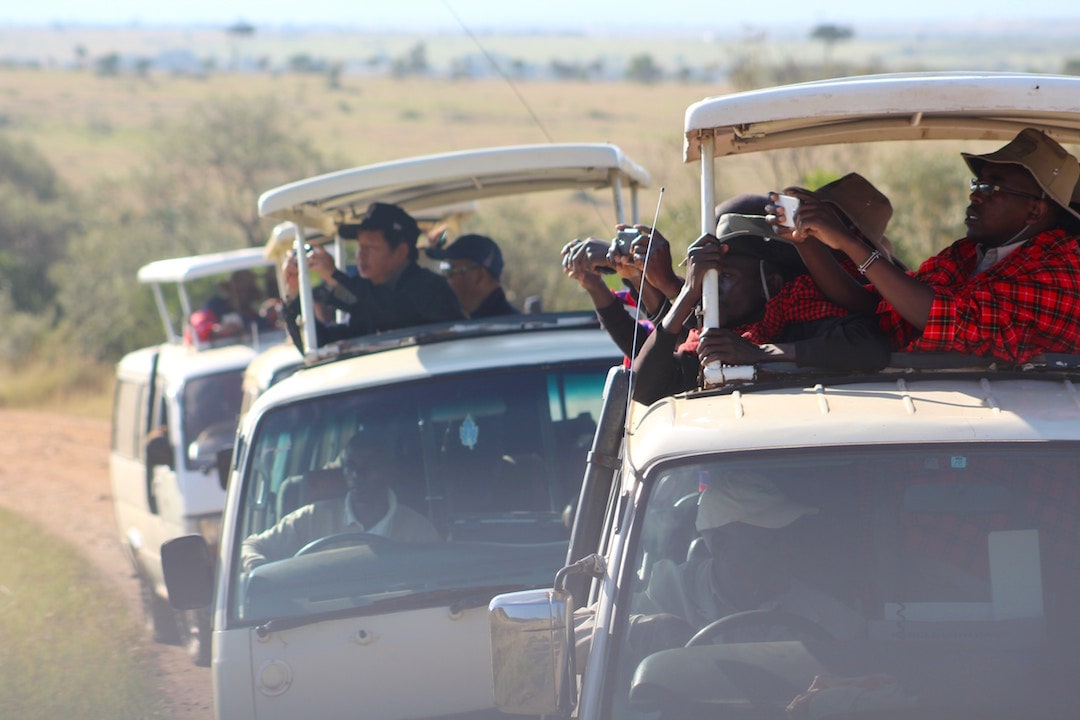
How Much Does an African Safari Cost?

Bucket lists might be fun to create or dream about, but it can be difficult to check everything off your list without taking a massive chunk out of your savings. Touring experiences to the most remote parts of the world – Antarctica , the Arctic Circle, the Galapagos Islands , Everest Base Camp , or even an African safari – were once reserved for travellers with big budgets and even bigger bank accounts. Today, however, this is far from true. Once-in-a-lifetime experiences, including a memorable African safari, are equally accessible for almost everyone, and worth pinching every penny for. If you’ve ever asked yourself how much does an African safari cost? allow us to break it down for you!
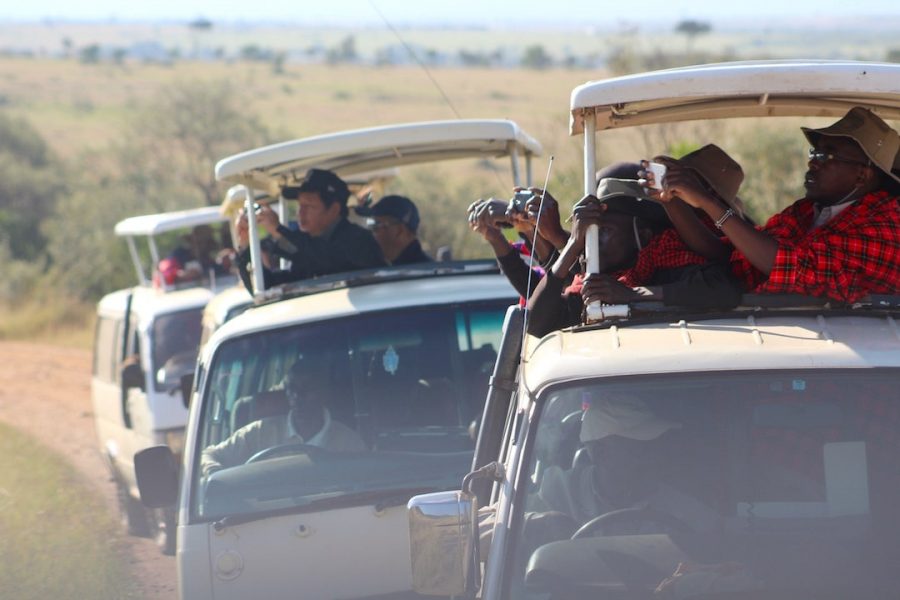
How much does an African safari cost?
Budgets are a difficult topic to tackle, as each one is slightly different for every traveller, and often, budgets fail to cater for any unexpected costs that occur along the way. All you can do is spend as much time researching, planning and preparing as possible.
To help you out, and so you can effectively plan for a safari tour, Lonely Planet’s money guide for Africa suggests the following guidelines:
Shoestring budget
- Daily expenses: up to USD $100 per person, per day
- A dorm bed may cost USD $10-20 per night
- A cheap hotel room may cost up to USD $75 per night
- Street food or an inexpensive meal will cost around USD $5
Mid-range budget
- Daily costs: up to USD $100-250 per person, per day
- A standard double room will set you back USD $75-200 per night
- A meal at a nice restaurant may cost up to USD $20
- Car hire is estimated by Lonely Planet to be around USD $30 per day
See Also: African budget safaris
High-end, or luxury budget
- Daily costs: USD $250+ per person, per day
- Safari-lodge or top-end hotel room: at least USD $200
- Guided safari or 4WD rental: from USD $150 per day
- Meal at a top restaurant with wine: USD $50–100
See Also: Luxury African safaris
Also worth considering, is when you’re travelling with a group tour, in most cases, you’ll have accommodation, some food, transport, and a handful of experiences all covered in the tour cost, so you can set your budget based on spending money, extra food, and optional activities that won’t be included.
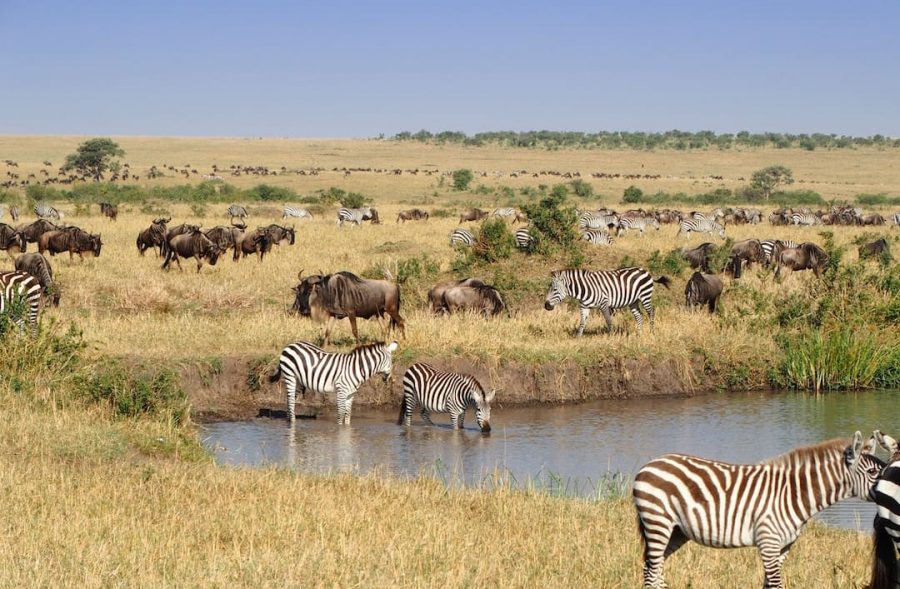
How to save money on an African safari
- If you’re able to get time off work, school, or university during any time of the year, consider travelling either during the low season, or the shoulder season to save a considerable amount on your safari tour. Accommodation is likely to be cheaper, food prices may vary, tour prices often drop if you travel outside of the peak season, and you won’t bump into as many tourists. The downside; you may not see as many animals, or the weather might not work in your favour, but if your budget is tight, this is definitely worth considering.
- Group tours may not be suited for all travellers, so if you’re travelling independently, it is best to look at accommodation just outside of the main national parks versus staying at a lodge inside the park; as these can be quite pricey.
- Depending on how adventurous you are feeling, booking a camping safari is often much cheaper than staying in lodges or hotel accommodation.
- Snacks and food in Africa are fairly inexpensive, but it never hurts to pack a few snacks to have on hand. That way, you won’t get lured into over-priced tourist traps when the hunger pains strike.
- A short safari might suit your budget, but it is worth remembering that a longer tour often equates to a lower cost-per-day.
- Before you travel, always set your budget higher than what you expect you might spend. If you’re planning to travel on a shoestring, aim to save for a mid-range budget. Or, if you’re travelling on a mid-range budget, strive to pocket enough cash to meet the luxury budget just to be on the safe side. That way, you can prepare for any unexpected costs that pop up along the way without taking a nasty hit to your bank account.
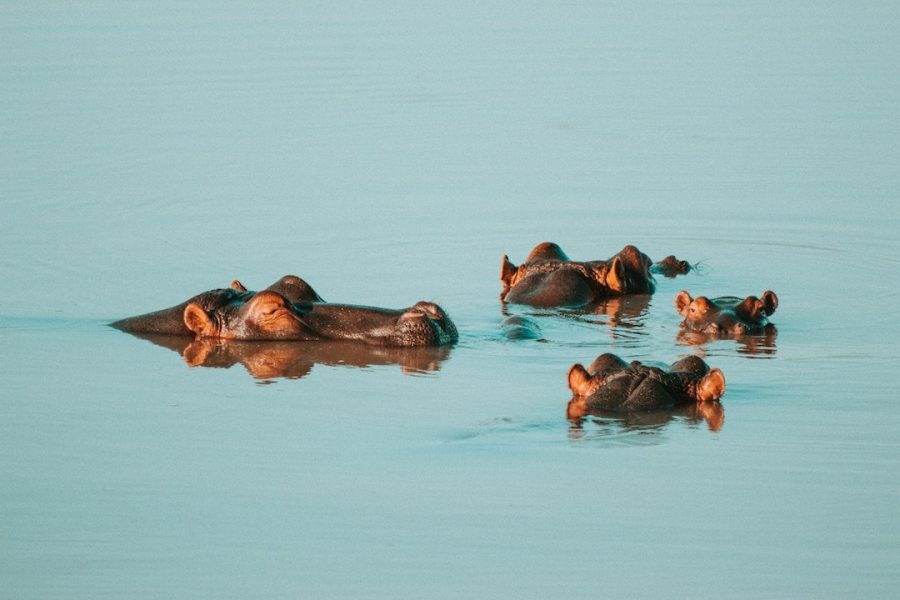
Most popular regions to go on a safari tour in Africa
Southern africa.
Proudly boasting some of the best national parks and a diverse array of wildlife, Southern Africa is waiting to be celebrated and explored. The UN recognises the safari wonderland of Southern Africa to span across Botswana , Eswatini (Swaziland), Lesotho, Namibia , and South Africa . Across this region, exciting overland journeys fill the day, and at night, all that’s required of you is to relax by a campfire and listen out for the sounds of the wilderness.
One mistake you won’t want to make; is to rush through all of the national parks. The region of Southern Africa might seem smaller when compared to West or East Africa, but try to visit a few parks, exploring them in depth while taking advantage of the many cultural learning opportunities along the way.

Best tours in Africa (by length)
East africa.
Standing tall in the middle of East Africa is where you’ll find one of the tallest mountains in the world; Mount Kilimanjaro , but that’s not all the region has to offer. Some of the notable countries in East Africa include Kenya , Madagascar , Mozambique , Rwanda , Tanzania , Zimbabwe , and Uganda to name a few, so you won’t be short of animals to spy on.
Along the floor of the Ngorongoro Crater in Tanzania is where you’ll find thousands of flamingos, or up in Bwindi Impenetrable National Park, you might be lucky enough to come face to face with the mighty gorillas that roam the area. Or, if you’re travelling at the right time of the year, you can witness the Great Migration – one of the most incredible natural spectacles on earth.
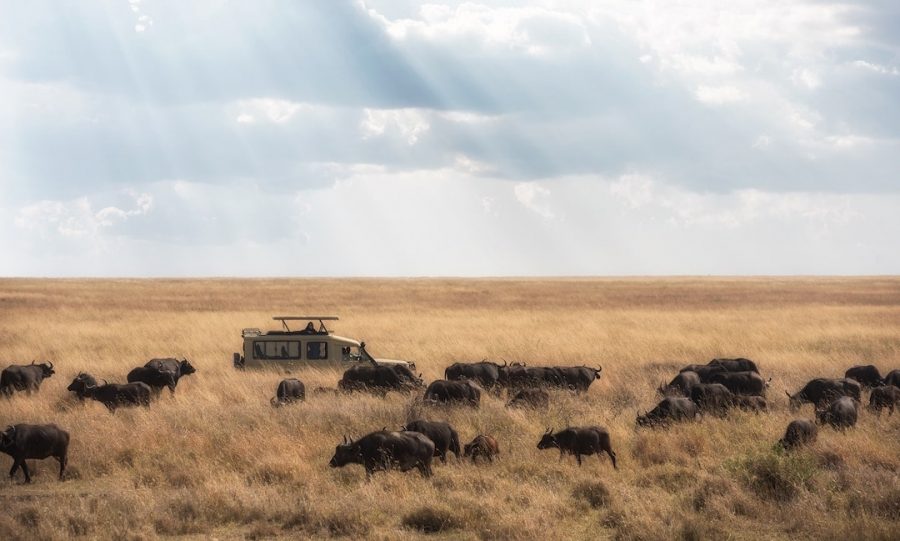
Best tours in East Africa
- 8-day Kenya Wildlife Safari
- 12-day East Africa Safari
- 19-day East Africa Overland Kampala to Stone Town
- 34-day Gorillas, Wildlife and Zanzibar
- 40-day Zanzibar to Cape Town
West Africa
Flying under the radar, West Africa is a filled with lesser-known national parks that are just as impressive compared to the likes of Chobe , Kruger , the Maasai Mara , and other favourite spots. The best part is that the crowds are few and far between, and you’re likely to see more animals than tourists. Ghana ’s Mole National Park is a standout for safaris, and the W National Park, or Parc national du W, is a must-visit as it spans across three countries, Benin, Niger and Burkina Faso.
Some of the fauna you can expect to see includes aardvarks, cheetah, elephants, leopards, lions and warthogs. As far as prices go, travelling across West Africa is considerably cheaper compared to Southern and Eastern Africa.
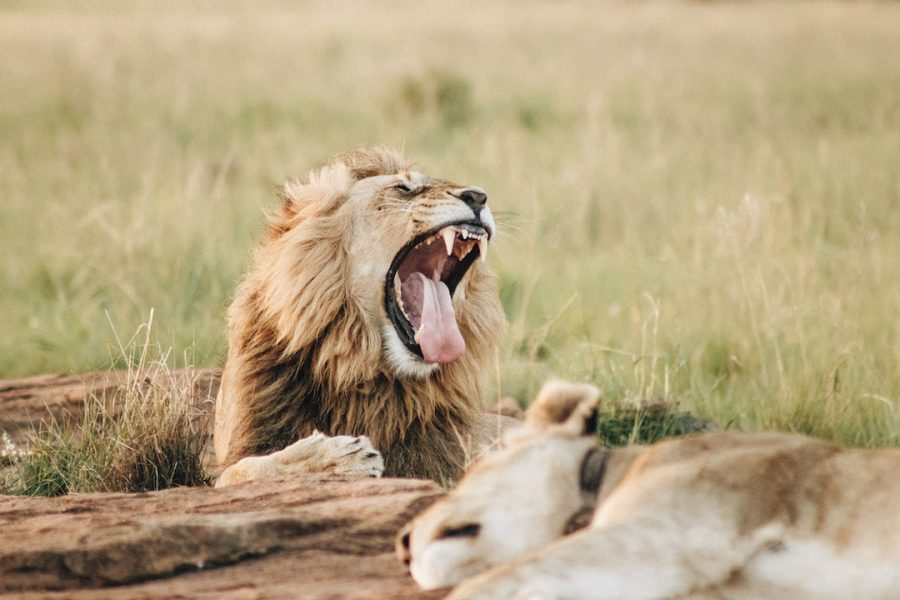
Best tours in West Africa
- 3-day Mole Tour
- 15-day Parc W Safari Adventure
- 23-day West African Atlantic Explorer
- 23-day Dakar to Freetown
- 70-day West Africa Discoverer
North Africa
If you’re looking for an animal-filled safari adventure, then this is one part of the continent that you’ll want to avoid, as most of the large animals are almost non-existent.
See Also: Safari deals
Do you have any safari budget travel tips? Let us know in the comments below!

Gemma Music
Gemma is a travel-lover from Melbourne. When she's not surrounded by the great outdoors, Gemma can be found spending her time with family and friends or planning her next trip overseas.
Related Articles
- North America
Your Guide to Easter Around the World
Easter is a time to celebrate new beginnings. The symbols and...
- Destinations
The Ultimate Seven-Day Itinerary in Egypt
The soft river breeze wafts through my hair as the sails...
Best Safari Destinations in Africa for 2024
“There is something about safari life that makes you forget all...

Your Ultimate Annapurna Circuit Guide
Get unlimited access to the world's best travel stories. subscribe now., privacy overview.
Here's How Much You Should Be Budgeting For An African Safari
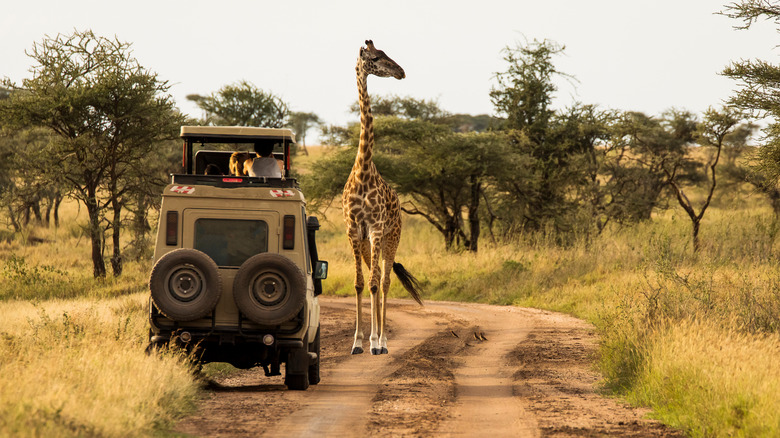
An African safari is a dream vacation for many people, and most know that it's a trip that doesn't come cheap. A safari is often a honeymoon splurge or vacation that people spend years saving for. And the industry is booming, with Grand View Research reporting that the safari market was worth over $30 billion globally in 2021 and is expected to grow steadily. But just how much do you need to go on safari? Can it be done on a budget?
The cost of your African safari will depend on a large number of factors: where you go, the type of accommodations you choose, and what season you go in. According to Safari Bookings , the cheapest way to go on a safari is to spend the night in a tent in Kenya or Zambia. Here, you'll pay around $200 per night to sleep under canvas. The most expensive way to experience a safari is in luxury accommodations in Botswana, which will set you back around $1,625 per night. This is a huge price range, and deciding what will be best for you can make or break your trip.
An average safari budget
Travel blogger Kiki from The Blonde Abroad recommends spending around $1,000 per person per night on a safari. This might sound like a lot, but as Kiki notes, those $1,000 go a long way and should cover full-board accommodations, rangers and game drives, and conservation fees. And, Kiki states that two nights are often enough in these high-end places to enjoy a safari and go on four game drives, giving you ample time to see a wide range of animals.
ShermansTravel writes about the benefits of taking a higher-end safari too. One is of course that you'll have better-quality accommodations. Another benefit is that you'll do your game drives with fewer people –- usually between four and six guests in a 4x4 as compared to 11 or more with a more budget option. This means you'll have better views and a quieter experience. Luxury options also provide well-trained guides and spotters who will ensure that you see as much as possible.
Low-budget safaris
If there's no way your budget will stretch to $1,000 or more per night, it doesn't mean you'll have to count yourself out of going on a safari completely. Go2Africa states that the most affordable countries to go on a safari are South Africa and Zambia, as here you can go on self-drive safaris and stay outside the parks in self-catering accommodations.
There are downsides to this approach though, namely that you likely won't be in the parks at dawn and dusk – prime wildlife spotting times –- and you won't be traveling with a trained spotter, so you might miss a lot of animals lurking just out of sight. Discover Africa suggests going in the off season to get the best prices. However, you're less likely to see animals at these times.
One of the biggest considerations when choosing a lower-budget option should be the impact the park or camp has on the local environment. The Blonde Abroad writes that while more expensive safari packages tend to support conservation efforts, budget options might be more interested in making money than in ecology. If you're choosing to save a little money, don't do it at the expense of the animals you've come to see.
- African Safari Cost: 10 Factors + How We Saved $6,800+!
by Nichole | Last updated Aug 15, 2023 | South Africa , Travel Hacking
For many, a trip to Africa and experiencing an African safari is a once-in-a-lifetime experience. And, it is not cheap if you want a little luxury and modern comfort! How do you make that dollar stretch and drive down that overall African safari cost? What is worth splurging on? What is not? Here are the 10 cost factors to consider and a personal real-life example of how we saved over $6,800 on our Africa trip. Dream trips can be turned into reality!
* Some of the links in this post contain affiliate links. If you make a purchase through these links, we may receive a small commission at no extra cost to you. All recommendations are from first-hand experience that I feel will deliver value to you! Thank you for your continued support.
FOLLOW & SHARE WITH A FRIEND!
01- Safari Location
02- quality of the safari lodge , 03- low season vs. high season, 04- cost of internal flights, 05- other destinations in the itinerary, 06- number of days spent on safari , 07- national park vs. private reserve , 08- the extras, 09- self-drive vs. guided drive , 10- currency exchange rates , how we saved over $6,800 for our africa trip, #1- airline points, #2- credit card points, final thoughts, related content.
Map of top African safari destinations
Where you choose your safari location will dictate the cost.
For example, Botswana is one of the most expensive safari destinations whereas South Africa and Zimbabwe offer more affordable options.
For more comparisons between all the top 7 safari destinations, check out my article below.
Lion Sands River Lodge fire pit
There are typically 3 price points for safari lodges: moderate, premier, and luxury.
For example, in South Africa, a moderately priced safari lodge in Sabi Sands will cost you around $300-$700 USD per person, a premier lodge will cost around $800-$1200 USD per person, and an ultra-luxury lodge will cost about $2000+ USD per person.
Quite the range. Impeccable service and food and a smaller number of rooms (and thus guests) come at a premium.
We stayed at Lion Sands River Lodge in Sabi Sands, South Africa for one of our safari experiences. It was incredibly luxurious without being pretentious and had some of the best staff we have encountered.
We also had another amazing safari experience at Chobe National Park in Botswana.
We used the Stanley & Livingstone Boutique Hotel in Zimbabwe as our base, which was absolutely stunning. The hotel also offered its own safari drives right on its property.
Stanley & Livingstone Boutique Hotel guest lounge area
To give you a sense of the price points, I constructed a chart comparing the cost of the safari lodges we had researched in the Sabi Sands and Timbavati private game reserves in South Africa.
Motswari (Timbavati/Umbabat): from ZAR 4,959 ($279 USD)
Arathusa (Sabi Sand): from ZAR 7,729 ($435 USD)
Kambaku River Sands (Timbavati): from ZAR 9,834 ($553 USD)
&Beyond Ngala Safari Lodge (Timbavati): from ZAR 10,199 ($573 USD)
Inyati (Sabi Sand): from ZAR 11,305 ($636 USD)
&Beyond Kirkman’s Kamp (Sabi Sand) from ZAR 11,434 ($643 USD)
* Timbavati properties, in general, will be cheaper than Sabi Sand
* Exchange rates are accurate as of 10/5/22. These rates are starting rates and will vary depending on the season.
Lion Sands (Sabi Sand): from ZAR 15,114 ($850 USD)
Londolozi Varty Camp (Sabi Sand): from ZAR 18,645 ($1049 USD)
Savanna (Sabi Sand): from ZAR 12,947 ($728 USD)
Dulini (Sabi Sand): from ZAR 19,129 ($1076 USD)
MalaMala (Sabi Sand): from ZAR 15,730 ($885 USD)
Silvan (Sabi Sand): from ZAR 19,614 ($1104 USD)
Singita (Sabi Sand): from ZAR 32,959 ($1855 USD)
Londolozi Pioneer Camp (Sabi Sand): from ZAR 31,625 ($1780 USD) or the Private Granite Suites (Sabi Sand): from ZAR 33,495 ($1885 USD)
If this is your first time planning a safari, don’t miss my article on how to choose a safari lodge.
We stayed at Lion Sands River Lodge in Sabi Sand, South Africa during the month of September.
If we had stayed at the end of December, we would have paid $250 USD more per person per night. Staying during the peak season will drive the price up dramatically.
For me, the ideal time is picking the shoulder season that still coincides with the dry season.
Courtesy of Shutterstock: small propellor plane in the African bush
Some safari destinations can be quite remote, and others are near well-established airports. The location of the safari lodge will dictate the cost of transfers via plane or car.
We stayed at Lion Sands River Lodge, which is about a 25-minute drive from the local airport, Skukuza Airport. Because of the lodge’s close proximity, transfers were included in our lodge rate.
Plus, Skukuza Airport had direct flights to/from major airport hubs like Cape Town and Johannesburg, which made the internal flights more affordable. The cost per passenger when we went was $480 USD through SA Airlink.
If you are trying to reach more inaccessible lodges, the African safari cost is going to be much higher because you are relying on light charter flights.
2-week South Africa itinerary
If you fly to a destination where the safari experience is the only activity, your cost is going to be higher than if you combine it with more affordable destinations.
The safari will be the most expensive part of your trip.
One reason why South Africa is such a desirable safari location is that it can be combined with places such as Cape Town and the Cape Winelands which are significantly less expensive.
PRO TIP : We offset our African safari cost in Sabi Sands by staying at much more affordable accommodations while in Cape Town and the Cape Winelands. Splurge on the safari experience and then pick more budget-friendly hotels in the other destinations.
You can get incredible value for your money while staying in Cape Town and the Cape Winelands.
We stayed at the highly-rated Derwent House Boutique Hotel while in Cape Town and the adorable bed & breakfast Cape Vue Country House while in Cape Winelands.
Both properties offered incredible value for the money, which drove the overall cost of our trip down.
Derwent House Boutique Hotel in Cape Town, South Africa
Obviously, the more days you spend, the higher the African safari cost.
However, some safari lodges like Singita Kruger National Park will offer a nice package deal such as “Stay 4 Days/Pay for 3.”
Always be on the lookout for these special deals to reduce your African safari cost.
Two lionesses consuming a giraffe in Sabi Snds Private Game Reserve
National parks tend to be much more affordable than private game reserves.
For example, if you stay in Kruger National Park in South Africa, which is owned and managed by the government, the cost is going to be substantially cheaper but much more crowded.
In contrast, if you stay in a private reserve in Sabi Sands in South Africa, the cost will be higher but fewer people and jeeps and more close-up wildlife encounters.
If you want to know more differences between Kruger National Park and Sabi Sands, check out my article below.
Our safari ranger and tracker at Lion Sands River Lodge
What do I mean by “the extras”?
Think tipping, airport transfers, laundry, park fees & permits, premium drinks, etc.
It is important to factor in all fees because they can certainly add up quickly. For example, if you are going to Rwanda to see gorillas, the gorilla trekking permit alone costs $1500 USD per person!
Also, it is imperative to know what is included in your all-inclusive safari lodge rate. For example, some lodges charge for premium drinks.
Laundry service is another factor to consider. You cannot carry much weight in your luggage on those little planes. Packing light is important, which will likely require you to do laundry while at the lodge. Some lodges will include it, and some will not.
That is why I’m a big fan of the incredibly lightweight Anatomie travel clothing, specifically the Kate Skinny Cargo pants . They take up very little room in the suitcase.
An Africa safari is one of the most expensive vacations you will probably take. The staff at these safari lodges go above and beyond to take great care of you. The safari guides are spending at least 6+ hours with you daily to deliver an exclusive experience.
I know this is a touchy subject because every country has a different tipping culture, but please consider showing your appreciation for good service by leaving a tip. Budget accordingly.
It is customary in Africa to tip the staff (but not mandatory).
Courtesy of Shutterstock: Safari jeeps watching a lion
If you want more flexibility and are looking to cut costs, you can do a self-drive safari in certain countries such as South Africa.
For example, in Kruger National Park, many opt to rent a car and drive independently around the park looking for the animals.
Although you have the freedom of when and how long you want to stay in each location, you do not have the expertise and knowledge of a guide who can greatly add to your experience.
Most African countries will quote and charge you in USD. There are a few countries, however, like South Africa and Namibia, that only quote the cost in their own currency.
Because the currency exchange rate is volatile, your US dollar could stretch further if the rate is favorable. The opposite, of course, would be true as well.
Breakdown of how we saved over $6800 USD on our 2-week Africa trip
I am NOT a travel agent who gets discounts on properties.
I am NOT an influencer who gets sponsored free trips.
I work full-time, have limited PTO hours, and take 3-4 vacations a year.
So, how am I bringing my African safari cost down?
Airline and credit card points!
An African safari is usually just one component (and the most expensive!) of most travelers’ Africa itinerary. The key to making this epic trip affordable is knowing where to spend and where not to spend and utilizing airline and credit card points to erase some or all of the cost.
A premier safari experience in Sabi Sands, South Africa for 2 people for 3 nights/4 days costs around $5,400 USD.
So, how did we save over $6,800 for our entire 2-week Africa trip ? 2 ways. Let’s break it down.
Courtesy of Shutterstock: airplane
We used 2 different strategies for the major international legs of our Africa trip:
UNITED POINTS: For this Africa trip, we used 40,000 United points per person (+ nominal $11 USD per person for taxes) to pay for our flight from the United States to Victoria Falls in Zimbabwe.
The cash price per person for the flight would have been $1,121 USD. Our total savings for two people was $2,220. The redemption value was 2.8 cents per mile.
By the way, one strategy for getting a bulk amount of points is to sign up for a travel credit card during a big sign-up bonus promotion, where you have to meet x amount of minimum spend within x amount of months.
VIRGIN ATLANTIC POINTS: For our return flight from Johannesburg, South Africa back to the United States, we used 22,500 Virgin Atlantic points per person (+ $350 USD per person for taxes).
The cash price per person for the flight would have been $888 USD. Our total savings for two people was $1,076. The redemption value was 2.4 cents per mile.
How did we get Virgin Atlantic points? From my Amex Membership Reward (MR) Points.
If you want to know more about travel hacking tricks and how to know if you are getting a good redemption value, don’t miss my travel hacking 101 guide.
Chase Trifecta Travel Credit Cards
What credit cards we used and how we used them:
AMERICAN EXPRESS PLATINUM
We used Amex Membership Reward (MR) points to pay for our international flight home from Johannesburg to the United States.
We transferred 22,500 MR points to Virgin Atlantic at a 1:1 transfer rate. Our total cost was 22,500 points + $350 USD for taxes/fees per person for a flight that would have cost $888 per person.
Our total savings for two people was $1076.
CHASE SAPPHIRE RESERVE
We used 239,138 Chase Ultimate Reward (UR) points to pay for the majority of our hotels on our Africa trip. That saved us a whopping $3,587.07!
When you redeem your UR points through the Chase travel portal for hotels (or flights if you choose), you redeem at 1.5x the rate .
What does that mean?
Pretend you have 200,000 Chase Ultimate Rewards Points, which is equal to $2,000 USD. If you redeem those same 200,000 points through the travel portal, they are now worth $3,000 USD. Incredible value!
THIS IS THE ULTIMATE TRAVEL CREDIT CARD.
An African safari was one of the most memorable travel experiences we’ve had. It can be quite expensive depending on the location and quality of the safari lodge.
You can make it quite budget-friendly by picking cheaper safari locations, going during low season, doing a self-drive safari, and picking a more affordable safari lodge.
Since this was a trip of a lifetime for us and we were celebrating our 10th wedding anniversary, we wanted a little more luxury.
When we started planning our African safari and adding up the costs, it was clear the price for our dream vacation was much higher than our travel budget would allow.
Luckily, because we had started to accumulate airline and credit card points years ago, we were able to cash in those points to erase much of the African safari cost. Those airline and credit card points made this epic trip a reality.
Our Self-Guided Wine Tour in Stellenbosch & Franschhoek
by Nichole | Last updated Apr 4, 2024
South Africa is known for some exceptional wines,...
How to Choose an African Safari Lodge: 11 Things to Consider
by Nichole | Last updated Apr 2, 2024
How to choose an African safari lodge that’s right for you...
7 Top Safari Destinations in Africa: Pros & Cons
by Nichole | Last updated Apr 7, 2024
Your first trip on an African safari will seep into your...
Sabi Sands vs. Kruger: Here’s How to Decide
by Nichole | Last updated Apr 1, 2024
If you are planning a South African safari, one of the...
REACH OUT, FOLLOW, OR SHARE THIS POST WITH A FRIEND!
Questions about how to reduce your African safari cost?
Let me know in the comments below!
Hi there! I was about to book Lion Sands on Chase but cant find it anymore as their booking look up has gotten more complex. What did you use to find it? An airport code?
Thanks for reaching out. I booked 3 out of the 4 Africa hotels we stayed at (Derwent in Cape Town, Cape Vue in the Cape Winelands, and Stanley & Livingstone in Zimbabwe) through the Chase travel portal. Lion Sands was the only one I didn’t book through Chase. I went through booking.com: https://www.booking.com/hotel/za/lion-sands-private-game-reserve.en-gb.html .
I just checked to see if Lion Sands was on the Chase travel portal, and I could not find it either (even with using the airport code, SZK). I’m surprised though because it’s a MORE property, and their other property (Stanley & Livingstone in Zimbabwe) is on there. You could always call Chase just to make sure.
Submit a Comment Cancel reply
Your email address will not be published. Required fields are marked *
Submit Comment

- Northern Circuit
- Western Breach
- Acclimatisation
- Packing List
- Climbing Cost
- Coronavirus
- Visa’s, Vaccinations, Malaria
- Kilimanjaro Blog
- Climb for Charity
- Get A Trek Quote
Tanzania Safari Cost – Budgeting for an Epic Trip
In a nutshell, Tanzanian safari costs can be split into three tiers:
- Budget Safaris - about $200 per day in famous national parks like Ngorongoro Crater
- Mid-Range Safaris - about $500 per person per day in famous national parks like Serengeti
- Luxury Safaris - $1,500 per person per day in famous national parks like Selous
Other important factors that will impact your safari cost are time of year, group size, accommodation, and extra activities during your travels.
But you don't need to grab a calculator just yet. I've done all three safari types through Tanzania before and I'm here to give you my best insights on how much your ideal Tanzanian safari will cost - from the tour itself, down to how much you should tip your favourite porter.
Let's begin.
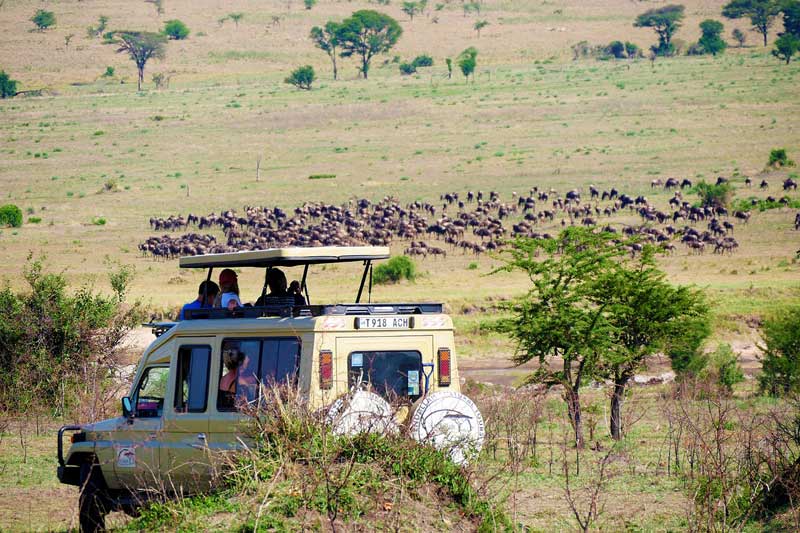
Tanzania Safari Costs FAQs
How can i save money on a tanzanian safari.
Here are a few ways you can save money on a Tanzanian safari:
- Travel in the low or shoulder season .
- Look out for specials and deals for free nights and activities.
- Split costs of the vehicle, guide and chefs by travelling in a group.
- Visit a single country to avoid spending money on additional flights and visas.
- Drive rather than fly between lodges.
- Pack the right safari gear to avoid expensive clothing prices at park and hotel shops.
Travelling to East Africa may look expensive but a lot of options make it possible to plan the trip of a lifetime and stay within your budget.
Read on for a breakdown of how much a Tanzania safari costs and how to enjoy an affordable or luxurious holiday.
How long should I go on a Tanzanian safari for?
I recommend that you go on a Tanzanian safari for a minimum of 4 days and a maximum of 7 days. If you have lots of spending money, you can even go on a safari for up to 14 days and explore other scenic landscapes like Zanzibar or Kilimanjaro .
Remember, the longer you spend in Tanzania, the more expensive your trip will be. More transfer flights also quickly add to the price. For example, it will work out cheaper and make for a more leisurely holiday to stay 3-4 days in two camps rather than spend 1-2 nights in four camps.
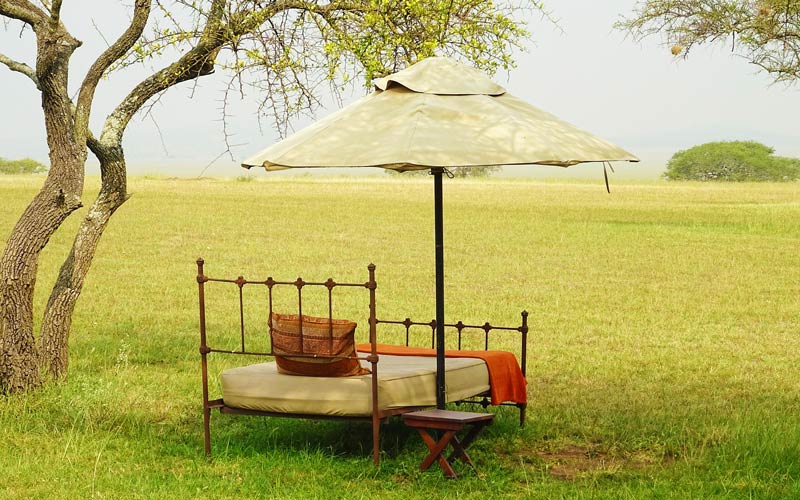
What's the best and most affordable location for a Tanzanian safari?
The best and most affordable location for a Tanzanian safari is the Northern Circuit by far. All these national parks are close together, which makes travelling there by car or airplane much easier in comparison with other national parks in the country.
Here's a quick comparison of the Northern vs. Southern Safari Routes:
Northern vs Southern Safari Routes
Northern Safari Routes usually start in Arusha, Kilimanjaro International Airport and include Tarangire , Ngorongoro Crater and Serengeti national parks.
Southern safari routes start at Dar es Salaam and include the Selous and Ruaha national parks . This safari circuit is generally more expensive as it’s more off-the-beaten-track and fewer flights go to Julius Nyerere International Airport .
For more info, check out our user-friendly Safari Map of Tanzania for the best safari locations.
When's the best season to go on a safari in Tanzania?
The best season to go on a Tanzanian safari is the dry season by far. This is because travelling is easier (the roads aren't flooded like in the wet season) and you can view more wildlife and flora.
See more on the best times to visit Tanzania .
Below is a helpful spreadsheet with info on each Tanzanian season and price ranges:
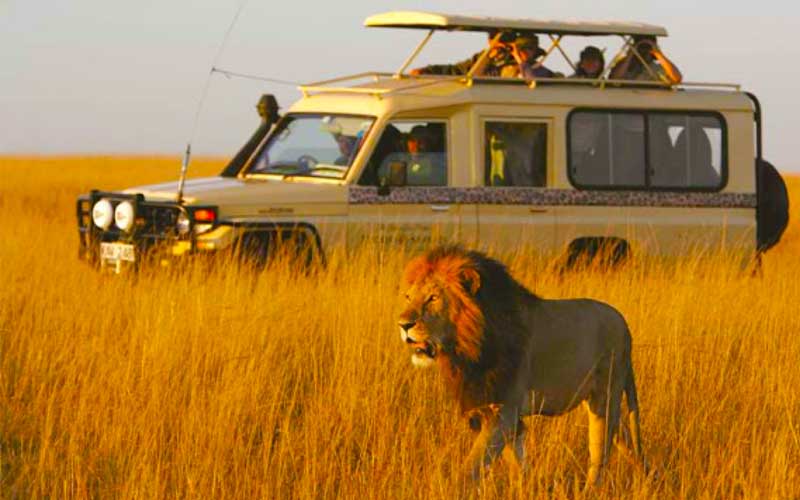
Plan your Safari experience
Get a quote from our recommended local safari operator
Who can plan my Tanzanian safari - me or a booking agency?
Either you or a booking agency can plan a Tanzanian safari.
Here some pros and cons for planning your own safari vs. booking a safari through an agency or safari company .
What kind of safaris can I go on?
You can go on a range of safaris - from group safaris to private safaris.
Whether you are thinking of planning your own trip or are just interested in why a safari is so expensive, the following is a breakdown of various safari expenses.
Please note: The guideline prices further down in the article are mostly based on the peak season (July to October) for the Northern Circuit Parks. Most group or private safari package prices include park fees but may exclude international flights.
Which tour? Here are 7 of my favourite Tanzanian safaris:
- Gombe Chimpanzee Safari (2 days)
- Nyerere (Selous) Budget Game Drive Safari (3 days)
- Group Camping Safari that includes Tarangire and Ngorongoro (4 days)
- Scenic Northern Tanzania Safari (7 days)
- Epic Ruaha Adventure Safari (incl. Mikumi and Selous (9 days)
- Family Luxury Serengeti Safari (starts and ends in Moshi) (10 days)
- Best of Kenya and Tanzania (incl. 6 national parks) (12 days)
See more Tanzania and East Africa safari deals .
How much does a group safari cost?
On average, group safaris cost $200-$700 per person per day.
Group safaris are the cheapest option and a chance to meet new people as you will travel with a group. These tours have a set itinerary and departure dates and there is limited flexibility for your own preferences, so book in advance.
Below is a helpful spreadsheet with more info on group safaris and their costs:
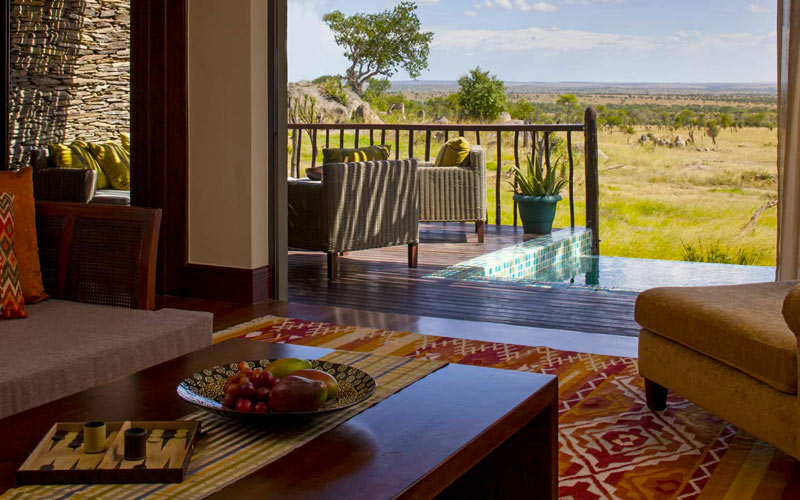
Four Seasons Safari Lodge in the Serengeti
How much does a private safari cost?
On average, private safaris cost $250-$1000 per person per day.
The appeal of a private safari is that you have much more input on your trip. You decide your accommodation type and itinerary preferences.
Some luxury safari packages are all-inclusive of basic drinks such as cooldrink, house wines and spirits and may even include extra activities .
Below is a helpful spreadsheet with more info on private safaris and their costs:
What is a Special Interest safari and what can I do on this type of safari?
A special interest safari is a safari where you can do specialised activities beyond a typical safari itinerary. If you have a particular passion or are looking for a more specific trip, specialised safaris include expert guides that focus on your key interest. You can do a special interest safari by yourself or in a group.
Specialised Group Safaris
Join a group of travellers who share your passion for birds, photography, hiking or a combination of all three! These safaris can also be arranged as private at a greater expense.
Below is a handy spreadsheet with more info on specialist safaris and daily costs per person:
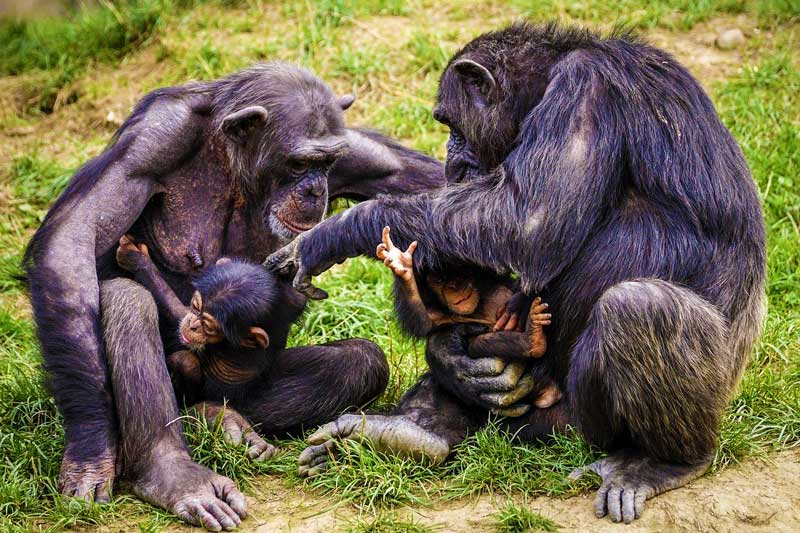
How much do national park or game reserve entrance fees costs? Are they included in safari packages?
Most national parks and game reserves in Tanzania cost $50 and more for adults. Entrance fees are often included in safari packages, but only ones that last for more than a day. If you're only planning on spending a few hours or a whole day at a national park, you only need to pay for the entrance fee.
Park fees are used to fund the conservation management of national parks. Tanzania park fees are some of the most expensive in Africa, so be sure they are factored into your safari package price if you're travelling for more than one day.
Entrance fees are as follows for the major parks in Tanzania:
Where to stay? Here are 7 of my favourite accommodation options for Tanzanian safaris:
- Ngorongoro Crater Serena Safari Lodge (see reviews)
- Tarangire Baobab Tented Camp
- Serengeti Ole Serai Luxury Camp
- Lake Manyara Kilimamoja Lodge (see reviews)
- Selous Africa Safari Camp (near Mtemere main gate and airstrip)
- Sunset Vista Hotel (in Kigoma and close to Gombe)
- Serengeti Mawe Camp
See more Northern Tanzanian safari accommodation options .
How much does safari accommodation cost?
Safari accommodation costs anywhere from $50-$2000 per person per day and ranges from sleeping in basic tents to sleeping in a 5-star hotel.
See more on prices and amenities for hotels in Tanzania .
Please note: Concession fees ($25-$50/day) are usually added to your accommodation bill when staying within a national park. Also, be aware that Ngorongoro Crater has a hefty vehicle fee of $295 for game drives.
Below is a handy spreadsheet outlining the average price per person per night for different accommodation types:
Please Note : When available, laundry services at lodges usually come at an additional cost per item.
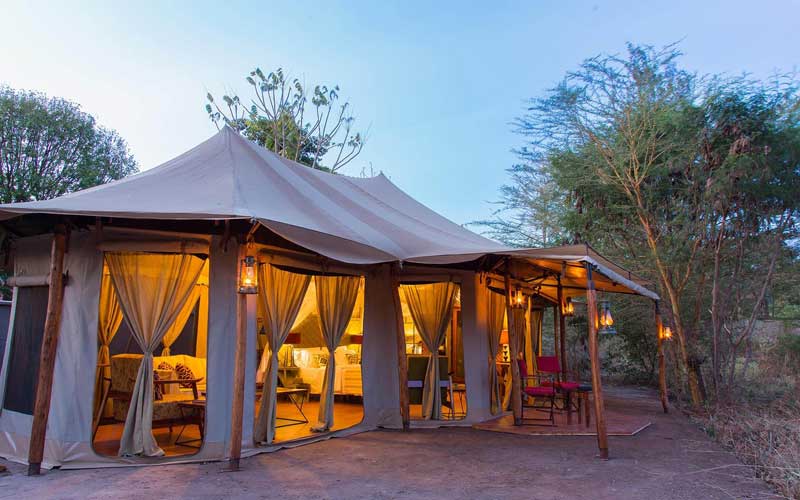
Nasikia Tented Camps in the Tarangire
How much does hiring vehicles and drivers for safaris cost?
Hiring vehicles and drivers for safaris costs about $100-$200 per day. These driving safari costs depend on whether you travel alone or with a guide.
Travelling in an off-road vehicle over dirt tracks is part of the authentic safari experience. Daily rates for hiring a standard 4×4 required to enter the parks are divided into the following rates:
- self-drive - $120
- with a driver - $150
- with driver and fuel - $180
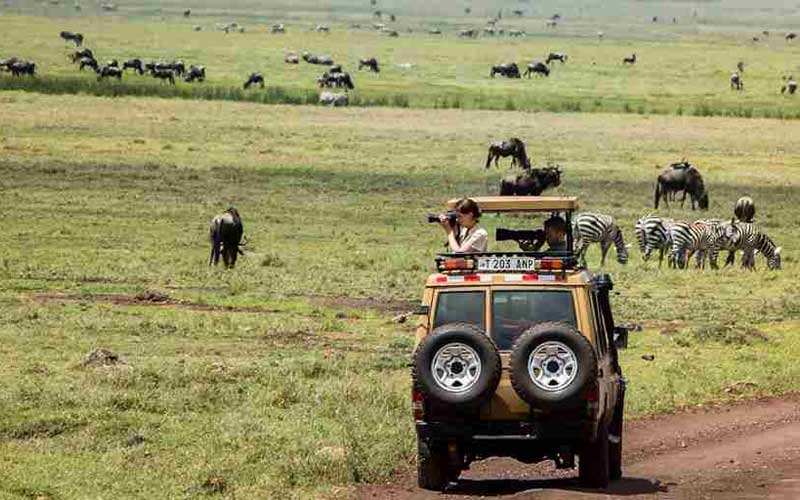
How much do food and drinks cost on a safari?
If food and drinks are not included in your safari package, it will cost you between $10-$20 a day depending on the establishment. However, most food and drinks are included in safari packages and you'll only pay extra for alcohol or Western-styled meals ($50 and upwards).
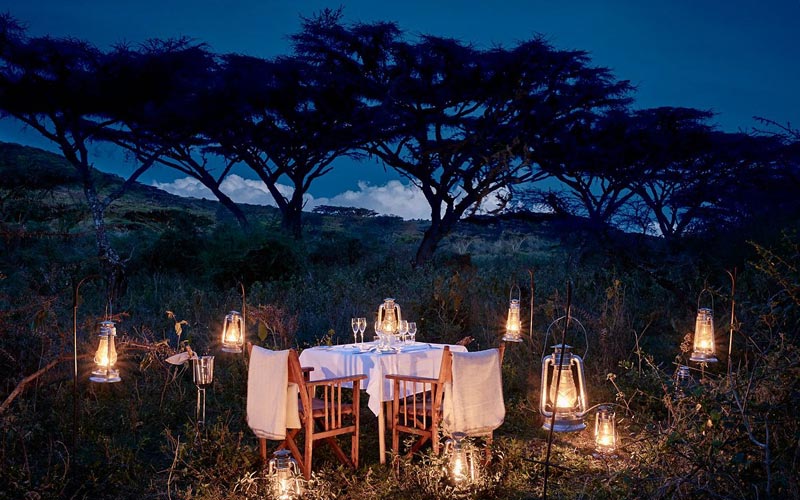
Sanctuary Ngorongoro Crater Camp
How much do optional safari activities cost?
The cheapest optional safari activities cost about $25 while optional luxurious activities cost more than $500.
There is lots to do and see in Tanzania. Various tours and activities give you a break from game drives and let you experience different aspects of this vibrant country.
Here are some of these amazing activities and their costs (per person) from the cheapest to the most expensive:
- Guided walking safari - $25
- Masai Village tours - $30-$40
- Coffee farm visits around Ngorongoro - $50
- Night Safaris - $175
- Full-day hiking and kayaking trip to Lake Chala - $250
- Hot air ballooning - $500-$600
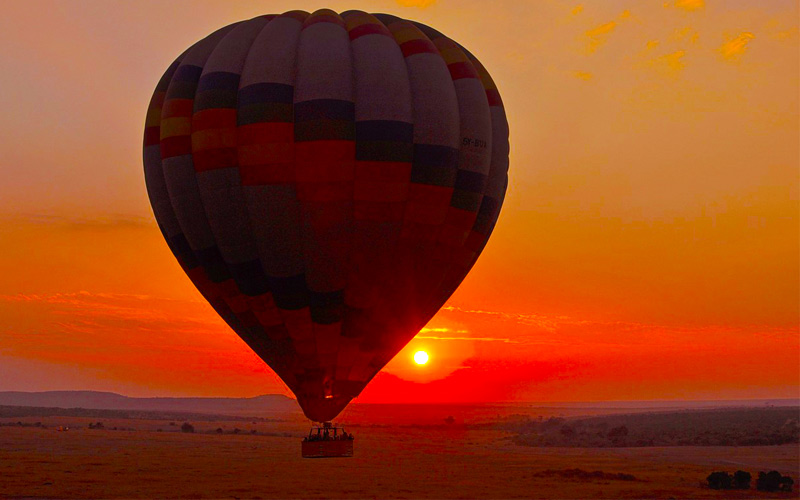
Book a Serengeti Balloon Safari
Get a quote from our recommended local operator
How much money should I take on a safari?
You should take up to $1000 in spending cash after you've made all your bookings in advance. If you go on safari for a week, you'll likely be spending roughly $80-$100 per day.
Although most establishments accept cards, It is good to take along some cash for buying souvenirs, tips and making smaller payments as a signal for card machines is notoriously unreliable.
While most high-end establishments do accept USD, I recommend that you still exchange your money for Tanzanian Shillings before and during your stay.
Should I give tips to porters and guides during my safari?
Absolutely. It is customary in Tanzania to tip staff members who go above and beyond during your safari. However, it is at your discretion, and the figures below offer a helpful guideline on tipping porters :
- Porters - $10 (once-off)
- Hotel / Lodge Staff - $10 (once-off)
- Drivers and camp cooks - $15 per group per day
- Safari guides - $20 per day
How much do Tanzanian visas cost for a safari?
Tanzanian visas typically cost between $50-$100 and you can apply for them online or on arrival at a local airport.
Please note: Tanzanian visas are also valid for Zanzibar but you will need a separate visa for Kenya.
How much does travel insurance cost for safaris?
Safari travel insurance is included with most safari packages and costs around $80 for two weeks. Good travel insurance is essential. Your policy should not only cover medical issues like injury and illness but also insure against flight cancellations and theft.
I threw a lot of figures at you, but you did marvellously! Now, you have all the information you need to plan the best and most affordable Tanzanian safari.
Alison Macallister
With a degree in Nature Conservation and experience working with wildlife including the Big 5, Alison works as a guide for a 5-star reserve. She enjoys sharing her passion for all things nature-related. She enjoys hiking, horseriding, 4x4 driving and kayaking.
Leave a Reply
Your email address will not be published. Required fields are marked
Name * * * * *
Email * * * * *
Get a quote from our recommended local Kilimanjaro operator
What Does A Safari Cost in 2024?
Traveling to Africa is a bucket list trip for many, but also a substantial undertaking, one that’s best planned by an expert . It’s also one where you need to appropriately budget for the kind of experience you dream of for your safari. We take you through some of what goes into the cost of a safari, along with suggested daily budgeting amounts, below.
Trip Cost Is More Than Your Accommodations
Safaris are not a bargain vacation, nor should they be once it’s clear what goes into making the magic happen. From transportation costs (ground and light aircraft transfers) to staff (the team that takes care of you at camp, your guide and possibly tracker, to the people you never see that keep things running) and the logistics of making everything happen (the fresh fruit on your breakfast plate might be grown onsite, or could have traveled by plane or overland truck from the coast to get to you) – it is a well-organized operation that takes considerable resources to make seamlessly happen. Additionally, the lodges we work with and the places we operate need funds for conservation and research – your trip helps to make those things happen.
Additionally, when you work with experts like the team at Africa Adventure Consultants, you are able to tap into a deep knowledge base to help plan your safari. And it’s not just building out your dream trip – we provide pre-trip support that includes services like flight guidance, trip insurance options, packing tips and more, as well as 24/7 emergency support throughout your travels. Also, we are licensed and insured in the United States giving you strong consumer protection for your travel purchase.
Group Trips versus Private, Customized Departures
Do you prefer to travel with an organized group or do you want a safari adventure that is unique to you? While we do offer some hand-selected small group set departures of 7 or fewer people, we specialize in customized, private trips for our travelers. While a small group trip can be a good choice for solo travelers or those on a budget, it’s our customized safaris that allow you to pick and choose what is important to you – what types of lodges or camps you want to experience, whether to visit private reserves or national parks (or both), whether to add on a city or beach escape to your trip and much more. We will work with you to craft a trip that matches your travel style – perhaps you would prefer tented camps to lodges or want to incorporate adrenaline activities into your safari adventure – a customized safari lets you make the most of every day (and night).
With either a customized or a small group safari, you will have the chance to meet and interact with other travelers at your camp or lodge (unless you book fully private accommodations). On a customized itinerary, you will meet new people at each stop whereas on a group safari, you would spend your entire holiday with the same set of people.
We do not sell or recommend large group safaris. Our customized and select small group departures ensure a guide and staff to guest ratio that ensures a wonderful experience for our travelers. Our guides are highly skilled, inspirational people that take travelers’ experiences to the next level. Unlike a customized safari, group safaris have set dates of departure and a fixed itinerary so there is little or no room for flexibility.
On a large group safari, you might find yourself in a middle seat or in a mini-bus. Some customized safaris include a private vehicle, while others do not. Game drives on our safaris are always done in a game drive vehicle (some open, some closed depending on destination and safari type) and we do not offer safaris that use mini-buses on game drives.
The Best Value Isn’t Always the Least Expensive
South Africa and Namibia offer the best value for money on safari in 2024 due to an exchange rate that is very much in favor of the US Dollar, however a bargain experience in these or any other African country might compromise accommodation size and quality (along with your own comfort!),the field experience of your guide, visiting areas that are less rich in wildlife or spending extra time in cities to keep costs down. Furthermore, you might find yourself in a middle seat on the safari vehicle with blocked views of the wildlife you’ve traveled so far to see or staying somewhere unable to accommodate your dietary needs.
Watch Out for Online ‘Deals’
You might see what looks like a fantastic safari deal in your inbox, but buyer beware – these aren’t always what they seem. The price might be based on a group departure of 30 people or include stays at accommodations lacking amenities. Even worse, it could omit mandatory park and conservation fees, which can add up to a few hundred dollars per person, per day; changing the final cost of your safari substantially. You don’t want to be surprised arriving at a camp and finding that you owe four days of park fees to the tune of $600 per person!
Working with an Africa travel expert will ensure that all of the elements of your trip are clearly laid out, and you will be given a full accounting of what is included. It also doesn’t mean you can’t take advantage of seasonal specials or discounts though – ask your AAC Journey Specialist about available specials for your destination.
Guideline for 2024 Safari Costs
While we don’t sell cut-rate safaris for the reasons we outlined above, we will plan you the best quality for the kind of trip you have dreamed of with the budget you have. For 2024 we recommend the following starting budget guidelines for safari. Please keep in mind that pricing varies by destination and season.
Luxury – $2,000+ per person per day Deluxe – $1,000-2,000 per person per day Value – $500 – $1,000 per person per day
Remember that these prices will be inclusive of full-board accommodation (including meals, drinks as indicated in your custom itinerary and most activities), ground transportation, excellent guides, park and conservation fees and a $25 donation to one of our partner charities . Flights and tips are not included in this price.
Are you ready to plan your dream safari with one of our expert Journey Specialists?
Contact us to get started or sign up for our newsletter below to keep in touch.
Photos courtesy AAC Livingstone Club member Brian W., AAC President Kent Redding, AAC Marketing Director Beth McCabe and AAC Livingstone Club members Katelyn B. and Lindsay Grace B.
- Travel Tips
- Uncategorized

How Much Does an African Safari Cost?
It’s hard to imagine anything more exciting than experiencing the wonders of Africa! Whether you want to walk the trails, or travel the waterways in a boat, canoe, or kayak, you can do it in Africa. If you long to see the incredible wildlife up-close, meet new people, or visit the villages and market bazaars, you can do that, too!

In fact, there’s something for everyone, and it’s all just waiting for you on an African safari adventure. So, how much does an African safari cost? We’ll break it down for you; rest assured that you’ll find options for every budget, making this fantastic adventure yours for the taking.
And because you’re a savvy (and ethical!) traveler, as you’re exploring your program and package options, you’re going to want to plan for funds to address the associated impact of the overall African safari cost when it comes to concerns like budgeting.
Things like environmental offset fees, conservation donations, and community-building fundraising to support the needs of this second-largest (and second-most populous) continent are all fantastic reasons to get fundraising, right?
But first, why not start with the basics…
What is an African safari?
Editor’s note: In light of recent COVID-19 developments, we strongly recommend that you heed all CDC warnings for this location in order to avoid localized outbreaks.
The word “safari” comes from the Swahili word for journey. Early safari literature focused on rising early, guided walking tours across the landscape during the day, and setting up camp in the evenings — and doing this repeatedly, over a series of many days.

Some early safaris also focused on big-game hunting…but now (thankfully!) the term primarily applies to adventures undertaken by those focused on observation, sketching, photography, and even conservation tourism.
For this reason, many, if not most, reputable providers will include environmental and conservation or animal welfare fees in the African safari prices they charge. Those seeking meaningful travel adventures should consider ethical practices, travel safety, and social impact on the community when reviewing options for programs and providers.
As you can see, the true cost of an African safari can go far beyond the financial one, so while the goal is to have a wonderful time, you should also try to leave your destination even better than you found it.
And, one more bit of good advice: While it might be tempting to travel to completely unexplored locations for your first safari adventure, the best places for you to visit would include countries with well-established programs.
This would mean exploring locations like Kenya, South Africa, and Zambia (home of the beautiful Victorian Falls!). Those looking for even more adventure might enjoy the opportunity to trek Mt. Kilimanjaro in Tanzania, or a flyover view in Ruaha. Just remember that summit or helicopter fees will add to your overall African safari cost.
Related: FundMyTravel’s Guide to Budget Travel in South Africa
How to calculate the cost of an african safari.

When you look at the overall cost of an African safari, it’s important to include all the kinds of fees (including donations!) you might need to plan for when you’re making your budget and scheduling your trip.
With that in mind, when you’re trying to figure out the range of fees for the safari alone, you will find that it varies quite a bit by location, type, and country.
However, the average cost for a mid-range safari experience is between $125 USD and $400 USD per person, per night , depending on whether or not you’re looking for private sleeping arrangements.
Here are a few other costs to consider:
1. Airfare and getting there
If you’re planning an African safari, the first thing you need to do is get to Africa! When you’re plotting out the airfare portion of your African safari cost, it’s always good to check discount airfare aggregators (like Kayak , FareCompare , and Expedia ), but some individual airlines offer specials that rival the discount programs — with the added benefit of options for nonstop travel .
While visa regulations will vary from country to country, the average cost for a travel visa is roughly $50 USD. The best way to make certain you have all the paperwork you need for your African safari is to work with a reputable list of regulatory bodies, like the GoAbroad Embassy Directory , to get all the info you need!
3. Vaccinations & medical coverage
Whether it’s taking out extra medical coverage for your travels, or making sure that you get all of the required vaccinations and immunizations in the 4-6 week period before you go to Africa, don’t forget to include medical fees and insurance add-ons as part of your overall African safari cost. Pro-Tip: Even if you don’t think you’ll need extra medical coverage, you really should get it.
4. Program & provider fees
Your overall program and provider fees will vary from place to place, and program to program — but there’s an easy way to avoid guesswork when you work with a reliable resource like the GoAbroad Guide to Safari Adventures Abroad ! Before you start narrowing down your dream programs, make sure they’re within your budget.

5. Donations & conservation fees
Some safaris are built around green practices entirely , while others simply tag on additional fees, giving as much as 30% of the African safari cost they earn to government agencies that redistribute that income for conservation and wildlife.
So when you’re asking, “How much does an african safari cost?” remember that you’re not just buying an experience, you’re supporting an economy reliant on tourism as its core industry. Make sure you purchase ethically and wisely.
6. Extras — tipping, laundry, souvenirs, and more
Your focus might be on the landscape and surroundings, but don’t forget that safari travel is hospitality-intensive. There are entire teams of people working to make your experience exceptional, and gratuity is often not included for things like taxis, dining, and personal services .
Also, for most people, the cost of an African safari includes crafts and souvenirs as reminders of the experience, so don’t forget to plan for some extra spending money in your budget!
5 top programs for your African safari
Planning an African safari is a highly personal process; from the kind of adventure you seek, to the location and duration, to the African safari cost, there are plenty of factors to consider when choosing the perfect program for you. To make getting started with that task even easier, be sure to check out the top 5 safari programs from our friends at GoAbroad.com below!
1. Worldaway Learning Tours
This program gets consistently high reviews, and even includes an opportunity to become a certified South African Wildlife Ranger while on your African safari adventure! The programs range from rhino conservation in Silkaatsnek to providing gorilla habitat support in Uganda.
As for the cost, each experience is customized (including options for add-on service components) so you’ll want to contact the provider to get their African safari prices.
2. Frontier
This provider has locations all over the world, but their African adventure travel and safari options are in places including Morocco, Ghana, Kenya, Namibia, Senegal, Tanzania, Cameroon, and Zambia.
African safari prices for this program start at about $255 USD, with most including group housing options to keep costs down. Additionally, options for specialized causes (from conservation to wildlife and youth development) can be added.
3. Culsans Gap Travel
If you’re looking for an even longer stay opportunity, doing an eight-week program in Kenya or an entire gap year in Africa could be just the thing for you! The African safari cost for this adventure runs around $1200-1500 USD per week, but it’s an all-inclusive experience.
That means things like meals, accommodations, certifications, and on-site medical care, bottled water, and in-country transportation (just to name a few!) are provided.
4. International Volunteer HQ [IVHQ] Programs
This organization offers a wide range of meaningful travel opportunities, from adventure travel (including safaris) to volunteer vacations and medical missions. One of their most popular African safari opportunities involves wor king with lion, leopard, elephant, rhino, and buffalo in Victoria Falls .
Trips last anywhere from two weeks to three months, with African safari prices that include a registration fee of $299 USD. Once you’re registered, you’ll have access to discounts on airfare and a wide variety of other included resources.
5. The Real Uganda
This program provides an absolutely affordable, all-inclusive one-stop-shop for the novice traveler. For an average African safari cost of $175 USD per day, adventurers in the 7-day culture tour of Uganda will have an experience chock-full of adventure.
You’ll get to track lions, giraffes, elephants, baboons, and hippos during a two-day ride along the Blue Nile, as well as culture tours, daily meals, accommodations, transportation; the donation fees for site visits are included!
Use FundMyTravel to defer the cost of an African safari
No matter what destination you choose for your African safari adventure, you can make your trip even more affordable by launching a targeted travel campaign on FundMyTravel !
From the toolkit of free resources to the access to other successful campaigns for inspiration, it’s the perfect solution to helping you pay your way to the safari of your dreams.
And, when you partner with the FundMyTravel platform, it’s just a matter of four easy steps to launch your campaign — and you’ll be on your way to Africa in no time!
Make like a cheetah and spot the Big 5

As you can see, there are amazing reasons, ways, and places to explore when in Africa on safari…most of which include some powerful options to add value to the communities you’d visit through acts of conservation, donation, ecotourism, and service.
When you think about the cost of an African safari, remember that you can add a lot more value than just your dollars spent when you focus on the good work that can result from this truly exceptional travel opportunity.
So now that you’ve got this important information at your fingertips, it’s time to explore your options, make your budget, check out the free resources for fundraising, and get started on your plan to cover the cost of an African safari adventure today!
Keep reading! Find more blogs on Affordable Travel →

This article was written by Andi Sciacca . Andi is based in Milwaukee, Wisconsin, where she lives with her husband and their four-legged family. She works with inspired professionals who are expert practitioners, experienced educators, and well-known contributors to their field. Andi helps them take ideas and put them into practice. When not working or writing, she loves to experience music, see the world, and learn new things. Andi’s favorite places to travel include anywhere she can eat good food—and swim.
Comments (3)
If you’re looking for an even longer stay opportunity, doing an eight-week program in Kenya or an entire gap year in Africa could be just the thing for you! The African safari cost for this adventure runs around $1200-1500 USD per week, but it’s an all-inclusive experience.
Thank you Anida, I love the article. Its quite incredible. Atleast it will guide my planning for an upcoming safari in Zambia.
Awesome blog
Leave a comment Cancel reply
Save my name, email, and website in this browser for the next time I comment.
- TRAVEL JOURNAL
- Write for Traveler’s Buddy
- Media content
- Video Content
- Photography and Video content
How to plan a safari trip on a budget
Can safaris be done on a budget? After experiencing more than 30 safaris across various destinations in Africa, I believe I have the answer.
Dreaming of an unforgettable safari experience but worried about the costs? Don’t fret! Planning a trip to Africa is often associated with luxury, but I’m here to tell you that it’s possible to embark on an exhilarating safari adventure without breaking the bank. With over 30 safari trips under my belt across 10 African countries, I’ve learned a thing or two about making the most of a budget. In this article, I’ll share my firsthand tips and tricks on how to experience the beauty of Africa’s wildlife without draining your wallet. Get ready for an epic adventure that won’t break the bank!
Select the right country to visit:
Selecting the right country for your safari adventure is crucial when considering your budget. Not all safari destinations are created equal when it comes to cost. While some experiences may require a hefty investment, there are options available that won’t break the bank.
Countries like Botswana and Rwanda are known for their luxurious and expensive safari experiences. On the other hand, countries with higher tourism and more options tend to offer more affordable prices for equally fantastic safari adventures.
If you’re looking for budget-friendly safari destinations, consider exploring:
- South Africa
These countries have a well-developed safari infrastructure, offering a range of packages to suit various budgets. By choosing the right destination, you can have an incredible safari experience without stretching your finances.
Choose affordable national parks
While Masai Mara is undoubtedly the top national park in Kenya, it’s important to note that it is also one of the most expensive safari destinations in the world. Traveling for a safari in Kenya or South Africa doesn’t mean your budget will have no limits. It means you’ll need to do thorough research to save some money.
But don’t worry, these countries offer excellent safari experiences in other national parks at a fraction of the cost. While it may not be as spectacular as witnessing the wildebeest migration in Masai Mara, I can assure you that it will still be a worthwhile experience.
Here are three affordable national parks that I highly recommend for your next safari:
Tarangire National Park, Tanzania:
Located in northern Tanzania, Tarangire National Park is renowned for its large elephant herds, iconic baobab trees, and diverse birdlife. It provides more affordable safari options compared to its neighboring Serengeti. You can find camping sites and budget-friendly lodges both within and outside the park boundaries.
Etosha National Park, Namibia:
Etosha National Park is famous for its expansive salt pans and abundant wildlife. With a range of affordable accommodation options available, including campsites and self-catering lodges, you can explore the park at your own pace and enjoy incredible game viewing at the waterholes.
Amboseli National Park, Kenya:
Amboseli National Park is another fantastic option for an affordable safari experience. Known for its iconic views of Mount Kilimanjaro, Amboseli offers stunning landscapes, diverse wildlife, and cultural interactions with the local Maasai community. The park is particularly renowned for its large herds of elephants, as well as other wildlife species like lions, cheetahs, zebras, giraffes, and various bird species.
Here are some budget tours from SafariBookings in Namibia:
Travel during the Shoulder Seasons:
To not only avoid the crowds but also save some money, consider traveling during the shoulder seasons. These are the months before and after the peak tourist season, and they offer unique advantages for photographers and safari enthusiasts. While perfect conditions may not be guaranteed every day, they are highly likely to occur during these periods.
During the shoulder seasons, prices can drop as much as 50% compared to the high season. In my experience, this is the best way to maximize your savings when planning a safari trip. Here are the shoulder seasons for some of the key safari destinations:
Masai Mara National Reserve:
- Shoulder Season 1: March to May
- Shoulder Season 2: October to November
Serengeti National Park:
- Shoulder Season 2: November
Kruger National Park:
- Shoulder Season 1: April to May
- Shoulder Season 2: September to October
By visiting these parks during the shoulder seasons, you can enjoy lower prices, fewer crowds, and still have the opportunity to witness incredible wildlife sightings and capture stunning photographs.
Here are some budget tours from Safari Bookings in Kenya
Join a safari group (but not a safari bus)
It’s evident that traveling in a group can help you have a safari experience on a budget. This is a common realization for many travelers. However, I want to emphasize the significant difference between traveling on a tour and traveling in a small group.
Tour companies like G-Adventures or Intrepid may offer attractive deals at first glance, and they certainly do provide value. However, when I crunched the numbers and compared the costs of traveling with a larger tour group (15+ people) versus a small group of just three other travelers, the difference was minimal.
While traveling with these companies may offer the cheapest available cost, I believe that a more memorable experience can be achieved by finding two or three like-minded individuals to join you and opting for a private vehicle for your safari.
So, where can you find people to join your group? Personally, I prefer traveling in small groups and often rely on hostel meetings, Facebook groups, and travel forums to connect with new travel buddies who are interested in joining me on my adventures. For safari trips, I often reach out to friends, but I also find the Facebook Group “Backpacking East Africa” to be a valuable resource for finding potential travel companions.
Understand your fix and variable costs
When planning a safari on a budget, it’s important to consider both fixed and variable costs. While certain expenses like flight tickets, visas, and entry fees to national parks are beyond your control, there are other aspects that you can adapt to fit your budget.
Variable costs such as accommodation, vehicle type, and itinerary play a significant role in planning an affordable safari. Accommodation options can vary greatly, and there can be a substantial difference between staying inside a national park versus outside. Additionally, some national parks like Etosha National Park offer public camping sites or private hotels, providing options for different budgets.
By opting for camping, you can significantly reduce your accommodation costs, often by more than 50%. Additionally, in popular destinations like Masai Mara, choosing to stay at guesthouses located near the park entrance instead of inside the park can save you up to 100 EUR.
Being flexible with your accommodation choices and exploring alternative options can help you stretch your budget while still enjoying a rewarding safari experience. It’s all about finding the right balance between cost-saving measures and making the most of your adventure.
Where should I not be cheap: I cannot stress enough how crucial it is to travel in a dedicated safari vehicle. It is a fundamental aspect of any safari I undertake, and I can confidently tell you that opting for a small van or a vehicle not specifically designed for safaris will only result in frustration due to the lack of comfort and limited visibility.
Where should I not skimp on expenses? While it may be tempting to save money by choosing a cheaper vehicle, I strongly advise against it. The diminished comfort and compromised views will outweigh any potential savings. Investing in a quality safari vehicle will enhance your overall experience and ensure that you can fully appreciate the wonders of the wildlife and surroundings during your safari.
Read more: What are the top safari experiences in Africa?

What about Self-Drive Safaris?
Many blogs are advocating for the cost-saving benefits of self-driving safaris, but I fail to grasp the logic behind it. While self-drive safaris can be more adventurous and enjoyable for experienced independent travelers, I believe it is one of the least favorable choices for someone who is new to safaris.
For first-time safari-goers, embarking on a self-drive safari can lead to numerous challenges and drawbacks. Without prior knowledge of animal sighting locations and timings, you may find yourself more focused on navigating the roads rather than spotting wildlife. Additionally, you may need to acquire additional insurances and pay entry fees to drive within certain areas. Overall, I see more negatives than positives when it comes to self-driving safaris for beginners.
Even in self-drive-friendly destinations like Etosha National Park, I personally prefer entering the park with my own vehicle and then hiring a driver for a more personalized experience. By dividing the cost among fellow travelers (usually a group of four), the expense becomes quite reasonable. Having a knowledgeable guide accompanying you provides valuable insights about the species you encounter, and you can fully immerse yourself in the experience without worrying about flat tires or running out of fuel.
Read more: Self driving in Serengeti – Is it really worth it?
A budget safari on a nutshell
- 30-70 EUR per night per double room
- 10-20 EUR per night for camping (camping equipment needed)
- Entry Permits : fix costs depending on the national park you want to visit
- 30-50 EUR per day if you rent the vehicle inside the national park.
- 100-150 EUR per day if you need a transfer longer than 2 hours.
- Food: 10-15 EUR per day
- Budget safari tour for 2 people (3D/2N) in Amboseli National Park: 500 EUR
- Budget safari tour for 2 people (3D/2N) in Etosha National Park: 400 EUR
My top 3 recommendations for a budget safari in Africa:
- Etosha National Park in Namibia
- Amboseli National Park in Kenya
- Kruger National Park in South Africa
Read more: How to plan your first safari trip
You can visit comparing platforms like SafariBookings and find the tour you need on your budget
Read more: How To Choose The Perfect African Safari Trip
MY FAVORITE NATIONAL PARKS
Saxon switzerland national park, masai mara natural reserve, bwindi impenetrable forest, white desert protected area, victoria falls national park.
What does a safari cost?
Tuesday June 7, 2022
Michael Appalsamy
“The only man I envy is the man that has not yet been to Africa, for he has so much to look forward to.”
This is one of the quotes that we truly stand by at Wild Eye. There is nothing more rewarding than seeing the joy on guests' faces when they visit Africa for the first, second and even the umpteenth time to experience the wildlife, the people and natural beauty of our wonderful continent.
Picture it, a majestic male lion, sun kissed by late afternoon sun, roaring to let everyone know of his presence. It sends shivers down your spine. How about being surrounded by thousands (literally thousands) of wildebeest that have just crossed the mighty Mara River. Still not convinced? Imagine, just for a moment, that you are in the Bwindi Impenetrable Forest in Uganda, and a family of gorillas cross a path right in front of you… This is Africa!
What is so amazing about the African continent, is that all the above-mentioned experiences are possible along with so much more! The diversity of wildlife, ecosystems and culture is simply unrivaled.
But, you're probably thinking: “Sounds wonderful, but it's expensive...?” Right?
In this blog post, I’ll go a little deeper into the components of a typical safari cost, and provide a breakdown of the costs associated with a safari to Africa with Wild Eye.
But, before we get to the costs, Wild Eye offers three different types of tours options: Custom, Scheduled and Private Tours, and its worth outlining these for you first.
Custom Tour
Want to find out more, simply click on "Custom Tour" above
What is a Custom Tour?
Our team of experienced tour planners work with you to build a custom travel plan tailored to the destinations you would like to visit, the duration you would like to travel for, your group size and of course, your budget.
Whilst there are many great examples of travel itineraries which generally combine the most popular attractions in a region, there will never be a package which has the ideal duration, combination of destinations or price that suits everyone. We will work with you to customize your travel plans and maximize the potential to see and experience as much as possible, for the budget you're willing to part with.
How does it work?
It’s simple really, all we need to get the ball rolling is a little bit of information from you. Our smart enquiry form contains some of the most important questions we need answered to start formulating an idea of what sort of areas and camps would best suit your needs.
One of our experienced travel consultants will then reach out to you with some initial suggestions and work closely with you to refine the itinerary to suit your specific needs.
- You share the details of your dream vacation including duration, number of people, preferred dates, key experiences, budget etc.
- We pull on decades of experience and get to work on choosing the lodges and camps best suited to your specific needs, often securing preliminary space.
- We work with you to refine the itinerary.
- You pack your bags and enjoy the journey of a lifetime knowing that our team is actively managing your experience every step of the way, leaving you to kick back and relax!
What is included?
Depending on where you go, and the experience you are after, generally what you can expect to have included on a Custom Tour is as follows:
- Accommodation on an all-inclusive basis (drinks, food & daily activities)
- All internal flights
- All airport and camp transfers specified
- Park and Conservation fees
What is excluded?
Depending on where you go, and the experience you are after, generally you can expect the following items to be excluded from a Custom Tour:
- Passport and visa costs (if applicable)
- Covid-19 travel testing (if applicable)
- Gratuities and items of a personal nature
- Premium branded drinks and meals not specified
- Transfers not specified
- Wild Eye Guide (Custom Tours are unguided)
You can view a few sample itineraries below that showcase what a Custom Tour is all about!
There really is no limit to a Custom Tour, other than your own. It is a tour that is completely tailored to what you want out of your adventure.
Lion Sands & Cape Town Escape
Exclusive accommodation, sensory comforts, intuitive service, good food and fine South African wine come together to promise a safari in style; a Lion Sands Original. Ending off in the mothercity, Cape Town this is the best of South Africa in six nights.
A conscious journey through Zambia's South Luangwa & Lower Zambezi
The Bushcamp Company and Chiawa Safaris offer some of the last owner-run experiences in Zambia, supporting wildlife and communities surrounding both parks. A stay goes a long way in supporting their commitment.
Icons of Kenya
A truly memorable itinerary visiting the best regions in Kenya, from Giraffe Manor in Nairobi to exceptional game viewing in the Masai Mara and iconic views of elephants to the backdrop of Kilimanjaro in Amboseli. Your 12 day journey ends off on the soft white sands in Diani Beach.
Scheduled Tour
Want to find out more, simply click on "Scheduled Tour" above
What is a Scheduled Tour?
Unlike our Custom, or Private Guided Tours (info below) - which, as their names would suggest, are uniquely designed to suit specific needs and interests, our Scheduled Tours are safaris with set arrival and departure dates, predetermined group sizes and carefully constructed itineraries.
Essentially, scheduled tours:
- Run over predetermined dates, carefully chosen to provide guests with the best possible experience
- Cater for between 3 and 12 guests per departure depending on the country or region visited
- Are planned to ensure the maximum amount of time spent out on safari
- Are hosted by a Wild Eye Photographic Guide and Tour Leader at a maximum ratio of 5 guests to a single guide
- Provide guests with daily photographic tuition and expert guidance as part of the safari package
- Are costed on a single basis (no single supplement!)
All you would need to do, is pick the destination and safari itinerary that excites you the most, the travel dates that suit - and leave the rest up to our team!
Dependent on the destination and safari itinerary, you can expect for the following to be included on our Scheduled Tours:
- All meals and local drinks
- All park and conservation fees
- Accommodation on a single basis
- Internal flights and specified ground transfers
- Game drive activities in a private vehicle
- Wild Eye Guide and local guides
- Photographic and post processing tuition
Dependent on the destination and safari itinerary, you can expect for the following to be excluded on Scheduled Tours:
- International flights
- Pre and post accommodation (our team can assist with this)
Below are a couple of examples of the exciting Scheduled Tours that Wild Eye has on offer!
Big Cats & Tuskers
The mere mention of Kenya conjures up emotions strongly tied to safari of a bygone era! True adventure and excitement. And, there's good reason for this - Kenya offers some of the continent's very best wildlife reserves and is synonymous with the quintessential safari experience. This exciting adventure will take you through 3 of the country's best known regions in search of fantastic encounters with wildlife.
Mana Pools & Hwange Safari
Zimbabwe is home to one of Africa's most incredible, life changing safari experiences. Explore the enchanted Mana Pools forest, found on the southern floodplains of the lower Zambezi. Marvel at the high number of elephants that congregate during the dry season in the country's largest park, Hwange. Spend a few days simply waiting and watching as animals venture in for a drink at Kanga Pan. This safari promises to deliver everything you have dreamt of on safari and more!
Private Guided Safari
Want to find out more, simply click on "Private Safari" above
What is a Private Guided Safari?
You don’t mind spending time in the company of others, but when it comes to your safari experience, you want the undivided personal attention of one of our seasoned photographic safari guides. This is the Wild Eye Private Guided Safari Experience.
A private guided experience is centered around you & your enjoyment, in the company of a Wild Eye guide for the entire duration of the tour. It’s private and exclusive and therefore offers you the opportunity to enjoy the thrill of being on safari to the fullest, all whilst being in the company of a guide and host whose sole purpose is to ensure that you are taken care of beyond your expectation, from start to finish.
Similarly, to our Custom Tour process, our team creates a travel experience based on the destination(s) that best suit your interests, travel duration, group size and budget, the only difference being, your guide is on hand throughout this process. It could be trekking gorillas in Uganda, walking with elephants in Mana Pools or viewing leopards in close proximity in South Africa’s famed Sabi Sands, or, quite easily, a combination of all three. Anything is possible!
- You share the details of your dream vacation including duration, number of people, preferred dates of travel, key experiences, and budget with us.
- We get to work on choosing the destinations, camps and experiences best suited to your specific needs.
- You pack your bags and enjoy the journey of a lifetime knowing that our team are actively managing your experience, leaving you to kick back and relax!
- All meals and drinks
- Accommodation
- Internal flights and transfers
- All activities outlined in the itinerary
- Wild Eye Guide
- Personalized in-field photographic and post processing tuition
- Items of a personal nature
- Gratuities for local guides and lodge staff
Private Guided Tours
Travel to your dream destinations, alone or with close friends and family, in the company of a professionally qualified Wild Eye photographic guide and embark on a safari adventure you'll remember for a lifetime and a portfolio of images to show for it!
Here is everything you need to know about a Private Guided Safari !
Now that you understand the types of tours Wild Eye has to offer, we need to address the question about what a safari actually costs.
Well, it's not that simple unfortunately. There is indeed a correlation between guided and non-guided safaris, overall tour exclusivity and associated prices. The more exclusive the guided safari, the more destinations visited and the more complex the itinerary, the higher the price, right? In theory, the answer is yes. But not always.
Sometimes our expedition styled adventures to seldom explored destinations with smaller, more intimate groups out-price more mainstream safaris. But, with that being said, a safari with Wild Eye, irrespective of whether it's Custom, Scheduled or Private, is designed in such a way that as much is taken into consideration, and marked as 'inclusive' as is possible, and the price is dependent largely on whether the tour is guided or not, country and destination, lodge experience, and overall tour exclusivity.
Our Scheduled Tours can range anywhere from $ 3,300 to $ 20,000, dependent on the destination, duration and experiences, and Custom Tours or Private Guided Safari's can range anywhere from $2,000 to $100,000. The point here being, it all depends on a variety of different factors and it's not always possible to state with any degree of certainty, that a safari to Africa costs "X".
Let’s start off with a safari to South Africa:
Madikwe Safari (6 nights & 7 days)
Towering rocky outcrops, red sands, open grasslands and large waterholes drawing animals for a drink during the intense Madikwe heat, all form part of the exciting experience on offer at this malaria-free Big 5 safari destination
It’s often thought that it is simply not possible for one safari destination to “have it all” and perhaps this statement is indeed true. That said, the diverse and wildly dynamic fauna and flora of Madikwe Game Reserve is about as close as it gets.
This Safari cost is $ 3,300 and here are some of the benefits INCLUDED in this cost:
- Accommodation on a single basis (no single supplement)
- Dedicated photographic and post processing tuition
- Twice daily game drives, with flexible times
- Exclusive use of a luxury lodge
- Road transfers from JHB to Madikwe Game Reserve, return
An important factor to keep in mind when travelling to South Africa is that the costs are in South African Rands (ZAR) which makes travelling more affordable for overseas visitors from countries with favourable rates of exchange.
![MAPS_SA[44] safari cost](https://wild-eye.com/wp-content/uploads/2022/06/MAPS_SA44-926x1024.png)
Madikwe Safari
"I like to think of Madikwe as the 'all rounder' safari experience. The reason I say that is because its a place where you can visit as a photographer, seasoned safari goer or even as a first time experience. The red sands and beautiful backdrops lends itself to phenomenal photographic opportunities, and the lodge itself with its friendly staff and professional guides ensure you have the most comfortable stay and best game viewing experience."
Here is an idea of what you can expect (bearing in mind that we’re now going into destinations that charge in USD) in terms of the safari cost when travelling to Kenya to witness one of the world’s greatest wildlife spectacles.
Wild Eye has our very own seasonal setup on the banks of the Mara river which plays host to both Masai Mara Experience and Great Migration Safaris from June through to November each year.
![MAPS_KENYA[60] safari cost](https://wild-eye.com/wp-content/uploads/2022/06/MAPS_KENYA60-926x1024.png)
By combining the exclusivity of the Wild Eye Mara Camp and the passion, knowledge and experience of our team, we have taken our Masai Mara Safaris to a whole new level, providing our guests with what we firmly believe to be one of the very best photo safaris on offer in the Masai Mara.
The Masai Mara Experience Safari (6 nights & 7 days) which takes place during the shoulder-seasons of the migratory movements, comes in at a cost of $ 4,450 . Here are some of the benefits INCLUDED in this cost:
- A Wild Eye photographic guide
- Local Wild Eye East Africa guides
- Accommodation on single basis (no single supplement)
- All park & conservation fees
- Daily game drives
- All meals & drinks at the Wild Eye Mara Camp
- In field photographic tuition
- Post processing tuition
- Domestic flights Wilson Airport Nairobi to Mara Serena airstrip Masai Mara, return
- Arrival transfer on day 1 and departure transfer on day 7
The Great Migration Safari (6 nights & 7 days) which takes place during the peak seasons of the migration, goes at a cost of $ 6,450. Here are some of the benefits INCLUDED in this cost:
- Two Wild Eye photographic guides
Masai Mara Experience Safari
The Masai Mara offers incredible photographic opportunity outside of the typical migration period. In fact, many an award winning image have been captured during the shoulder season either sides of the migratory movements. The Mara remains a quintessential safari experience in the Mara Experience Season and is still one of the bucket list items that any wildlife and nature enthusiast should tick off.
The Great Migration Safari in Kenya
A great migration safari in Kenya is teeming with wildlife, and with grasslands as far as the eye can see, The Masai Mara is one of the most iconic destinations in the world, ideal for many aspiring photographers or safari - goers looking to add true diversity to their portfolio. Capture sensational images of dramatic river crossings, and be immersed in the movement of thousands of animals on their annual migratory route through East Africa.
A safari to Zambia should also be on your bucket list if you desire to travel to Africa one day. The Lower Zambezi is a destination where you simply get lost in its beauty. It offers a great variety of activities from exploring the breathtaking forests, to canoeing down the mighty Zambezi River. It's perhaps one of the most underrated parks in Africa!
The Lower Zambezi valley is a huge rift in the earth's crust, through which a mighty river flows. Over millennia, mineral-rich volcanic soils deposited by the Zambezi have nurtured lush vegetation, while old meanders and oxbow lakes add to the attraction for wildlife.
Our Treasures of The Lower Zambezi (9 nights & 10 days) safari cost is $ 8,950 and here are some of the benefits INCLUDED in this cost:
- Two Wild Eye guides and local guides
- Accommodation on a single basis (Including one night in Lusaka)
- Internal flights including extra luggage
- All transfers
- Daily safari activities in private vehicles
- All park fees and community levies
![MAPS_ZAMBIA[23] safari cost](https://wild-eye.com/wp-content/uploads/2022/06/MAPS_ZAMBIA23-926x1024.png)
Treasures of The Lower Zambezi
The Lower Zambezi National Park, by virtue of the Zambezi River and its parallel escarpment, is definitely one of Africa’s most scenic wilderness areas. Home to an impressive quantity and variety of wildlife which can be viewed by land based safari activities, from a variety of water based activities and from the camps themselves, all of which makes for a unique and exciting safari adventure.
Now when you start to move towards areas that are renowned for miles of wilderness (exclusivity) such as Botswana, Uganda & Zimbabwe average safari cost can start increasing.
![MAPS_BOTS[1] Safari cost](https://wild-eye.com/wp-content/uploads/2022/06/MAPS_BOTS1-926x1024.png)
Beautiful Botswana is next on the list and our Best of Botswana Safari (13 nights & 14 days) will expose you to some truly unforgettable experiences. Combining four unique parks, this tour will expose guests to some of the most diverse game viewing and scenery that Botswana has to offer. From crystal clear waters found in the Okavango Delta, to the dry and harsh conditions of Savute and finally ending off on the Chobe River, this adventure is one for all wildlife enthusiasts.
This safari cost is $ 11,995 and here is a list of the benefits that are INCLUDED in this safari:
- Wild Eye expedition leader and local guide
- Accommodation on single basis (Including the first night in Maun)
- Internal flights & transfers including extra luggage
- All meals and local drinks provided, excluding premium brand drinks on the houseboat
- Private vehicle
- Private camp sites
- Exclusive use of the Chobe Princess houseboat
Best of Botswana
Combining four unique parks, this tour will expose guests to some of the most diverse game viewing and scenery that Botswana has to offer. From crystal clear waters found in the Okavango Delta, to the dry and harsh conditions of Savute and finally ending off on the Chobe River, this adventure is one for all wildlife enthusiasts.
Here is what you can expect on a trip to Uganda with Wild Eye. Time spent in the company of Uganda’s great apes will simply never be forgotten. It’s life changing in every way. When you look into those big eyes you connect with more than just an animal, you discover a new part of your very self.
Our Best of Uganda trip (10 nights & 11 days) will truly change the way the you see the world. This safari cost ranges from $ 12,250 to $ 13,285 , depending on the season that you decide on. Here is a list of the benefits that are INCLUDED in this safari:
- All accommodation as per Itinerary
- 1x Flight: Entebbe to Kasese
- 1x Flight: Kihihi to Entebbe
- 3x Gorilla trekking Permits
- 2x Full day chimpanzee trekking permits
![MAPS_UGANDA[18] safari cost](https://wild-eye.com/wp-content/uploads/2022/06/MAPS_UGANDA18-926x1024.png)
Best of Uganda
Join Wild Eye for this incredible adventure which includes not only the experience of getting close to and photographing the critically endangered Mountain Gorilla, but also two full days of trekking Chimpanzees in Uganda’s Kibale National Forest, and a two day visit to the famous Queen Elizabeth National Park, known for its tree-climbing lions. This safari itinerary to give you the opportunity to photograph a much wider diversity of subjects than purely primates and will leave you with an incredibly well-rounded portfolio of Uganda.
![MAPS_ZIMBABWE[78] safari cost](https://wild-eye.com/wp-content/uploads/2022/06/MAPS_ZIMBABWE78-926x1024.png)
One of the wildest places on earth – Mana Pools. Set up camp on the only water source in the southern parts of the Mana. Walk the scenic floodplain and sit at the feet of giants. Wait in quiet at a waterhole deep into the Mopani woodlands. Mana Pools is incredibly diverse and has so much to offer.
Now, when traveling to one of the wildest places on earth surely you would want to see the absolute BEST of that area? That is where our Best of Mana Pools Safari (10 nights & 11 days) comes in. This safari cost is $ 14,995.00 and here is a list of the benefits that are INCLUDED in this safari:
- All accommodation specified in itinerary
- All meals & drinks
- All safari activities
- Private safari activities
- 1 x Flight from Harare to Mana Pools
- 1 x Flight from Mana Pools to Harare
- Road transfers between safari camps
Best of Mana Pools
You gain insight into the entirety of Mana on this safari and you’ll love every second of it. You still get to see the elephants, wild dogs and lion prides on the floodplain. In addition though your stays at Kavinga & Kanga Camps will showcase the woodlands & southern reaches of Mana Pools to you in a beautiful way. Both Kanga & Kavinga offers the only water source within their respective regions during the dry season and animals flock there daily. This is a comprehensive safari experience to Mana Pools that will touch your senses in every way.
In the end, the answer to what a safari costs isn't as simple as people might think. Whether you choose a Custom, Scheduled or Private tour with Wild Eye, and irrespective of the complexity of itinerary, what we can assure you is a carefully crafted, client-centric, all-inclusive travel experience that will undoubtedly 'change the way you see the world'!
If you are interested in learning more about our offerings and travel experiences, or if you would like to understand the safari cost involved with any particular tour, feel free to reach out to me [email protected]
I look forward to hearing from you and assisting the rest of our Wild Eye team in changing the way YOU see the world.
Until next time,
What is the best Safari in Africa
When people begin to plan their perfect safari it often leads them to the age old question - "What is the best Safari in Africa?"
One of the most important factors people will consider when deciding on where to go for a safari is what they are hoping to see and where will they see those animals.
This goes for photographers as well. We often base our decision on where we are going to travel depending on what it is we want to photograph.
Now that you know when the best time is to go on Safari, have a read through this blog to find out where the best Safari destinations are in Africa, based on what it is you want to see or experience!
Different Seasons on Safari
Now that you know what the Average cost of a safari is, you may be interested to know when the best season is to go on Safari.
Different Safari seasons can give you totally different experiences, many of which a lot of people are not aware of. In short, there is no bad time to be on safari, but certain areas tend to peak at different times of the year.
In this blog you can find a breakdown on which places might be best to visit during different times of the year..
Leave a Reply Cancel reply
Your email address will not be published. Required fields are marked *
Save my name, email, and website in this browser for the next time I comment.
Post Comment

Sign up to our newsletter
We promise to only share the most important and relevant updates with you!
Too many details to fill out? Skip ahead
In which year are you planing to travel?
Planning more than a year in advance will allow us to secure the best possible accommodations and locations.
Do you have exact dates in mind?
When is your ideal time to travel.
Identifying year and month of travel will help us narrow down the options available and find the best fit for you - feel free to choose multiple months if you have some degree of flexibility.
Which departure would you like to book for?
Identifying year and month of travel will help us narrow down the options available and find the best fit for you.
Fetching tours...
How many people will be travelling.
This will help us determine the type and configuration of rooms needed.
Number of adults
12 Years and older
Number of children
Which part of the world would you like to visit?
We can assist you in planning your adventure anywhere in the world!
Any special interests or preferences?
Its all in the detail and knowing as much about what your interests and needs are will help us craft your ideal itinerary.
Do you have a Private Guide in mind?
From the moment you start planning your private safari until you say goodbye, your private guide will be there every step of the way so you don’t have to worry about anything other than enjoying your experience.
Personal Information
Rest assured we won’t share these details with anyone else.
Payment Information

10 day African safari

An African safari offers it all, from magnificent wildlife sightings to strolls along gorgeous beaches. Discover the beauty of Africa on a safari and beach vacation, or simply tour the nature reserves of South Africa and Kenya on a 10-day safari excursion to this timeless continent.
These itineraries include iconic sites such as the Kruger National Park, Cape Town, Masai Mara, and the Serengeti, as well as off-the-beaten-path places such as Tanzania and Botswana, as well as tucked-away beaches in the Maldives and Uganda. Browse through our greatest African safari selection for ideas.
Table of Contents
The best 10 day African safari Tours
Price of a 10 day african safari.
Expect a starting price of $1,800 per person for a 10 day tour, while luxury tours start at about $5,000.
Safari packages to the Africa safari span a wide price range, influenced by several variables. The biggest factor determining the price of a safari is the level of accommodation. This will ultimately categorize tours as being budget, mid-range or luxury and of course shared tours are usually cheaper than private tours.
This is especially the case for single travelers. On a 10 day trip you might want to consider a fly-in safari, but these are considerably more expensive than road safaris. Check out the seasons too; low-season prices can be favorable and while you’ll probably get some rain at this time, it’s when the scenery is at its best.
Tour breakdown for 10 days on an African safari
Depending on the country or combination of two countries selected, safari visitors have the option to see wildlife parks in one or multiple countries on a combination safari.
Safari tour highlights
- See the Great Migration of 1 million wildebeest in Tanzania and Kenya
- Discover the Big Five in Namibia including the lion, leopard, rhino, elephant and buffalo
- Track gorillas and chimps in the Uganda jungle
- See the unrivaled Kruger NP in South Africa where visitors can find over 12,000 elephants, 27,000 African Buffalo, 2,000 leopards and 2,800 lions
- Explore Africa’s best beaches with Camps Bay Beach in Cape Town or. Nungwi Beach in Zanzibar
- Private tour guide in English and other languages
- Game drives in comfortable, open top safari vehicles
- World class safari accommodation including lodges and tented camps
Tour inclusions
The following details typical tour inclusions and exclusions on the best 10 day African safari package:
Safari essentials and information
Is a 10 day safari in africa sufficient.
10 days is more than enough to experience the incredible wildlife and sights of an Africa safari. The number of days needed to properly do an Africa safari can range from 1-2 days to 1-2 weeks, depending on how much time and budget a visitor has.
Remember to take into account that quite a bit of your time will be taken up by getting to and from your start and end points thus a longer safari would be better as you’ll have more time in and really immerse yourself in the bush experience.
This will however depend on your available time and budget and you may have to choose between the northern or southern circuits. Each day consists of an early morning game drive and a late afternoon game drive, certainly sufficient time to view the big 5 and incredible scenery.
On a 10 day safari trip, you can even break up the drive to or from any park with an overnight stay in a park en route to your next destination such as the Serengeti NP in Tanzania, the world famous Kruger National Park in South Africa or the unrivaled Masai Mara in Kenya .
Overall, 10 days is a good amount of time for a safari in the Africa safari if it is part of a larger Africa tour, but if not, allocating a few more days to your safari would be ideal where possible.
Accommodation offered on a 10 day African safari?
After a long day surveying the incredible Africa landscape and wildlife on offer, guests can look forward to the very best safari accommodation the Africa safari has to offer. The accommodation here is excellent with numerous options from tented camps, luxury lodges to camping grounds.
From camping in the bush with amenities to mid-range and luxury lodges located inside park reserves, there’s something for everyone. On a short safari, high-end lodgings are commonly used on fly-in safari packages and excellent wining and dining is very much the norm.
Many are small designer ecolodges, often made to blend into the environment whilst others near watering holes are superb for wildlife viewing and guests can enjoy a front-row seat to spot the wildebeest and zebras crossing the river.
Animals on an African safari?
You’ll find just about everything on an Africa safari! The continent is home to the Big Five (lion, leopard, rhino, elephant and African buffalo) and visitors will also find spotted hyenas and hippos depending on the particular country and park you visit.
Tanzania contains the highest concentration of lions in the world with over 3,000 of them found in the Serengeti alone and about 1.5 million wildebeests, in addition to wildebeest, gazelle, giraffes, black rhinos. A view of these huge wildebeest crossing the crocodile infested river Mara has been included in the 7 wonders of natural Africa.
If you enjoy driving, it is possible to visit the Serengeti and Ngorongoro Crater on a 10 day road safari. This combination gives you a reasonable chance of seeing all the Big Five in a short time. Ngorongoro is the only reliable park in Africa to see black rhino in the wild.
Uganda is a safari destination with a reputation for low density tourism, eco-friendly lodges and political stability whilst South Africa is the continents most popular and best-developed travel destination, famed for its sun-soaked beaches and vast wildlife-filled game reserves. It also provides exceptional opportunities to combine safari trips with wineland tours.
What countries are a must on a 10 day African safari?
There are many 10 day safaris on offer in Africa, so you do have choices on what you can fit into your safari.
The most-popular option is a Big 5 wildlife tour where you’ll see the lion, leopard, rhino, elephant and African buffalo in stunning parks such as the Serengeti in Tanzania or Kruger National Park in South Africa.
The continent has so much to offer and choosing may come down to personal preferences and the length of time it takes to travel to your destination with Botswana , Kenya , South Africa , Namibia and Uganda all offering incredible wildlife tours.
Lucky visitors can also hop between countries such as the Ngorongoro Crater , also in Tanzania or combine your 10 day safari with a neighboring country such as Kenya with gems like Masai Mara , which consistently rank in the top destinations for safari-goers in Africa.
How much spending money do I need for a 10 day African safari?
Visitors should budget for approximately $300 for an Africa safari per person per day, including food and accommodation. Botswana safaris can be more expensive than their continental counterparts due to the higher costs of accommodation and food.
What animals will I see on a 10 day African safari tour?
Visitors on a 10 day African safari will see the Big Five (lion, leopard, rhino, elephant and African buffalo), hyenas, wildebeest, giraffes, cheetah, zebras, endangered black rhinos, hippos, crocodiles and much more.
What is the best time to go on a 10 day African safari?
The best time to go on a 10 day African safari is in the Dry season (from late June to October). This period offers the best wildlife viewing in general – with the wildebeest migration as its absolute highlight.

Is an African Safari Worth It? What You Need to Know
May 1, 2020 | Brave Africa Safari , Most Popular Blogs , Safari Tips
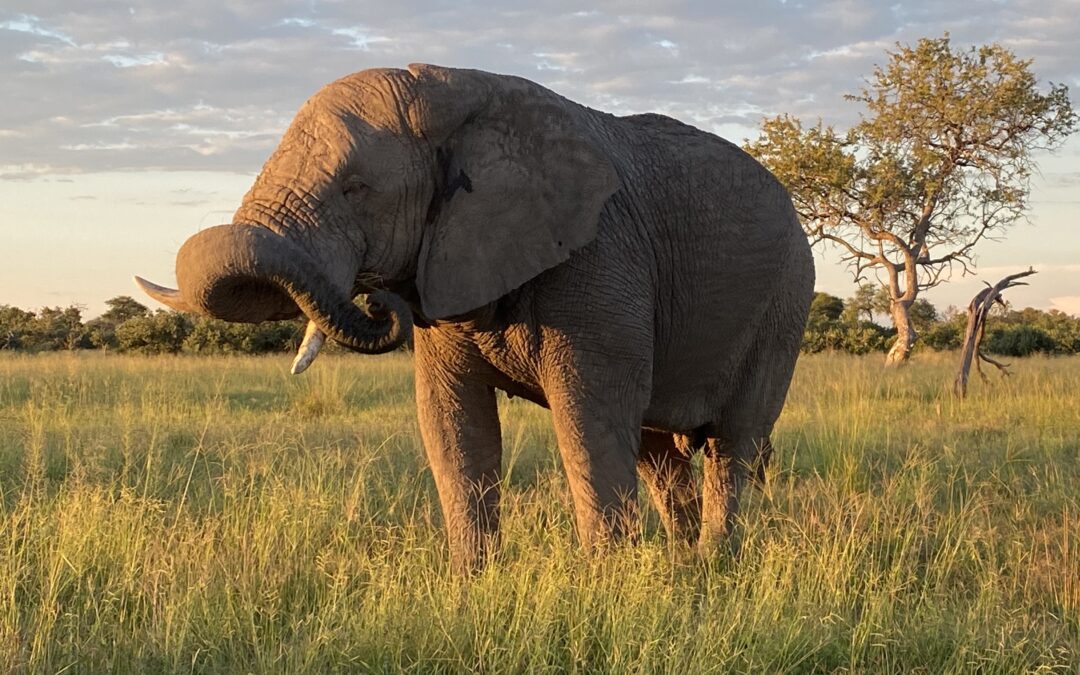
Is an African safari worth it? We’re definitely a little biased—okay, we’re a lot biased. We run a safari in Botswana, so of course, we think it’s the best vacation idea ever! But we know that we don’t speak for everyone. So, we’ll try to break down what it’s like to go on an African safari and then let you decide if an African safari is worth it for you.
Safaris Are Expensive: What Do You Get for the Price?
Dollar for dollar, African safaris are probably one of the most expensive vacations you’ll ever have the pleasure of going on. In many cases, a high-quality African safari can cost as much as a car ($5,000 to $50,000 USD). So, is it worth the price? What do you get for the cost of an African safari?
All-Inclusive
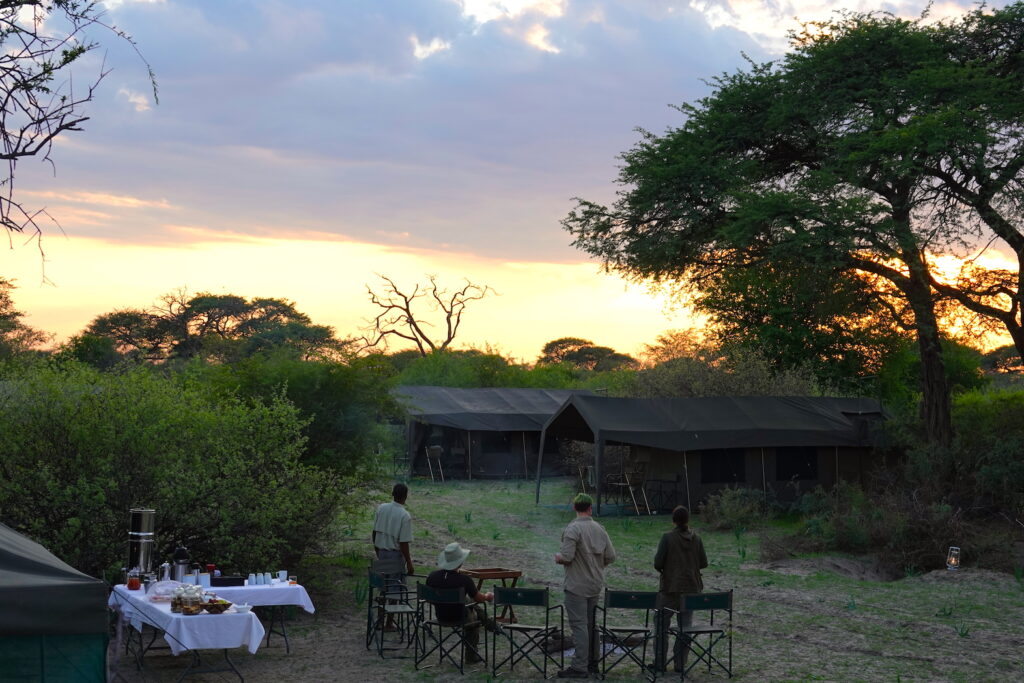
- One premium liquor a day
- All-day game drives
- Additional safari activities, including mokoro, village visits, walking safaris, etc.
- Daily laundry services
- Road transfers between locations/camps while with Brave Africa
- $50 or $35 nonprofit donation per guest
Exclusivity
Along with the high cost of an African safari, you can expect exclusivity. Safaris are off the beaten path. You won’t be in the middle of thousands of tourists at the Eiffel Tower or pushing your way through crowds at Hobbiton in New Zealand.
A safari is a different experience that is really about you, the animals, and nature. The value of an exclusive African safari experience cannot be overstated. It’s a chance to truly get away from it all: turn off the cell phone, disconnect from WiFi, say goodbye to people, and get in touch with Mother Nature. The key is choosing an African safari experience that focuses on exclusivity.
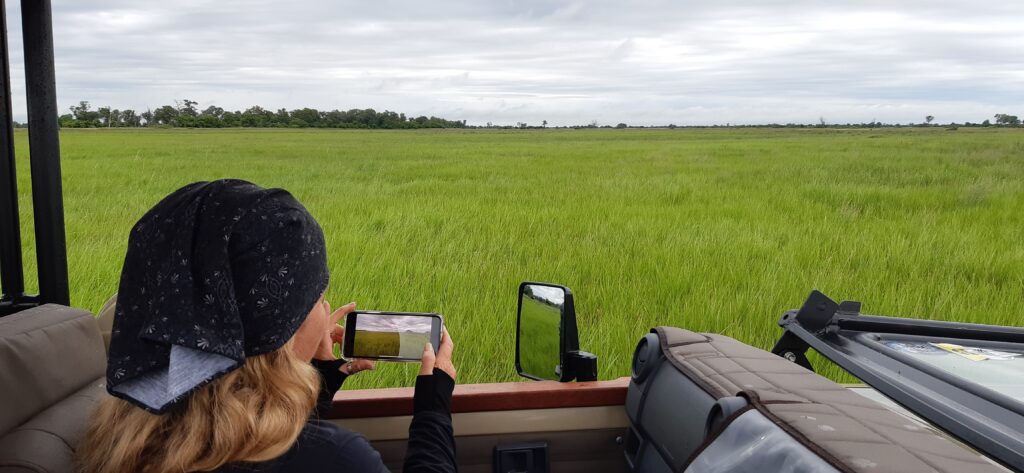
In March 2020, Brave Africa went out on safari with just a single guest—for a highly private and personalized experience.
Ask about how many people the safari operator puts in each vehicle. Budget operators will stuff ten people or more in a vehicle, which means your dream safari could wind up with you in the middle seat—very uncomfortable and disappointed. Some camps might also pack in the tourists to make more money. If you’re going on safari for exclusivity, ask about the size of the camp.
Note: Botswana’s safari tourism model is fewer tourists and better experiences. At Brave Africa, our vehicles max out at six guests (two per row) and six tents (12 guests total at camp and two safari vehicles).
You Can See Animals in a Zoo: What Makes a Safari Better?
Beyond price, the next question many guests have about whether an African safari is worth it has to do with the experience. You can see wild animals in a zoo, what’s so great about an African safari? How much better is the experience, especially when animals are not guaranteed. Let us start by saying the experiences are NOT comparable at all.
The Wildlife
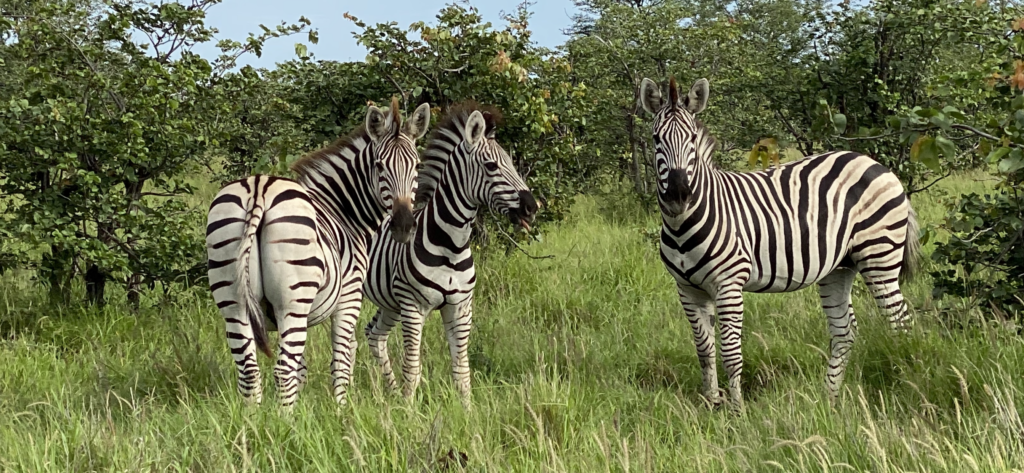
An African safari is an adventure. It’s your chance to see animals in their natural habitat. This makes all the difference. Animals on a safari are engaging. They eat, walk, play, fight, chase, run, and interact in a thousand different ways. This means that you can see the same type of animals every single day and every time it’s a new experience. Natural animal behavior makes a huge difference .
And then there’s the variety of wildlife. Yes, a zoo has all types of animals from all over the world, but the difference of an African safari is that the animals are all together. You can sit in your safari vehicle and watch elephants right alongside hippos, impala, zebra, and wildebeest. And in the next second, you can run across lions or wild dogs.
You never know what type of wildlife you’ll see on your African safari, but every day, every hour, it will be something new . Just make sure you choose an exceptional location for your African safari where wildlife is plentiful. Not all destinations are created equal.
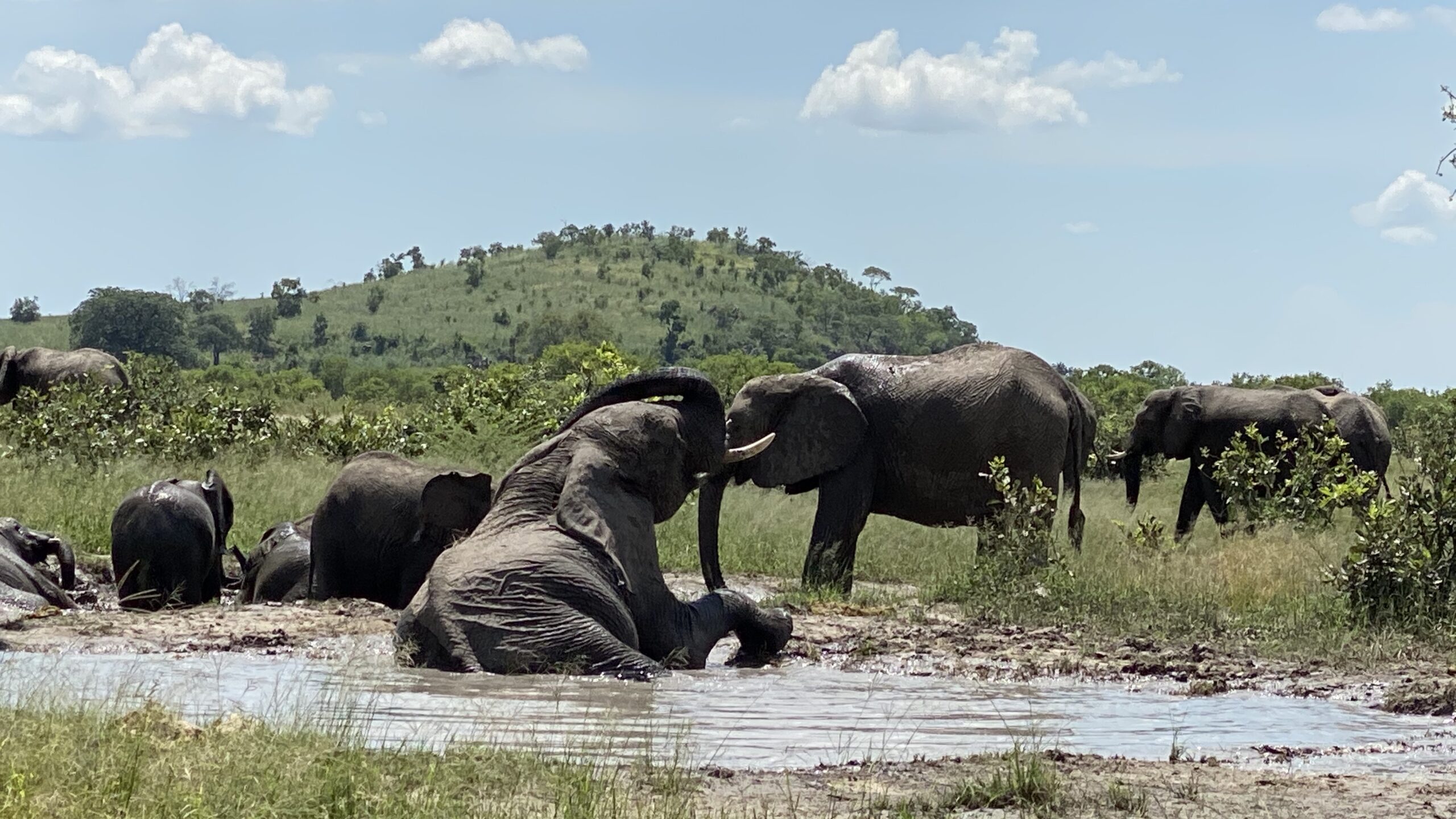
For example, Botswana has almost double the elephants of ANY other country in Africa—over 130,000—along with 163 other species of mammals, including the usual suspects: lions, leopard, cheetah, wild dog, buffalo, giraffe, hippo, wildebeest, zebra, rhino, etc. The country is also home to more than 550 species of birds, including many rare and endangered species you’ll be hard-pressed to find anywhere else. And if you’re worried about going on a family safari with kids? Don’t be .
Nature Retreat
Beyond the wildlife, an African safari is about pristine and stunning landscapes. You’ll have the opportunity to enjoy Mother Nature’s most impressive theater on a breathtaking scale. It’s about exploring vast swaths of wilderness where everything is raw, rugged, and stunning. Africa boasts a vibrant ecosystem with everything from dusty red deserts to lush swamplands, sweeping floodplains, expansive savannas, and vibrant forests. You’ll drive through rivers, explore lagoons, have lunch at elephant watering holes, hike rocky outcrops, and more.
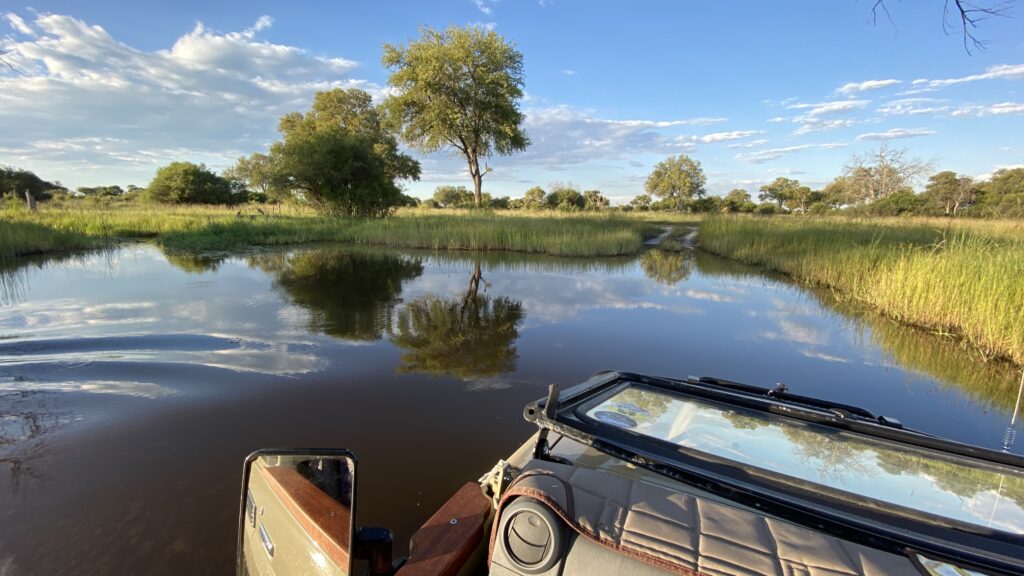
Brave Africa’s vehicles can handle almost any terrain, including water.
The landscapes on an African safari will enchant you as much as the wildlife. And the best part is that you’ll get to enjoy these gorgeous landscapes without worrying about crowds—if you go to the right safari locations. Regardless of where you choose to go on your African safari, we can almost guarantee you’ll be talking about the beauty of nature for years to come.
What You Need to Know About Going on Safari Before You Book
If you want an African safari to change your life or be “the best trip you’ve ever taken,” not just any safari will do. You have to be VERY careful with what you book, otherwise it won’t be worth the hype.
For example, when two of our co-founders went on their first safari in South Africa, they had a small budget and had to choose a location and camp based on what they could afford. And while the experience sparked their love for safari, it wasn’t until they returned and went on safari in Botswana with a larger budget and more research that they had the trip of a lifetime.
Saying you want to go on an African safari is like saying you want to go on a hike. It can mean a thousand different things depending on what you want, where you go, and who is in charge of your safari.
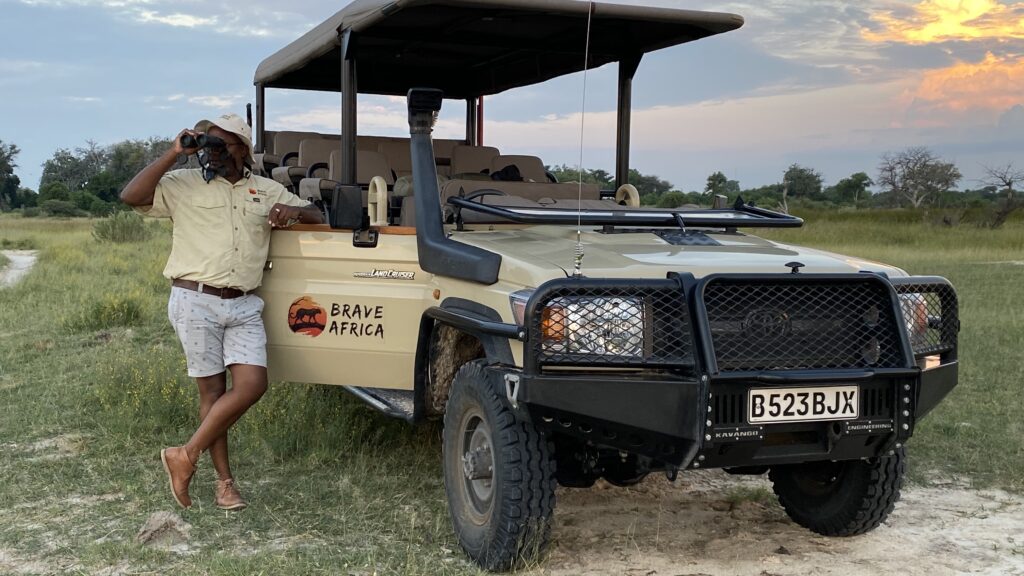
Choose the Right Location (Country and Region)
Forget about the name. You might have heard about Kruger and the Serengeti the most because they are well-known safari locations, but that doesn’t automatically make them the best. Most of the time, it’s the lesser-known parks and locations that offer a better experience with fewer crowds and more wildlife.
After all, animals don’t like to be around people so popular is not always better. For example, Botswana’s Okavango Delta might be a lesser-known safari location, but the experience is far superior to the crowded national parks in South Africa. In Botswana, you’re more likely to have untouched wilderness and wildlife that are not used to cars. It’s not a zoo experience at all. You’ll go off-road and hunt for the animals in order to get that once in a lifetime picture.
It’s crucial that you do your research about all the different safari areas in Africa and then choose the destination that best fits your needs and wants. And don’t forget to choose the right timing for your safari ! Not all months are the same.
Pick the Best Safari Lodge or Camp for You
Your African safari experience will vary greatly depending on the camp, lodge, or self-drive experience you choose for your trip. Do you have a tight budget that will limit where you stay or are you willing and able to splurge for some luxury experiences? The bargain safari mindset isn’t the best.
The truth of the matter is that an African safari is a once-in-a-lifetime experience for most people, and so planning to do it right is essential. If you want a picture-perfect African safari that exceeds all of your expectations, you need to choose a safari lodge or safari camp that fits what you want .
There are a few things to consider.
- What luxury amenities are essential to your happiness? Do you need flushing toilets? Is WiFi a must? Are you willing to sleep on a cot, or do you want mattresses? Are you comfortable in a luxury tent, or do you need a lodge? Do you need daily laundry services?
- What features does your safari vehicle offer? Beyond the camp, you’ll be spending most of your time inside your game drive vehicle. How nice are their vehicles ? Are they new? Do they have charging options, refrigeration, windows, open-air, etc.?
- How good are the staff? Unlike a big chain hotel, the staff on an African safari play a huge role in your experience. You’ll interact with the staff regularly, especially the guide and camp manager, so you want to choose a safari camp where the staff receive good reviews and are focused on customer service.
- How important is the food? Not all African safari operators have a permanent chef on staff to create inspired meals that you’ll love.
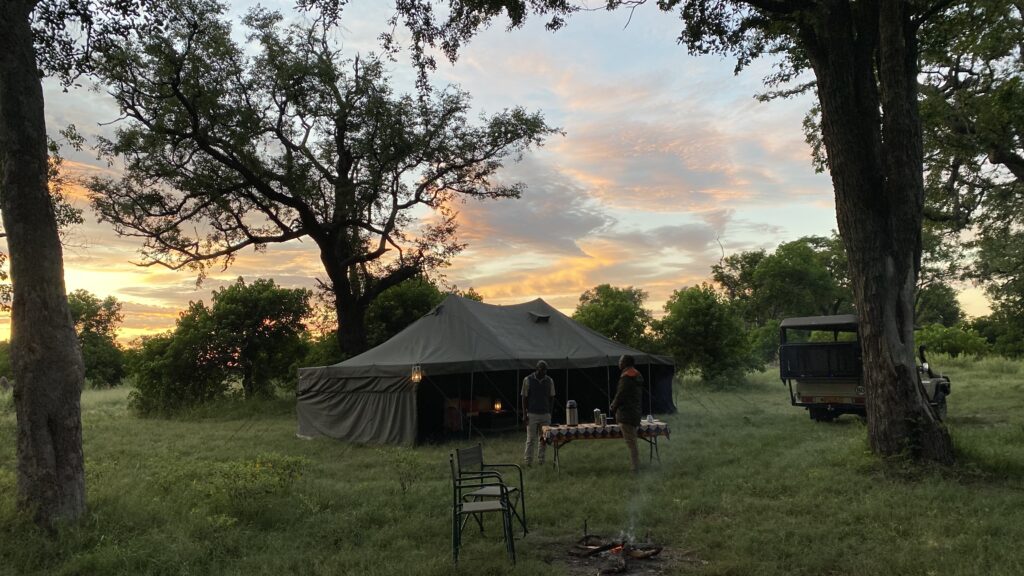
Brave Africa is an all-inclusive and exclusive mobile lodge focused on providing quality experiences.
- Do you want to change operators between locations or stick with the same operator, guide, staff, the entire time? A mobile lodge, like Brave Africa, offers a consistent experience for guests even while changing safari locations. A traditional lodge requires you to pay for transportation—usually via plane—to get to each new destination.
- Is caring for the environment important to you? There are many environmentally-friendly operators who use solar power, reduce their plastic use, and give back to conservation efforts.
- What is their game drive experience like? We’ll discuss this more in a little bit, just remember the entire point of an African safari is to see the animals and get out on game drives. Don’t focus so much on the luxury of your tent that you neglect the most important element: their focus on wildlife viewing.
Get to know Brave Africa’s camp experience here .
Ask About the Quality of Your Guides: It Is Essential
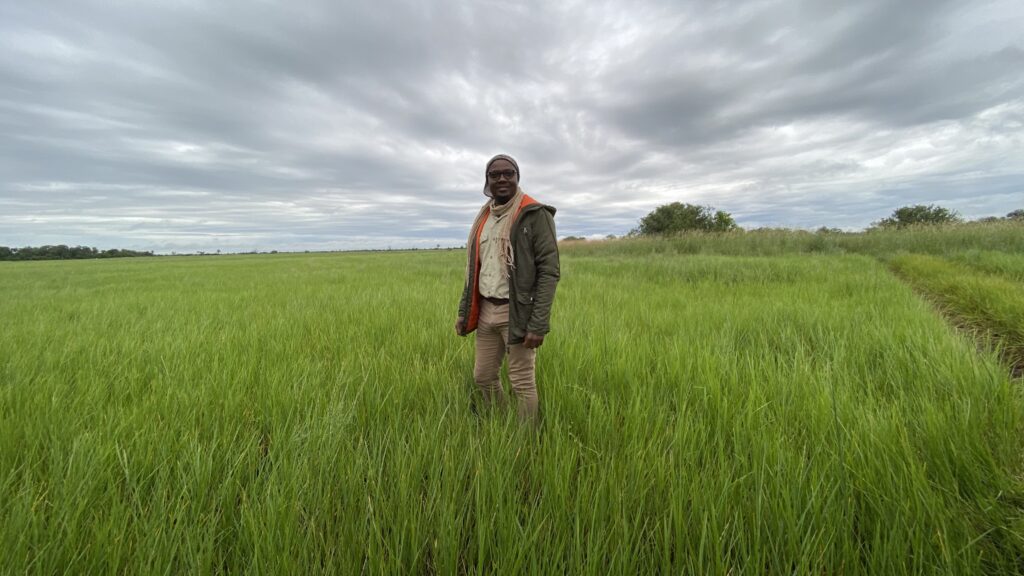
Tabona Wina is Brave Africa’s co-founder and head guide with over a decade of experience in the bush.
A safari guide is essential to a great experience. You might think that you can get away with a lower budget by self-driving, but we can almost guarantee that the money savings won’t be worth it. A safari guide is an expert tour guide by 1,000! Their knowledge and passion for the animals and nature will be what makes or breaks your experience.
They are responsible for:
- Finding the animals,
- Telling you about what you’re seeing (it’s the difference between watching a National Geographic special with the voiceover or completely silent),
- Getting you to the remote locations,
- Keeping you safe ,
You’ll spend nine to twelve hours a day with your safari guide. They will end up being one of your best friends on your trip and will 100% make your African safari worth it. Without a great safari guide, you might as well head to your local zoo and walk around yourself.
Read more about the importance of safari guiding here .
Focus on Game Drives: That’s What You’ve Paid Big Money For!
The ENTIRE point of going on an African safari is to go on game drives . Only when you’re in the safari vehicle and driving away from camp in search of animals are you actually experiencing the value of your safari. People often forget that the purpose of a safari is to offer the BEST wildlife experiences and not just luxury camping.
For example, when the Points Guy went on his safari in Tanzania, he ended up VERY disappointed because while he paid top dollar for a luxury camp, the game drives failed to deliver. This ruined his entire trip and made his African safari not worth it.
Creature comforts are only one piece of your safari. If you unknowingly compromise your African safari experience by asking for WiFi and forgetting about game drives, you won’t be happy in the end. Think of game drives like going to a theme park.
For most of us, we wake up early, get to the park at open, spend the entire day at the park riding as many rides and enjoying as many experiences as possible, and then only leave the park as it closes. The goal is not to waste a second of our theme park ticket because it’s expensive, and we want the most bang for our buck.
On most traditional safaris, game drives only happen in the morning and evening for three to four hours each outing. This means that—in the middle of the day for four to five hours—you’re sent back to the hotel to wait. The theme park (wilderness) isn’t closed at this time; you just don’t get to enjoy it.
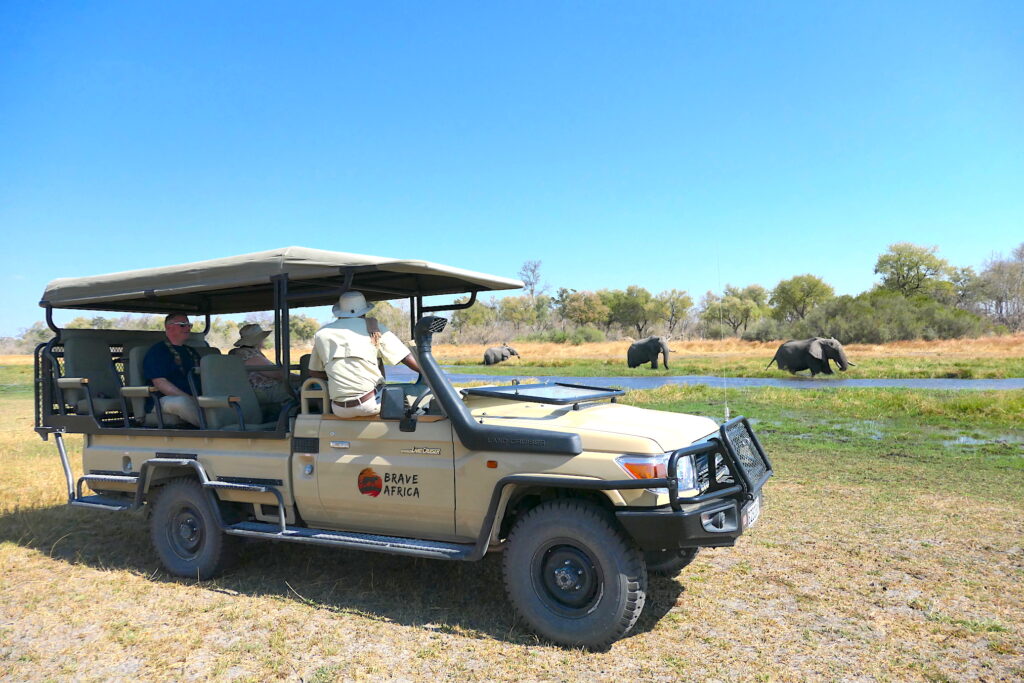
This reason is why we created Brave Africa. When our co-founders went on their first safari, they were disappointed by how much time was spent at camp and how little time was spent out with the animals. So, at Brave Africa, we do ALL-DAY game drives . This means, from sunrise until sunset, you are out on safari to see the animals.
We maximize your chances to see something incredible and experience all that Botswana has to offer. After all, we believe if you’re worried about how much money it costs to go on safari, your money should at least go toward what you care about most: the animals.
Spend Enough Time on Safari
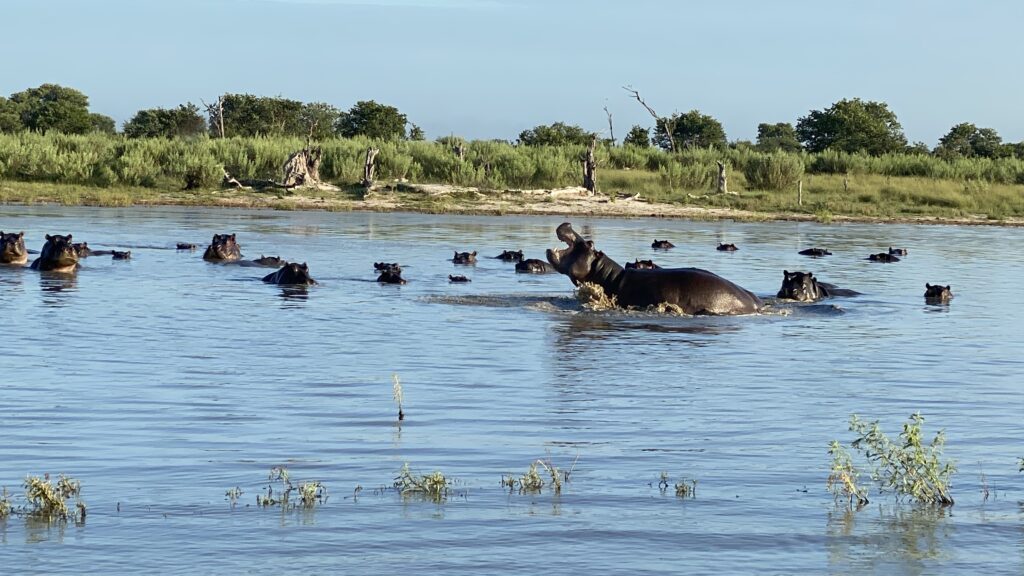
Last, but certainly not least, make sure you plan enough time for your African safari if you want it to be worth it. If you can only spend three to four days on safari, it’s probably not worth the travel and cost. While even a day is amazing on safari, it’s the extended time out in the bush that makes the biggest difference.
Since every single day and hour is unique on an African safari, the more time you have to explore and see what the wildlife has to offer, the better. Three days is barely enough time to get a taste of what an African safari is truly like. Instead, we recommend planning at least seven days and six nights on safari . This will give you enough time to truly immerse yourself in Mother Nature.
If you love animals and adventure, then you need to give yourself the time required to experience it. Remember, National Geographic documentaries are filmed over months. Their photographers spend weeks at a time in the bush to get that once-in-a-lifetime shot. You can’t expect to go out in a few days and see it all.
Check out our 10-day safari adventure if you want to maximize your experience.
Final Thoughts: Is an African Safari Worth It?
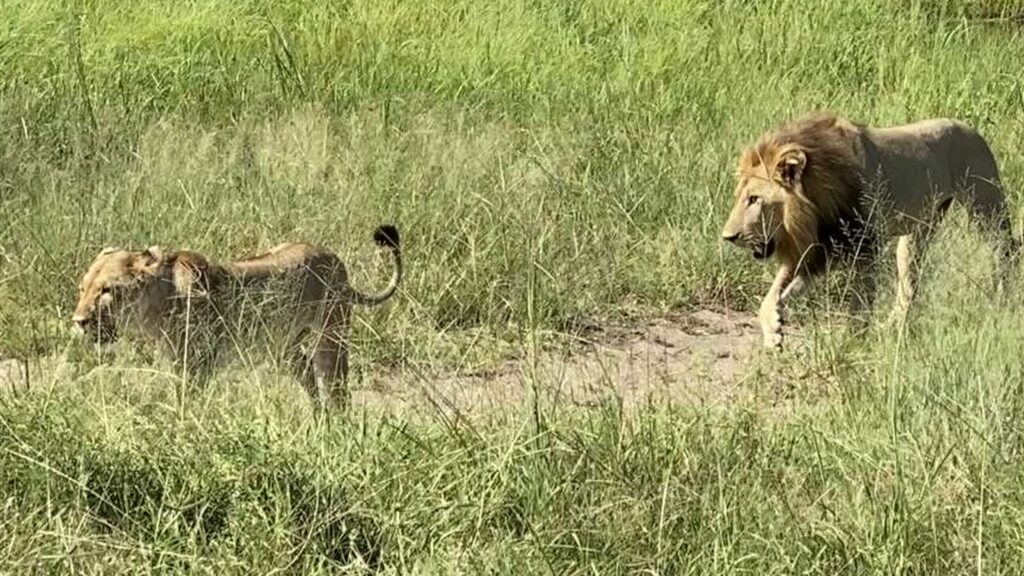
Is an African safari worth it? Where else will you see mating lions? Certainly not in a zoo.
At the end of the day, it’s really up to you. Only you can decide if the experience is something you will enjoy. Just make sure you do your research before you plan your trip. Since an African safari is not cheap, you do not want to make the wrong decisions and end up regretting it.
Feel free to reach out to us or an experienced travel agent to get all your questions answered. The only way an African safari is not worth it is if you book the wrong trip for your expectations.
Do you have a brochure for your packages for your Corona specials?
Hi Andrew, We do have PDF versions of our special. Please email us at [email protected] and I’ll send you a copy. Thanks! —Kelly
looking to see what budget safaris you have planned for this year (2021 and 2022)….. 2 people (prior military) looking for as much game drives as possible. thanks!
Recent Posts
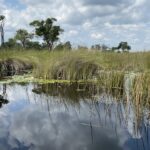
Follow us on Social Media
Travel Agents
DESTINATIONS
Getting Here
What to Pack
Safari Tips
SAFARI PACKAGES
10 Day Safari – Moremi, Khwai, Savuti
7 Day Safari – Khwai & Savuti
7 Day – Moremi & Khwai

The Budget Savvy Travelers
BREAKING FREE WITHOUT BREAKING THE BUDGET
Home » 5 Best Affordable African Safari Options in 2024
5 Best Affordable African Safari Options in 2024

Just about everyone thinking about going on an affordable African safari is left in sticker shock—especially after getting quoted a ridiculous price from an online travel agency. For most of us, going on safari in Africa is not possible, and grossly exceeds the notion of a budget vacation.
No worries. Below are some tips and tricks to keep expenses down to make your dream a reality.

Generally, with just about every destination on the planet, there are always ways to do it cheaply. Unfortunately, going “cheap” in Southern and Eastern Africa may lead to your entire trip being left in ruin.
🚙 🦁 Use This Automated Quiz Tool To Get a Quick Quote on an African Safari
Beyond simply being disappointed and uncomfortable, being frugal can lead to becoming ill and exposing yourself to personal security risks. Simply put, in Africa, you get exactly what you pay for—no more and no less.
FIVE BEST AFFORDABLE AFRICAN SAFARIS IN 2024
Select a lodge or scroll down to view all.
1. Arathusa Safari Lodge – Sabi Sands Private Game Reserve 2. Ewanjan Tented Camp – Serengeti National Park 3. Mara Intrepids Tented Camp – Masai Mara National Reserve 4. Camp Moremi – Moremi Game Reserve 5. Chameleon Hill Forest Lodge – Bwindi Impenetrable National Park
Bucket list destination.
Going on an affordable African safari is on so many travelers’ bucket lists, and it’s easy to see why. There is no other experience like it on the planet. Moreover, while expensive, we’ve never heard of anyone regretting their trip.

Typically, travelers come back from Africa with a different perspective of the world and their place in it. Whether it’s witnessing extreme poverty, the kindness of the people, or a leopard killing the most darling steenbok, there is no way to avoid feeling more appreciative of everything you have in life—and that is what travel is all about, cultivating priceless experiences.
When you’re ready to book your flight, follow these three easy steps to get the best price.

Of course, this spiritual journey doesn’t come cheap—but dream destinations tend to be this way. When it comes to cost, going on an affordable African safari is up there with exploring the Poles or cruising the Galapagos Islands . For example, many are surprised to find out that the French-speaking country of the Republic of the Congo has recently been ranked as the most expensive travel destination on the planet.

Why is visiting the Republic of the Congo so expensive? It’s because it’s one of the few places in the world to go gorilla trekking .
We use this budget-savvy travel health insurance to protect our trips – get a quick quote .
For example, the daily permit to seek out the gorillas is about USD 500 per person. Of course, the Congo rainforest offers extremely limited accommodation options, along with costly transportation and food expenses. Taxes and fees paid to the government and regional entities also add significant overhead.
Reducing the Cost of a Safari in 2024
We’ve written extensively on the best safari we’ve ever taken in South Africa and how it’s not worth cutting corners financially when planning the expedition. Nevertheless, there are several ways to decrease the overall cost of the trip to make it a more affordable African safari.

Booking Yourself vs. Using Go2Africa
For our vacations to Africa, we’ve used Go2Africa to assist in the planning and arrangements. After tons of research, we concluded that even if we booked everything on our own it would cost more than having someone else do it. Also, beyond the cost, it was extremely beneficial to have someone on the ground to assist while visiting Africa.

Here are three good reasons why we book with outfitters like Go2Africa:
- Customization : Instead of getting stuck with a one-click fixed itinerary, Go2Africa can customize the trip to fit your budget and interests.
- Expertise : Go2Africa will make the vacation as private and exclusive as you desire.
- Affordability : Most of the time, it’s cheaper to go through outfitters like Go2Africa than to book everything individually yourself. For example, it’s pretty much impossible to book transfers, small aircraft, lodging, and game drives yourself without paying through the roof, let alone making a logistical error. For instance, if you make reservations yourself, and one aspect of the trip gets delayed it may put your entire vacation in jeopardy, whereas Go2Africa can make immediate corrections to keep your vacation on schedule.

Two Terrible Options for an Affordable African Safari
Not spending enough money on a proper safari lodge is the greatest mistake visitors to Africa will make. Previously, we’ve written about the obstacles other bloggers faced when trying to go cheap in Africa.
Don’t Do This ⇓
Typically, to save money, safari-goers will choose one of these two inexpensive options, none of which we would recommend:
- African overland tour : Travel through Africa on a modified truck/bus with a group over many weeks. Passengers assist with cooking, cleaning, and setting up tents each evening. Unfortunately, this is one of the cheapest and most uncomfortable ways to go on an affordable African safari.
- Self-driving game drive : Essentially, visitors rent a vehicle and drive through the national parks and do game drives themselves.
Why are these two options so bad?
While cheap, the African overland tour takes place on a big slow loud bumpy truck/bus. Its size, speed, and comfort level greatly limit the experience for the safari-goer. For example, many people complain that they’re motion sick for days or even weeks on end because of the bumpy roads.

The self-driving game drive option, on the other hand, has many more negatives than positives. While visitors may have more freedom to explore as they deem fit, there are also many considerable disadvantages, including:
- Missing out on an expert guide to spot animals
- Staying on the designated roads with no ability to explore the bush
- Keeping the vehicle and passengers safe (e.g., flat tire)
- Never experiencing the safari experience
Also, in certain situations, it may cost more to self-drive than to hire a guide or stay at a safari lodge. For instance, self-driving visitors will still have to pay transit fees, park fees, accommodation fees, car rental fees, and fuel fees.

Probably, the best way to envision a self-driving game drive in Africa is to compare it to driving through Yellowstone National Park . However, a significant difference is that in Africa, passengers are not allowed to exit their vehicles, except at specifically identified camps.
Don’t confuse terminology. The term safari is not synonymous with the notion of a game drive. A safari is considered one’s overall journey with the entire experience summed up in one word. On the other hand, a game drive describes the time one spends tracking, spotting, and viewing wildlife, typically in an open safari vehicle such as a modified Land Rover or Land Cruiser. – Harry
When you compare both an overland tour and a self-driving tour to the five affordable African safari options below, you’ll see how lame the more affordable options are.
National Park vs. Private Game Reserve vs. Conservancy
Generally, a safari in Africa will be held in one of three parks, each with its own set of safari rules. They include:
- National parks
- Private game reserves
Conservancies
It’s important to know the difference between the three types of parks because it determines how the best affordable African safari options are chosen. The most significant differences are described below.
National Parks

National parks and national game reserves like Serengeti, Kruger , and Masai Mara are famous for their abundant wildlife. They’re also renowned for their strict rules, generally forbidding:
- Guided walks
- Getting out of vehicles (except in designated areas)
- Night game drives
- Off-roading
- Limits on the number of vehicles at animal sightings
If any of the above restrictions impair your vision of a great safari then you’ll want to stay on a private game reserve or conservancy. For example, for us, off-roading and night game drives are the highlights of a great safari—nocturnal animals like lions and hyenas are most active at night.
Private Game Reserves
Unlike national parks, private game reserves have the fewest rules because the property is owned privately. In other words, it’s not open to the public including self-driving tourists or tour buses. Also, private game reserves are typically adjoined to a nearby national park and wildlife is free to roam between the two properties.

With landowners being the official adjudicators, guides are given more freedom to track wildlife. For example, most lodges will feature guided walks, night game drives, and off-roading.
Finally, private game reserves will have significantly less traffic than national parks. As a result, guests can enjoy animals in a less crowded and more natural environment.
Concessions

Similar to private game reserves, concessions are areas of land either in a national park or nearby that have been leased for private use. As a result, they benefit from operating under less strict rules than the national park.
Like private game reserves, conservancies are private. However, the main difference is that conservancies typically have local tribes that live on the property. Moreover, conservancy fees help to improve locals’ lives by reinvesting funds in the community.
Five Affordable African Safari Options
The five affordable African safari options below offer great value, and are by no means “cheap.” However, they offer everything one would want out of an African safari but at a much lower price (when compared to the typical luxurious African lodge).

The resorts listed below all provide guests with a five-star experience at a three-star rate. At first glance, prices may seem high but they include accommodation, full board with great food and drinks, up to three safaris per day, and excursions like guided walks with armed field guides.

Finally, it’s worth mentioning that a vacation to Africa will usually include other sights and attractions such as Cape Town and Victoria Falls . Therefore, when considering the price of a safari lodge, many times two or three nights is sufficient.

In fact, many people we’ve met at various lodges quite frequently stayed only one night. However, we encourage travelers to stay at least two nights to increase the odds of catching a rare sighting. Below are five affordable African safaris in 2024:
1. Arathusa Safari Lodge – Sabi Sands Private Game Reserve
Properties of the same caliber as Arathusa Safari Lodge will typically cost two or even three times as much. Located in Sabi Sand , one of Africa’s premier private game reserves, Arathusa is one of the best affordable safari lodges for anyone looking for a Big 5 experience—90% of guests see all five animals in one day.

During our visit, we enjoyed afternoon tea from our suite overlooking the nearby watering hole, guided walks, and morning and afternoon game drives that led into the evening. In total, we spent about eight hours per day out on the massive reserve searching for wildlife.
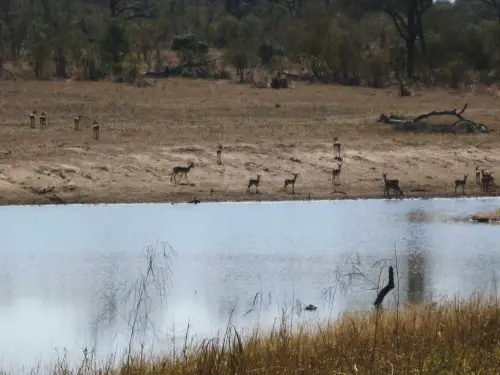
We were 100% absolutely wowed by our experience here and wrote extensively about how it was the best safari in South Africa and the best value for the money.
Arathusa Safari Lodge – From $465 per person sharing
2. Ewanjan Tented Camp – Serengeti National Park
With views over an endless plain in Tanzania’s Seronera Valley, guests of the Ewanjan Tented Camp rave about the abundance of wildlife spotted right from camp. During our stay, a large herd of elephants walked down a path about 100 feet from our ensuite tent.

In Serengeti National Park, visitors are not allowed to leave their vehicles or the roads. Nevertheless, one way to get around this limitation is with a hot air balloon ride.
During our hot air balloon ride we spotted an epic sight, a lion eating a crocodile! There’s no feeling like watching the sunset come up over the Serengeti while silently gliding over the wildlife, trees, and rivers. If there’s any place in the world to go on a hot air balloon ride, it’s here. Make sure you book online early to secure your spot or with your agent at Go2Africa.

Additionally, between April and June and November and January, the area around Ewanjan is visited by the wildebeest migration. For this reason, if seeing the Great Migration is on your bucket list then Ewanjan is the ideal affordable African safari accommodation to book.
Ewanjan Tented Camp – From $330 per person sharing
3. Mara Intrepids Tented Camp – Masai Mara National Reserve
Kenya’s must-see Masai Mara National Reserve is home to the Mara Intrepids Tented Camp , one of the most affordable African safari options on our list. Whereas Ewanjan in the Serengeti has endless views of the plains, Mara Intrepids is set amidst a heavily wooded area along the Talek River, only minutes from the Ol Kiombo airstrip.

With an abundance of big cats in the area just about every game drive includes sightings of the King of the Jungle, the lion. Also, Mara Intrepids is in a prime location for the annual wildebeest migration, which takes place between August and October.

Finally, not only is the wildlife viewing amazing but families seek out this lodge for its kid’s clubs which focus on animal education and local Masai culture.
Mara Intrepids Tented Camp – From $175 per person sharing
4. Camp Moremi – Moremi Game Reserve
The Okavango Delta, located in Botswana, is one of the most biodiverse places in Africa and is the main source of water for about a million people. Furthermore, the delta supports the world’s largest surviving elephant population, numbering around 130,000. Of course, there are plenty of hippos, lions, wild dogs, leopards, crocodiles, cheetahs, and countless waterfowl too.

Situated on the stunning Xakanaxa lagoon, and offering water-based safaris, Camp Moremi is an unforgettable and affordable African safari. While it may be a bit expensive and luxurious to be considered low-cost, Camp Moremi does provide tons of value. In fact, what makes it unique is that it provides both 4×4 game drives and water safaris.

Botswana is the second most expensive destination on the planet, only behind the Republic of the Congo. Guests should find comfort in knowing that they’re paying the “going rate,” when just about every safari lodge in the area costs at least USD 1000 per night—and, similar lodges cost well over USD 2000 per night.

It’s worth noting that the Moremi Game Reserve does not allow night game drives or off-roading.
Camp Moremi – From $597 per person sharing
5. Chameleon Hill Forest Lodge – Bwindi Impenetrable National Park
Situated in the southwest corner of Uganda on Lake Mutanda, bordering DR Congo and Rwanda, Chameleon Hill Forest Lodge is the mecca for gorilla lovers. Tourists come from all over the world to spend one hour in the company of wild gorillas.

Along with vibrant colors, guests of Chameleon Hill are treated to the most jaw-dropping view of the Virunga volcanoes. Nevertheless, the highlight here is, of course, the gorilla tracking.

Perfectly positioned between Mgahinga Gorilla and Bwindi Impenetrable National Parks, Chameleon Hill is the ideal base for tracking wild gorillas. Also, gorilla permits cost about half the cost in neighboring Rwanda. Furthermore, Chameleon Hill has the option of research-based treks which allocate four hours with the gorillas, instead of just one.

Gorilla permits are far and few. Therefore, if you’re serious about doing this then plan on booking at least three months in advance. Also, along with gorilla trekking, Chameleon Hill offers walking and canoe-based safaris for bird watching and spotting the golden monkey.

Chameleon Hill Forest Lodge – From $250 per person sharing
These Lodges Provide Great Value
Whether you’re looking to spot the Big Five in South Africa or go gorilla trekking in Uganda, the above lodges are the best affordable African safari options out there. While the nightly prices are by no means “cheap,” they do provide great value especially, when comparing similar lodges that cost two or three times as much.
Preparing an African itinerary is an overwhelming process, and it only gets more complicated each time you visit. The easiest way to start planning is to use Go2Africa’s inquiry tool which helps design the perfect safari that aligns with your budget.
We Need Your Help
Did you find this article helpful? If so, bookmark it and when you’re planning your next vacation click on any of the links below before finalizing reservations. You’ll get the best price, we’ll earn a small commission, and you’ll help support future articles.
BEST TRAVEL SEARCH ENGINES
🏘️ Book Your Accommodation
We use Tripadvisor and Priceline’s Express Deals to compare prices and reviews in advance and check availability
✈️ Book Your Flight in Advance
To find the cheapest flight options, you can use WayAway and Skyscanner to find the most suitable choice for you
🚗 Reserve Your Rental Car
Use DiscoverCars and Skyscanner to compare prices and view the largest selection of vehicles
Share this:
- Click to share on Twitter (Opens in new window)
- Click to share on Facebook (Opens in new window)
- Click to share on Pinterest (Opens in new window)
- Click to share on Telegram (Opens in new window)
- ← Adjusting Your Life in Miami as a Digital Nomad
- How to Get the Best Price on Flights in 3 Easy Steps in 2024 ✈️ →
Similar Posts

Best 5 Viewpoints of the Sphere in Las Vegas 🔮

How to Plan a Winter Cross-Country Trip the Right Way

Best Group Activities for Las Vegas Convention Center Visitors
Leave a reply cancel reply.
- TRAVEL ARTICLES
- BOSNIA AND HERZEGOVINA
- GREAT BRITAIN
- MASSACHUSETTS
- NORTH CAROLINA
- PENNSYLVANIA
- SOUTH CAROLINA
- PHILIPPINES
- SAUDI ARABIA
- UNITED ARAB EMIRATES
- REPUBLIC OF THE CONGO
- SOUTH AFRICA
- AMERICAN SAMOA
- COOK ISLANDS
- NEW ZEALAND
- DOMINICAN REPUBLIC
- PUERTO RICO
- TIPS, TRICKS, AND BUDGET-SAVVINESS
- FIRST 6 MONTHS
- MONTHS 7-10
- MONTHS 11-15
- MONTHS 16-18
- MONTHS 19-24
- PROJECTED ROUTE
- LATEST VLOGS
- EPISODE 1-5: BUENOS AIRES, ARGENTINA
- EPISODE 6: URUGUAY
- EPISODE 7: ANTARCTICA
- EPISODE 8: PATAGONIA
- EPISODE 9: SOUTH AMERICAN WINE COUNTRY
- EPISODE 10: THE COOK ISLANDS
- EPISODE 11: NEW ZEALAND AND AUSTRALIA
- EPISODE 12: INDIA
- EPISODE 13: BORNEO
- EPISODE 14: THAILAND
- SPONSORED CONTENT
- WHY DID WE QUIT OUR JOBS TO TRAVEL?
- OUR PAST TRAVELS
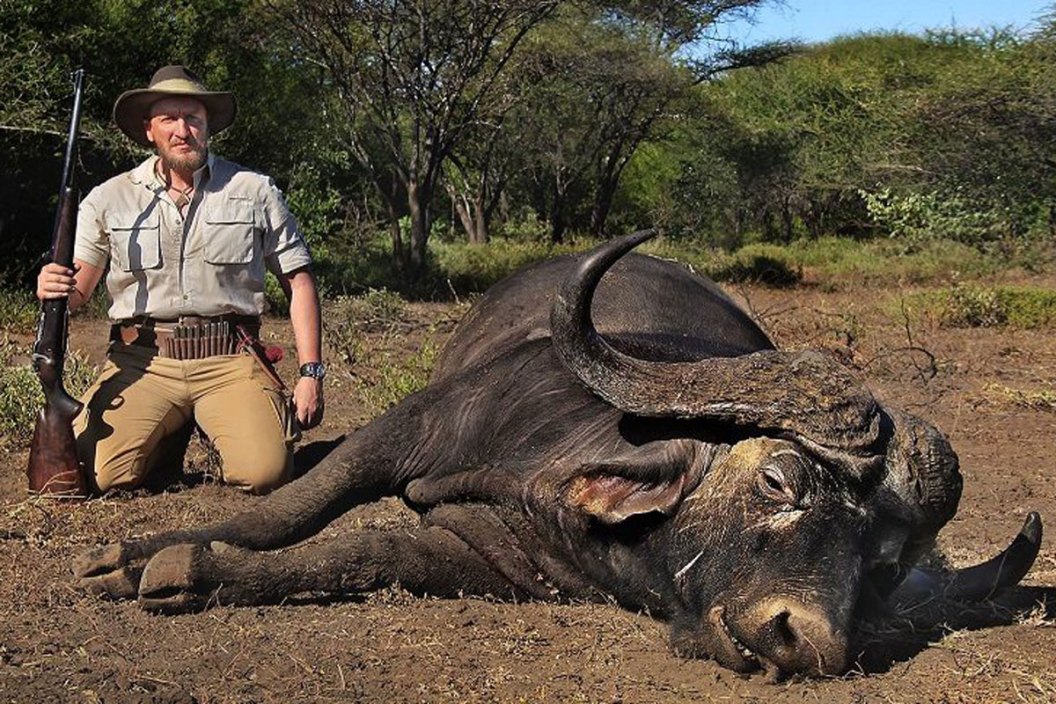
African Hunting Safaris Don't Cost as Much as You Think
Ever wondered how much an african hunting safari costs the answer might pleasantly surprise you. .
There are countless hunters in the United States that dream of hunting Africa, but many of them incorrectly believe they cannot afford such a hunt due to misconceptions about the cost of an African hunting safari. Contrary to what you might think, you don't have to be wealthy to enjoy a hunt in Africa .
In fact, even when you consider the cost of air fare, you can book an all-inclusive hunt for several species of plains game for about the same total cost as a guided elk hunt in most states . Now that's not exactly chump change, but the good news is that you clearly don't have to be a millionaire to afford such a hunt.
Now there's not a darn thing wrong with hunting elk. However, Africa is a completely different experience.
The continent is gigantic and diverse: Botswana, Mozambique, Namibia, South Africa, Tanzania, Zambia, and Zimbabwe are all very different countries with different climates, flora, and fauna. Not surprisingly, the hunting experiences and opportunities in each country are as varied as the continent itself.
That said, the sheer amount and variety of game animals you'll encounter on many African hunting safaris (if you're hunting with a good outfitter in a well-managed area) is truly mind boggling and there really is no other place in the world that can compare. For this reason, you'll likely have the opportunity to take multiple species of antelope on typical plains game hunt.
So, it's easy to see that an African hunting safari may well be one of the best hunting bargains out there.
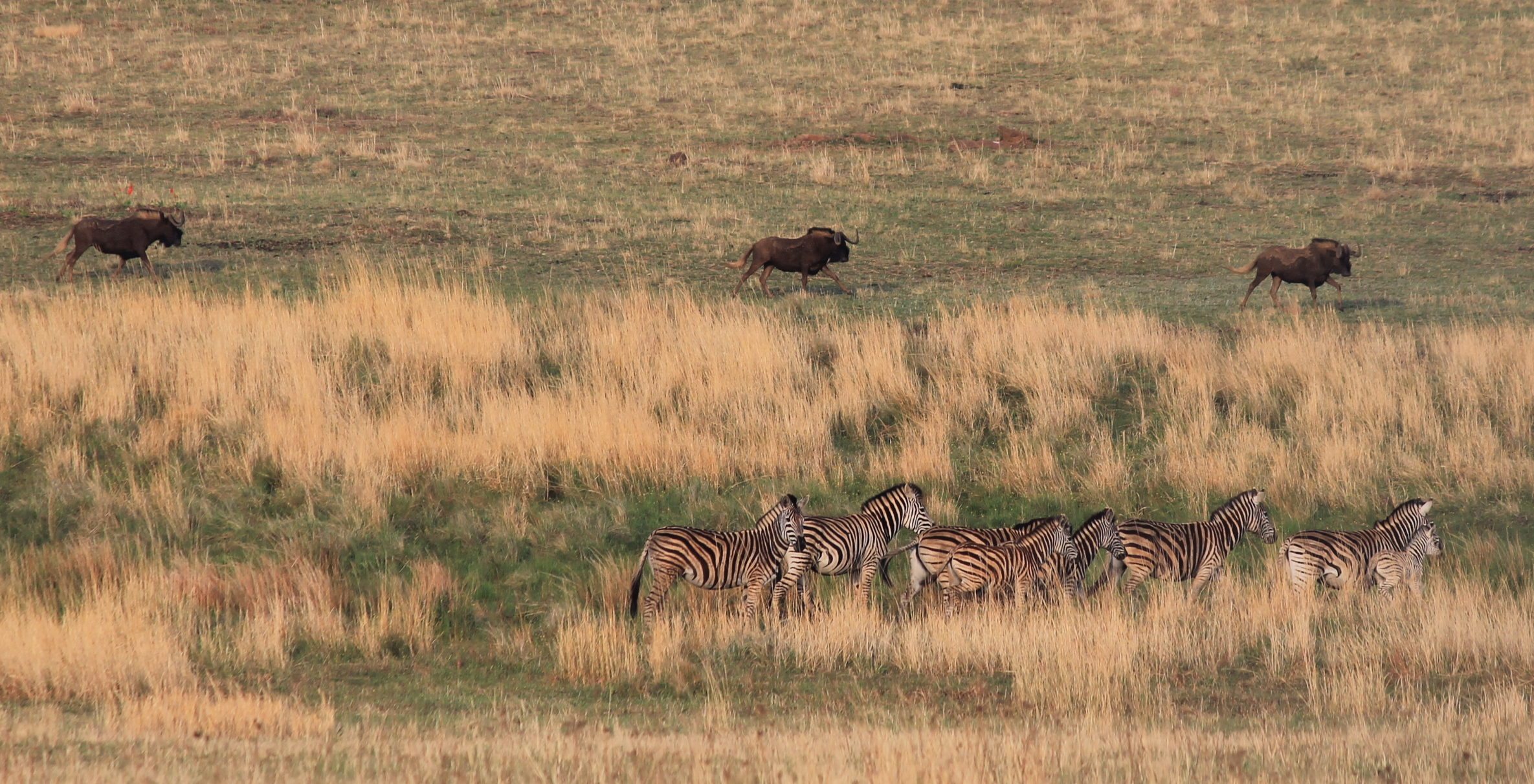
Big Game Hunting Adventures
Cost of an African Hunting Safari
Some hunts in Africa cost more than others.
For the most part, the most reasonably priced African hunts are for non-exotic species of plains game (impala, gazelle, wildebeest , kudu, warthog, zebra, eland, etc.). Hunts for dangerous game like buffalo and leopard cost more than plains game, but still probably not as much as you would think. On the other hand, lion, elephant, and the more rare and exotic species of antelope in Africa, like bongo and sitatunga, are considerably more expensive.
Related Content
The big list of where to hunt in africa, here's how to choose a good african hunting outfitter, 7 animals in africa everyone needs to hunt.
So how much does it all cost?
The exact details vary depending on the country and exact species you hunt (South African hunts tend to be less expensive than hunts in Tanzania for instance), but prices are usually pretty straightforward regardless of where you go. The total price of most African hunting packages consists primarily of two things: daily rates and trophy fees.
Daily rates cover things like food, lodging, the services of a guide and trackers, etc. Daily rates on a plains game hunt typically cost several hundred dollars per day and go up from there on dangerous game or Big 5 hunts . Most outfitters also usually offer a cheaper 2x1 (2 hunters with 1 guide) daily rate or a non-hunter daily rate, which is a great way to save a little bit of money while enjoying your hunt with a friend or family member. Either way, simply multiply the daily rate by the number of days in your hunt for the total daily rates.
A trophy fee is the price you'll pay for each individual animal taken on the hunt. Just like with the daily rates, trophy fees vary between various countries and outfitters. However, fees range for plentiful species like blesbok, springbok, warthog, and impala are normally a couple hundred dollars.
Larger antelope like blue and black wildebeest, zebra, red hartebeest, and gemsbok normally run around $1,000. Really large and desirable antelope like kudu , eland, and sable often cost more.
The good news is that you usually only pay for animals actually taken or wounded.
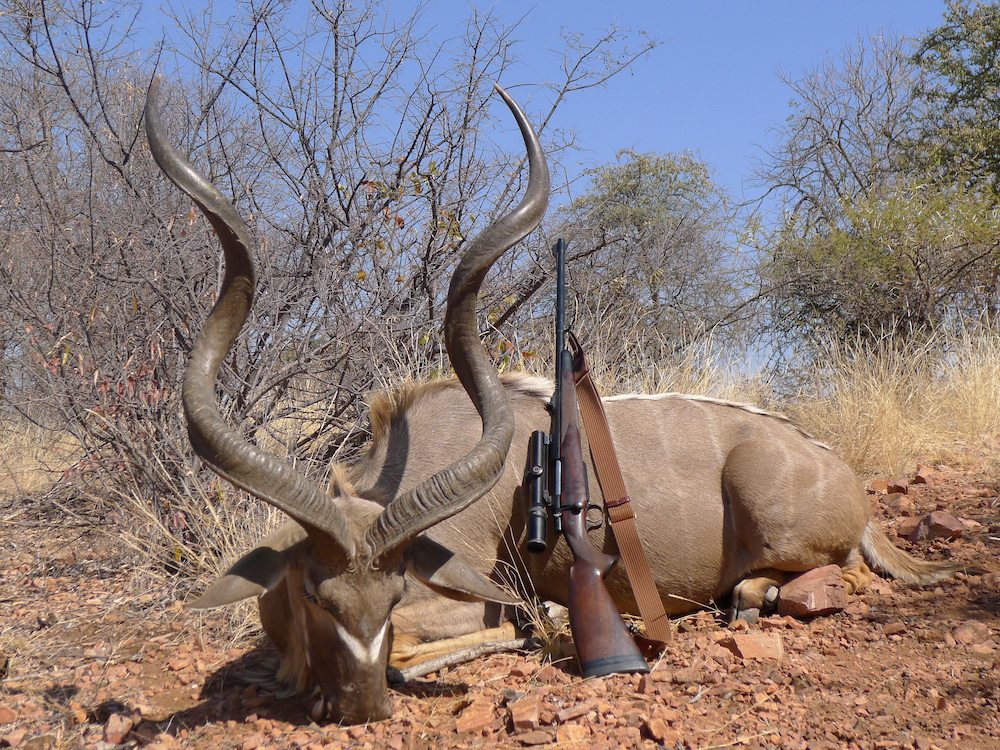
With all this in mind, a 5-10 day African hunting safari package for several of the most popular species of antelope, like kudu, wildebeest, zebra, impala, and warthog, normally costs between $3,000 and $7,000 depending on the country, outfitter, and the specific animals hunted.
As stated earlier, this compares pretty favorably to a lot of guided deer and elk hunts!
It's more expensive if you want to hunt Big Five species like cape buffalo and leopard. However, you can still enjoy a great all-inclusive cape buffalo hunting safari for around $13,000 these days. This is comparable to what you'd pay for a moose hunt in Alaska.
The same goes for leopard, which costs roughly the same to hunt as a Kodiak Brown Bear.
Be Cautious Of Cheap Outfitters
Yes, it's true that an African hunting safari probably one of the best hunting bargains left out there, but you still need to be really cautious about booking hunts that appear too good to be true.
A red flag should go up if you discover an outfitter that's offering hunts well below market rates.
The vast majority of outfitters in Africa are honest and ethical, but as with most things, there are a few bad apples among African hunting outfitters and you don't have to look too hard to find horror stories about hunts gone wrong over there.
A large portion of those stories involve hunters who booked with the cheapest place they could find and got what they paid for.
Discount prices often involve discount hunts.
Don't let that happen to you. Instead of looking just at the price of the hunt, dig a little deeper into the differences between various outfits over in Africa.
For more information on how to pick the right African outfitter that will deliver the perfect experience for you, read this article .
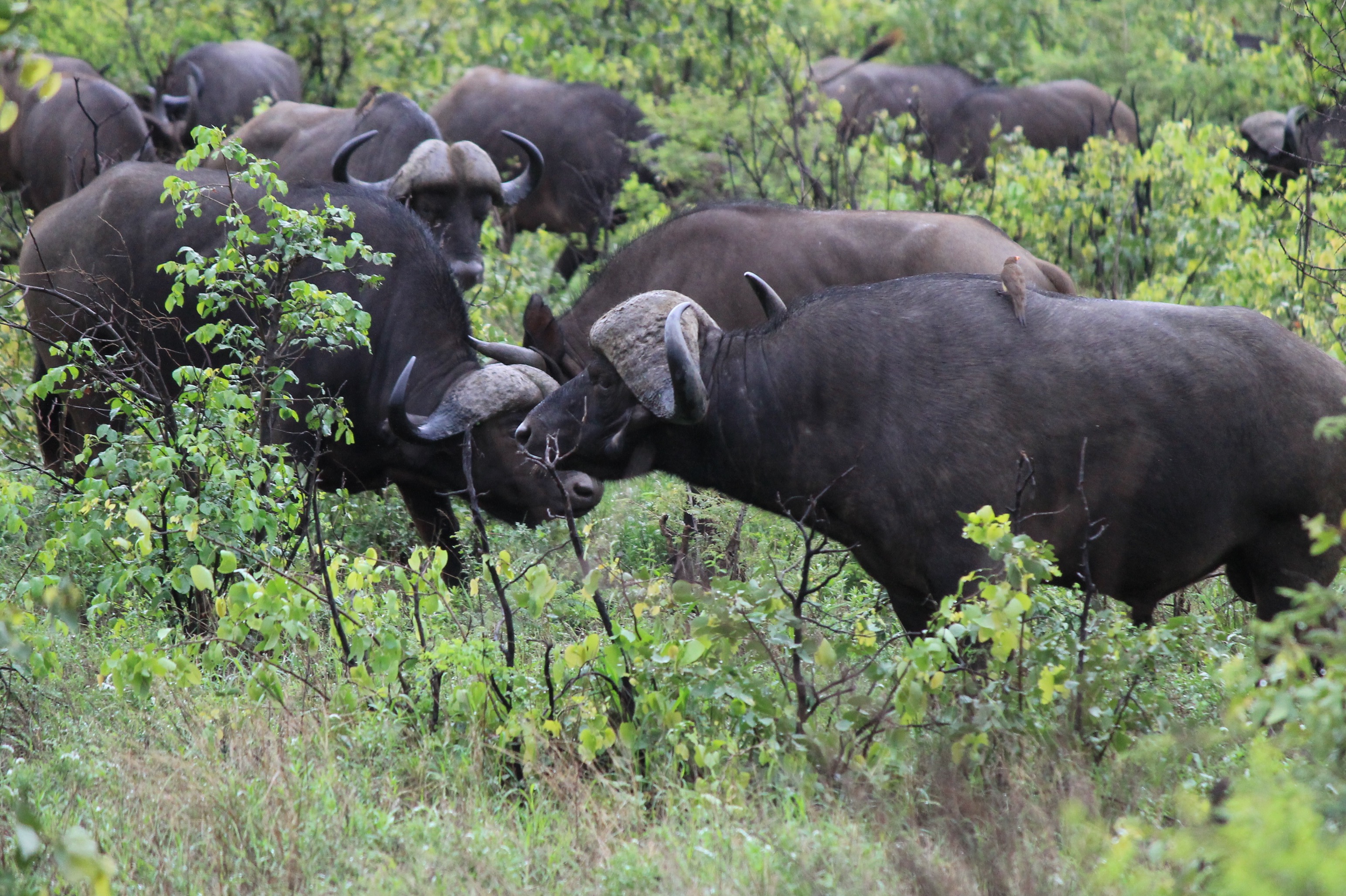
Extra Costs on an African Hunting Safari
Daily rates and trophy fees cover the vast majority of the costs associated with an African hunting safari. Every outfitter is a little different though and there are always some extra costs that you'll need to budget for.
For instance, airport pick-up and drop-off, rifle rental, Value Added Tax (VAT), and the shipment of your trophies to a taxidermist are services that some (but not all) outfitters include in their prices. Some hunts in the more remote parts of Africa may also require a charter plane to reach camp.
So, make sure you find out the details before your hunt and budget accordingly.
Airline tickets, gratuities, taxidermy, and the shipment of your trophies home are the big additional costs you'll virtually always have to pay if you go on an African hunting safari.
Depending on the time of year and country you're hunting, round trip economy class airline tickets to Africa generally run between $1,000 and $2,000. South Africa is usually the fastest and least expensive destination on the continent to reach from the United States, so you can often find plane tickets to Johannesburg on the lower end of the scale.
You've got two options with taxidermy: do it in Africa or ship the unfinished hides, skulls, and horns to a taxidermist in the United States. Labor is cheaper in Africa, so taxidermy prices are typically correspondingly lower. However, it costs more to ship finished trophies home.
All things considered, it is usually a little less expensive to do taxidermy in Africa, even taking into account the increased shipping charges for finished trophies. Either way, plan on $1,000-2,000 in shipping costs.
It is also customary to tip your Professional Hunter (guide) and the camp staff (tracker, cook, skinner, etc.) at the end of the hunt. Gratuities are voluntary, but they should reflect the level of service that you received during the entire safari, so only very poor effort and attitude from the PH and staff would warrant no tip at all.
For most African hunting safaris, it's standard to give a tip of several hundred dollars for all the camp staff plus a tip of about a 5% of the total hunt cost for the PH.
Booking Your First Hunt
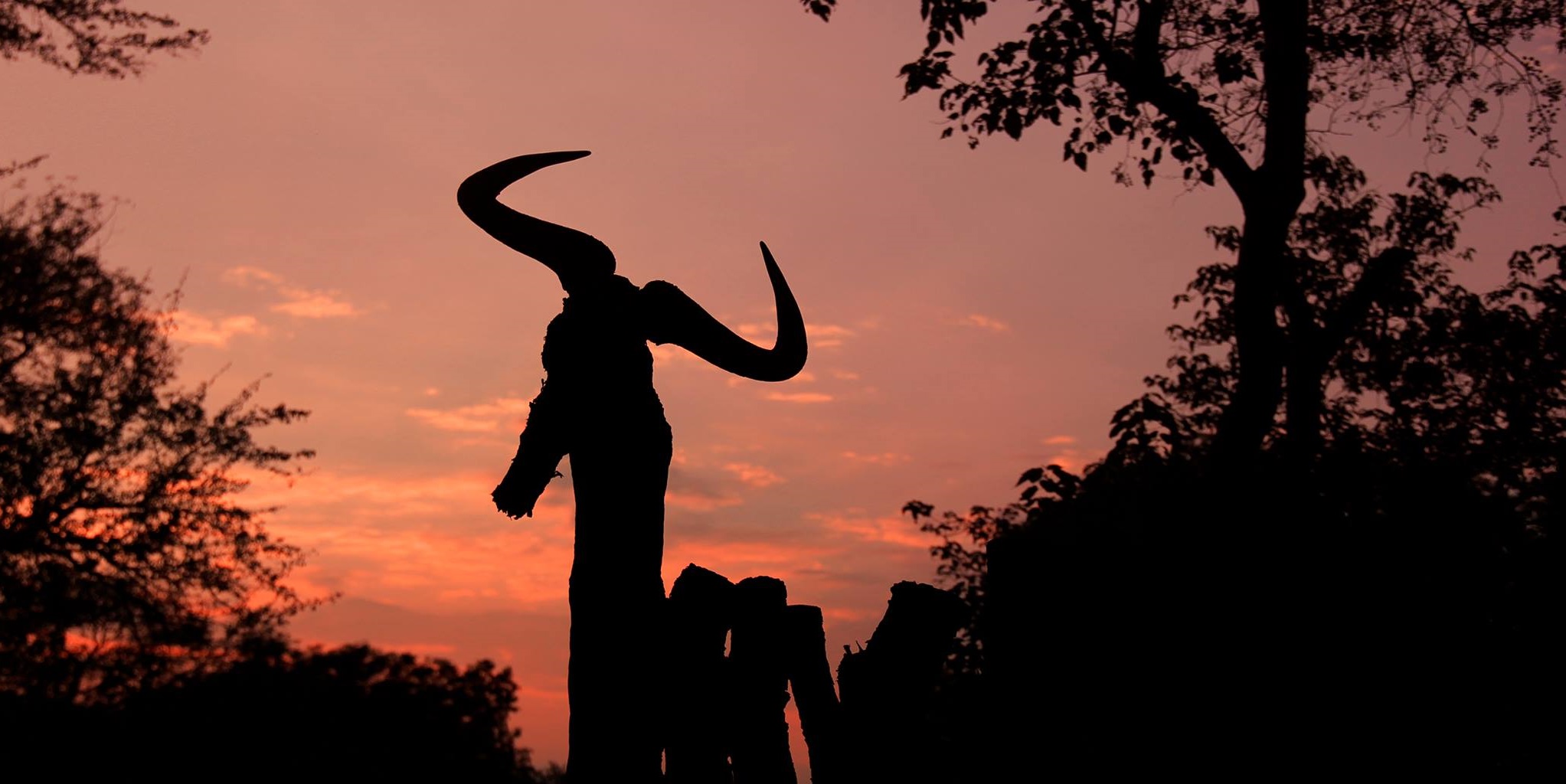
As you can see, an African hunting safari costs much less than you probably thought, especially when hunting some of the more common plains game species. All things considered, few other hunting opportunities provide such an incredible outdoor adventure at such a reasonable price as a hunt in Africa.
Are you interested in a hunt in Africa?
While there's nothing wrong with pursuing dangerous game like cape buffalo on that first trip, most people normally go to southern Africa to hunt plains game for their first African hunting safari. In particular, Namibia and South Africa are both great destinations.
The governments of both countries fully understand the benefits of hunting and have embraced trophy hunting as an important aspect of their efforts to conserve native wildlife. For this reason, Namibia and South Africa both have numerous hunting areas inhabited by large populations of the most popular species of plains game.
Not surprisingly, the cost of plains game hunting in general is very reasonable in both countries and you'll very likely have a very memorable hunting trip in either place.
So don't delay; the African hunting safari of a lifetime awaits you!
NEXT: WANT TO HUNT SOUTH AFRICA? THIS IS THE NEXT BEST THING
You Might Also Like
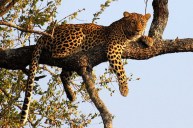
The 5 Best Countries for Hunting in Africa
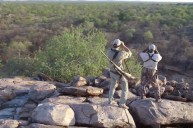
Want to Hunt South Africa? Here's a Taste of What It's Like
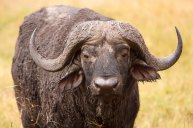
5 International Hunting Trips We Want to Take
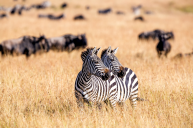
10 Most Rewarding Safari Animals to Hunt in Africa

How Much Does an African Safari Cost?
B eing surrounded by giraffes, elephants, lions, zebras, and cheetahs in Africa sounds like a dream come true. But it also sounds expensive. Getting a guide, secluded accommodations, and travel can add up. So, how much does an African safari cost? An African safari can cost between $200 and $1,600 per person per day. Read more on the breakdown of these costs below.
How Much Does an African Safari Cost on Average?
The cost of an African safari will vary depending on where it is, what type of accommodations you get, and what time of year you go.
The most budget-friendly, camping in a tent, will cost about $200 per person per day. The most luxurious African safari can cost up to $1,600 per person per day.
Your African safari cost includes all park admission fees, meals, camping equipment, drinking water, and transportation. They can be a short one-day adventure to a multi-week long excursion. You should account for tipping your guides during your journey. The standard tip is $10 to $20 per person per day.
Things That Impact Your African Safari Cost
You can do many things to cut your African safari cost, while other things will bring the price up. I always tend to focus on what’s important to me and splurge on those aspects. For instance, if you like staying in luxury accommodations, you can splurge on your stay and go during the off-season to save a little bit.
The Length of Your Safari
Obviously, the total cost of your safari will be more the longer your safari is. However, the daily cost is cheaper when you book multiple days under one guide. It’s like buying in bulk at Sam’s Club. You save money in the long run.
The Time of Year You Go
There is a high and low season for African Safaris. The high season is when school is out, and during the dry season. There will be more tourists and higher costs from June to September on most safaris.
The low season is during the rainy season, typically between March and May. The problem with going during the rainy season is animals don’t tend to come out as much. The best time to go on an African safari is during the winter, between January and February.
Where Your Safari Is
The country and park you decide to do your safari in will sway the cost. Doing a safari that goes across multiple countries will cost more while staying in one park is less expensive. South Africa has some of the cheapest safari options because they have more self-drive options, and the parks are built better for these types of excursions.
The Level of Accommodation
You can stay in everything from a camping tent that you could buy at your local outdoor store to permanent yurts with furniture and modern technologies. There are even resort-like stays that you can book for your African safari with pools, villas, and bar and restaurant service.
Your Mode of Transportation
Driving yourself through one of the many parks and reserves is an option sometimes, but it’s not the best option. Your best bet is to book a guided safari because the guides know where all the animals like to go. That way, you’re more likely to see all the wildlife you want.
Less costly guided safaris are also typically in open-roof minivans that they cram people into. The nicer African safari tours use nice jeeps that are entirely open, giving you a chance to see everything wherever you sit.
How Many People Go On The Safari
The more people that come with you, the less your African safari will cost. Most accommodations will hold two people, and some will hold up to five. They will still charge per person for the safari. Even though, it will be less than if you go by yourself because you are sharing one accommodation.
The Best African Safari Destinations
You can go on a safari in different areas of Africa. Each location has unique wildlife that they are known for. You should choose a particular destination depending on what kind of African safari experience you want. Some destinations are also more budget-friendly.
Kenya is the original safari destination. It makes sense, with multiple large game reserves, the great migration, and a slew of cultural experiences to encounter. Some of the best reserves to visit in Kenya are:
- Masai Mara National Reserve- The most popular park in Kenya.
- Samburu Game Reserve- Has unique wildlife, like Beisa Oryx, Reticulated Giraffes, and Somali Ostrich .
- Tsavo National Parks- The largest and most remote park in Kenya.
- Amboseli National Park- You can see Mount Kilimajaro at this park.
- Lake Nakuru National Park- Millions of flamingos and white rhinos live here .
There are many great lodges to stay at in and around these parks that will take you on a drive to see the wildlife every day. One that I recommend is Elephant Bedroom Camp. It gets its name because elephants frequent the grounds, making sure to say hello to all of the visitors. You may also see monkeys and Impalas from your luxury tent.
This camp has all of the comforts that you would see at any modern accommodation, including a pool, hot and cold water, electricity, and WIFI. You will get a daily drive through the bush in an open-air vehicle, a picnic lunch, cultural visits, and entertainment by Samburu warriors.
If your dream is to see a gorilla or chimpanzee in the rainforest, then Uganda is the African safari destination for you. It’s different than most other African safaris in the way that the safaris in Uganda are set in rainforests instead of desert land. You can even stop by some amazing waterfalls along your safari. Some parks to check out in Uganda are:
- Murchison Falls National Park- Has various mammals, like giraffes, buffaloes, and crocodiles.
- Bwindi Forest National Park- Has the largest population of endangered silverback gorillas.
- Kibale Forest National Park- Has the highest diversity of primates in Africa.
- Mgahinga National Park- A large park spanning three countries where endangered silverback gorillas live.
- Queen Elizabeth National Park- One of two places you can find lions that climb trees.
To be fully immersed in the rainforests that gorillas and chimpanzees roam, stay at Bwindi Lodge . You may get the chance to spot some birds and chimpanzees swinging from the trees in the Bwindi forest right from your room. There’s also a village nearby that has the award-winning Bwindi Bar.
Another advantage of staying at the Bwindi Lodge is you can trek into the forest to see the mountain gorillas and other wildlife instead of having to take a drive. They also have a waterfall trail for you to enjoy the landscape as well.
Botswana is a lesser-known safari destination, so it will feel more exclusive at a smaller cost. Even though it has a variety of landscapes to view different types of wildlife. One of the most popular types of safaris you can do in Botswana is a boat safari, where you can see elephants and hippos. The best parks to see in Botswana are:
- Okavango Delta- The most popular park in Botswana, famous for boat safaris on the wilding channels.
- Chobe National Park- You can take a car to this park, making it more accessible. Elephants are a popular group here.
- The Kalahari- You can find a black-maned lion here during the wet seas on.
- Makgadikgadi Pans- Find unique African animals across glistening salt pans.
- Moremi Wildlife Reserve- One of the most remote and diverse wildlife areas of Botswana.
Staying at Abu Camp gets you up close and personal with elephants. Since the camp is next to a lagoon, there is a herd of elephants that call this camp home. There’s even a chance to sleep in the elephant boma for the ultimate experience. You can also experience every type of safari you want, whether it’s a game drive or a boat safari.
Abu Camp has super comfy accommodations with modern furnishings and all the luxuries you would see in any other hotel. There’s a plunge pool to cool off during the day while you wait for your evening safari. Each private canvas tent overlooks the Delta for amazing views.
Tanzania is home to the well-known Serengeti, known for the safaris that explore the great herd. It is also the home to Mount Kilimanjaro, where the most adventurous can summit its peak. This place is basically the home of everything you think of when someone says “Africa.” The most popular safari parks in Tanzania are:
- Serengeti National Park- The world’s most popular destination for a safari.
- Ruaha National Park- The largest park in Tanzania with many elephants and giraffes.
- Ngorongoro Crater Conservation Area- Home to the Ngorongoro Crater, where you can find the largest population of lions in the world .
- Lake Manyara National Park- Home to a massive lake where you can spot animals looking for water during the dry s eason.
- Mikumi National Park- Mostly flat grassland, making it easy to spot wildlife.
For the best views over the Serengeti day and night, Klein’s Camp is a great place to stay for your safari. It is situated just on the border of the national park, so they are one of the only camps to offer open-air night drives. It is also in the perfect position to watch over the Serengeti from your room.
Klein’s camp feels extremely exclusive because they have 10,000 hectares of privately leased land. You can go offroading, go any time of day, or follow a zebra trail. They will also take you on specialized photography tours and visit the Maasai village to see their unique culture.
South Africa
South Africa is where you want to go to save a few dollars. There is plenty of wildlife, but it has better infrastructure than most other safari destinations. That means there’s more opportunity to do a self-guided tour, which saves you tons. There are also great guided tours too. The best reserves in South Africa are:
- Kruger National Park- The most popular park in South Africa with the big five.
- Madikwe Game Reserve- A malaria-free, affordable park with rare wild dogs.
- Sabi Sands Game reserve- A private reserve bordering Kruger National Park.
- Phinda Private Game Reserve- Famous for cheetah sightings.
- Tswalu Kalahari Reserve- The largest private game reserve in South Africa.
If you want to stay in luxury on your South African safari, Loapi Tented Camp gives you the safari aesthetic. However, it comes complete with a butler, fully stocked kitchens, and an environmentally friendly plunge pool. Each of the six accommodations has plenty of space between each, giving you a secluded feel.
Each safari home has its own butler, a private chef to cook all your meals en-suite, a study with wifi, a full bar, and indoor/outdoor showers. You will also get your own safari vehicle with a private tour guide to take you out every evening. If you don’t feel like taking a vehicle out, go horseback instead.
The post How Much Does an African Safari Cost? appeared first on honeymoons.com .
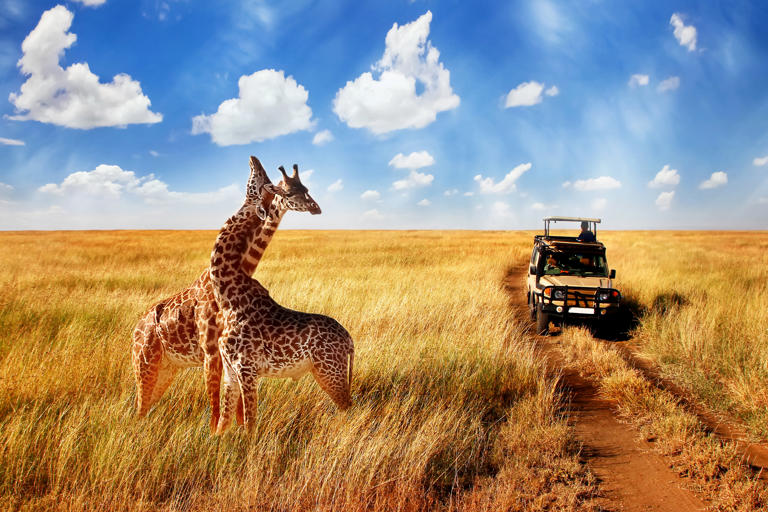
- Starting a Business
- Growing a Business
- Small Business Guide
- Business News
- Science & Technology
- Money & Finance
- For Subscribers
- Write for Entrepreneur
- Entrepreneur Store
- United States
- Asia Pacific
- Middle East
- South Africa
Copyright © 2024 Entrepreneur Media, LLC All rights reserved. Entrepreneur® and its related marks are registered trademarks of Entrepreneur Media LLC
This Fan-Favorite Masters 2024 Item Is Still $1.50 as Tournament Menu Appears Unscathed by Inflation The pimento cheese sandwich is a tradition almost as big as the tournament itself.
By Emily Rella • Apr 12, 2024
The Masters is arguably the most-anticipated of golf's four Majors , and tens of thousands are expected to fill the crowds this week at Augusta National in Georgia to take in the experience and revel in the tournament's atmosphere.
The tournament's food is also famous, and prices have remained the same for decades — shocking, considering the sky-high concession prices at other sports venues.
And though talks of inflation had many nervous about potential price increases, it looks like inflation has yet to hit the tournament.
Related: The Masters Merch Scene Is a Feeding Frenzy Unlike Anything I've Ever Seen Before
This year, attendees of the Masters 2024 have been happy to find that the beloved Pimento Cheese sandwich is still priced at $1.50 and beers only increased a dollar to $6 a pop, according to Golf Week.

"The pimento cheese and egg salad sandwiches have become an iconic food staple of the Masters Tournament," The Masters official website reads. "The experience of enjoying the tasty fare and thirst-quenching drinks at the Masters Tournament is as much a part of the visit as azaleas, Magnolia Lane, Amen Corner, and the Green Jacket."
It's noted that for around $70, you could buy one of everything on the concessions menu, while $5 could get you a sandwich, a bag of chips, and a soft drink.
Related: Cult-Favorite Concession Item Won't Return to 2022 Masters, Others Increase in Price
Other favorite cheap eats include the Georgia Peach Ice Cream Sandwich for $2.50 , which caused quite a stir at the 2023 tournament when supply chain issues related to the pandemic caused the fan-favorite dessert to be temporarily removed from menus.
This year, there will be seven open-air concession stands for fans to dine at.
The Masters prides itself on being called "A Tradition Unlike Any Other," and with these prices, it looks like that remains true.
Related: Here's How Many Millions the Masters Champion Will Take Home
Entrepreneur Staff
Senior News Writer
Want to be an Entrepreneur Leadership Network contributor? Apply now to join.
Editor's Pick Red Arrow
- This 103-Year-Old Doctor Opened Her Medical Practice Before Women Could Have Bank Accounts — Here Are Her 6 Secrets to a Healthy, Successful Life
- Lock 5 Ways You Might Be Cheating on Your Taxes — And Why You Will Get Caught
- I've Had a Secret Side Hustle for Decades. It Keeps Tens of Thousands of Dollars in My Pocket — and Gets Me Into Places I Wouldn't Go Otherwise .
- Lock Here's How Steve Jobs Dealt With Negative Press and Avoided Brand Disasters
- One Factor Is Helping This Entrepreneur Tackle Business Ownership Later in Life. Now, She's Jumping Into a $20 Billion Industry .
- Lock Narcissism Can Help You Be Successful — Here's How to Harness It Without Going Too Far, According to an Ivy League-Trained Psychotherapist
Most Popular Red Arrow
This fan-favorite masters 2024 item is still $1.50 as tournament menu appears unscathed by inflation.
The pimento cheese sandwich is a tradition almost as big as the tournament itself.
I Designed My Dream Home For Free With an AI Architect — Here's How It Works
The AI architect, Vitruvius, created three designs in minutes, complete with floor plans and pictures of the inside and outside of the house.
Learn to Play Guitar Even if You Have No Previous Training for Just $20
Start with the beginner's crash course and learn how to play guitar in no time.
This Dad Started a Side Hustle to Save for His Daughter's College Fund — Then It Earned $1 Million and Caught Apple's Attention
In 2015, Greg Kerr, now owner of Alchemy Merch, was working as musician when he noticed a lucrative opportunity.
Save Big and Get This Pro Collage App for $39.99
Edit, adjust, and create collages in seconds.
63 Small Business Ideas to Start in 2024
We put together a list of the best, most profitable small business ideas for entrepreneurs to pursue in 2024.
Successfully copied link
9to5Mac Podcast Network
- 9to5Mac Daily Podcast
9to5Mac Daily: April 10, 2024 – Apple’s AI plans in iOS 18 and beyond
Listen to a recap of the top stories of the day from 9to5Mac . 9to5Mac Daily is available on iTunes and Apple’s Podcasts app , Stitcher , TuneIn , Google Play , or through our dedicated RSS feed for Overcast and other podcast players.
New episodes of 9to5Mac Daily are recorded every weekday. Subscribe to our podcast in Apple Podcast or your favorite podcast player to guarantee new episodes are delivered as soon as they’re available.
Stories discussed in this episode:
- Apple struck deal with Shutterstock to license millions of images for AI training
- Rumor: iOS 18 to include new ‘Safari browsing assistant’ feature
- Apple teaching an AI system to use apps; maybe for advanced Siri
Listen & Subscribe:
- Apple Podcasts
- Google Podcasts
Subscribe to support Chance directly with 9to5Mac Daily Plus and unlock:
- Ad-free versions of every episode
- Monthly bonus episodes
Catch up on 9to5Mac Daily episodes!
Don’t miss out on our other daily podcasts:
- Quick Charge
- 9to5Toys Daily
Share your thoughts!
Drop us a line at [email protected] . You can also rate us in Apple Podcasts or recommend us in Overcast to help more people discover the show.
Also, connect with us in the official 9to5Mac Discord server with forums, chatrooms, and more!
FTC: We use income earning auto affiliate links. More.
Check out 9to5Mac on YouTube for more Apple news:

9to5Mac Daily
9to5Mac Daily Podcast. A recap of the top storie…
- New Terms of Use
- New Privacy Policy
- Your Privacy Choices
- Closed Captioning Policy
Quotes displayed in real-time or delayed by at least 15 minutes. Market data provided by Factset . Powered and implemented by FactSet Digital Solutions . Legal Statement .
This material may not be published, broadcast, rewritten, or redistributed. ©2024 FOX News Network, LLC. All rights reserved. FAQ - New Privacy Policy
Today's 15- and 30-year mortgage rates hold steady | April 12, 2024
Thinking about taking out a mortgage loan here are the current mortgage rates and the top factors that influence them..
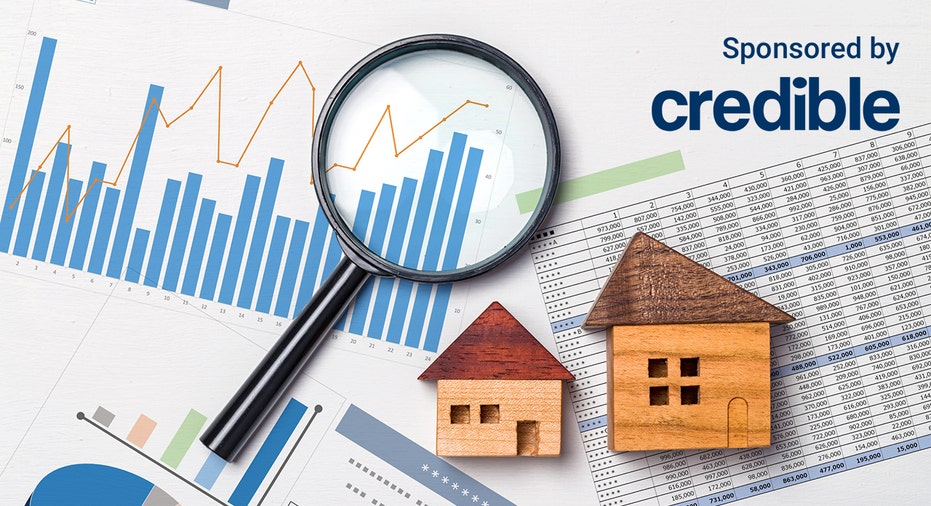
Mortgage rates fluctuate almost daily based on economic conditions. Here are today’s mortgage rates and what you need to know about getting the best rate. ( iStock )
The interest rate on a 30-year fixed-rate mortgage is 7.375% as of April 12, which is unchanged from yesterday. Additionally, the interest rate on a 15-year fixed-rate mortgage is 6.500%, which is also unchanged from yesterday.
With mortgage rates changing daily, it’s a good idea to check today’s rate before applying for a loan. It’s also important to compare different lenders’ current interest rates, terms, and fees to ensure you get the best deal.
Rates last updated on April 12, 2024. Rates are based on the assumptions shown here . Actual rates may vary. Credible, a personal finance marketplace, has 5,000 Trustpilot reviews with an average star rating of 4.7 (out of a possible 5.0).
How do mortgage rates work?
What determines the mortgage rate.
- How to compare mortgage rates
- Pros and cons of mortgages
How to qualify for a mortgage
How to apply for a mortgage, how to refinance a mortgage.
- How to access your home’s equity
When you take out a mortgage loan to purchase a home, you’re borrowing money from a lender. In order for that lender to make a profit and reduce risk to itself, it will charge interest on the principal — that is, the amount you borrowed.
Expressed as a percentage, a mortgage interest rate is essentially the cost of borrowing money. It can vary based on several factors, such as your credit score , debt-to-income ratio (DTI), down payment , loan amount, and repayment term.
After getting a mortgage, you’ll typically receive an amortization schedule , which shows your payment schedule over the life of the loan. It also indicates how much of each payment goes toward the principal balance versus the interest.
Near the beginning of the loan term, you’ll spend more money on interest and less on the principal balance. As you approach the end of the repayment term, you’ll pay more toward the principal and less toward interest.
Your mortgage interest rate can be either fixed or adjustable. With a fixed-rate mortgage, the rate will be consistent for the duration of the loan. With an adjustable-rate mortgage (ARM), the interest rate can fluctuate with the market.
Keep in mind that a mortgage’s interest rate is not the same as its annual percentage rate (APR). This is because an APR includes both the interest rate and any other lender fees or charges.
Mortgage rates change frequently — sometimes on a daily basis. Inflation plays a significant role in these fluctuations. Interest rates tend to rise in periods of high inflation, whereas they tend to drop or remain roughly the same in times of low inflation. Other factors, like the economic climate, demand, and inventory can also impact the current average mortgage rates.
To find great mortgage rates, start by using Credible’s secured website, which can show you current mortgage rates from multiple lenders without affecting your credit score. You can also use Credible’s mortgage calculator to estimate your monthly mortgage payments.
Mortgage lenders typically determine the interest rate on a case-by-case basis. Generally, they reserve the lowest rates for low-risk borrowers — that is, those with a higher credit score, income, and down payment amount. Here are some other personal factors that may determine your mortgage rate:
- Location of the home
- Price of the home
- Your credit score and credit history
- Loan type (e.g., conventional or FHA)
- Interest rate type (fixed or adjustable)
- Down payment amount
- Loan-to-value (LTV) ratio
Other indirect factors that may determine the mortgage rate include:
- Current economic conditions
- Rate of inflation
- Market conditions
- Housing construction supply, demand, and costs
- Consumer spending
- Stock market
- 10-year Treasury yields
- Federal Reserve policies
- Current employment rate
How to compare mortgage rates
Along with certain economic and personal factors, the lender you choose can also affect your mortgage rate. Some lenders have higher average mortgage rates than others, regardless of your credit or financial situation. That’s why it’s important to compare lenders and loan offers.
Here are some of the best ways to compare mortgage rates and ensure you get the best one:
- Shop around for lenders: Compare several lenders to find the best rates and lowest fees. Even if the rate is only lower by a few basis points, it could still save you thousands of dollars over the life of the loan.
- Get several loan estimates: A loan estimate comes with a more personalized rate and fees based on factors like income, employment, and the property’s location. Review and compare loan estimates from several lenders.
- Get pre-approved for a mortgage: Pre-approval doesn’t guarantee you’ll get a loan, but it can give you a better idea of what you qualify for and at what interest rate. You’ll need to complete an application and undergo a hard credit check.
- Consider a mortgage rate lock: A mortgage rate lock lets you lock in the current mortgage rate for a certain amount of time — often between 30 and 90 days. During this time, you can continue shopping around for a home without worrying about the rate changing.
- Choose between an adjustable- and fixed-rate mortgage: The interest rate type can affect how much you pay over time, so consider your options carefully.
One other way to compare mortgage rates is with a mortgage calculator. Use a calculator to determine your monthly payment amount and the total cost of the loan. Just remember, certain fees like homeowners insurance or taxes might not be included in the calculations.
Here’s a simple example of what a 15-year fixed-rate mortgage might look like versus a 30-year fixed-rate mortgage:
15-year fixed-rate
- Loan amount: $300,000
- Interest rate: 6.29%
- Monthly payment: $2,579
- Total interest charges: $164,186
- Total loan amount: $464,186
30-year fixed-rate
- Interest rate: 6.89%
- Monthly payment: $1,974
- Total interest charges: $410,566
- Total loan amount: $710,565
Pros and cons of mortgages
If you’re thinking about taking out a mortgage, here are some benefits to consider:
- Predictable monthly payments: Fixed-rate mortgage loans come with a set interest rate that doesn’t change over the life of the loan. This means more consistent monthly payments.
- Potentially low interest rates: With good credit and a high down payment, you could get a competitive interest rate. Adjustable-rate mortgages may also come with a lower initial interest rate than fixed-rate loans.
- Tax benefits: Having a mortgage could make you eligible for certain tax benefits, such as a mortgage interest deduction .
- Potential asset: Real estate is often considered an asset. As you pay down your loan, you can also build home equity, which you can use for other things like debt consolidation or home improvement projects.
- Credit score boost: With on-time payments, you can build your credit score.
And here are some of the biggest downsides of getting a mortgage:
- Expensive fees and interest: You could end up paying thousands of dollars in interest and other fees over the life of the loan. You will also be responsible for maintenance, property taxes , and homeowners insurance.
- Long-term debt: Taking out a mortgage is a major financial commitment. Typical loan terms are 10, 15, 20, and 30 years.
- Potential rate changes: If you get an adjustable rate , the interest rate could increase.
Requirements vary by lender, but here are the typical steps to qualify for a mortgage:
- Have steady employment and income: You’ll need to provide proof of income when applying for a home loan. This may include money from your regular job, alimony, military benefits, commissions, or Social Security payments. You may also need to provide proof of at least two years’ worth of employment at your current company.
- Review any assets: Lenders consider your assets when deciding whether to lend you money. Common assets include money in your bank account or investment accounts.
- Know your DTI: Your DTI is the percentage of your gross monthly income that goes toward your monthly debts — like installment loans, lines of credit, or rent. The lower your DTI, the better your approval odds.
- Check your credit score: To get the best mortgage rate possible, you’ll need to have good credit. However, each loan type has a different credit score requirement. For example, you’ll need a credit score of 580 or higher to qualify for an FHA loan with a 3.5% down payment.
- Know the property type: During the loan application process, you may need to specify whether the home you want to buy is your primary residence. Lenders often view a primary residence as less risky, so they may have more lenient requirements than if you were to get a secondary or investment property.
- Choose the loan type: Many types of mortgage loans exist, including conventional loans, VA loans , USDA loans , FHA loans , and jumbo loans. Consider your options and pick the best one for your needs.
- Prepare for upfront and closing costs: Depending on the loan type, you may need to make a down payment. The exact amount depends on the loan type and lender. A USDA loan, for example, has no minimum down payment requirement for eligible buyers. With a conventional loan, you’ll need to put down 20% to avoid private mortgage insurance (PMI). You may also be responsible for paying any closing costs when signing for the loan.
Here are the basic steps to apply for a mortgage , and what you can typically expect during the process:
- Choose a lender : Compare several lenders to see the types of loans they offer, their average mortgage rates, repayment terms, and fees. Also, check if they offer any down payment assistance programs or closing cost credits.
- Get pre-approved: Complete the pre-approval process to boost your chances of getting your dream home. You’ll need identifying documents, as well as documents verifying your employment, income, assets, and debts.
- Submit a formal application: Complete your chosen lender’s application process — either in person or online — and upload any required documents.
- Wait for the lender to process your loan: It can take some time for the lender to review your application and make a decision. In some cases, they may request additional information about your finances, assets, or liabilities. Provide this information as soon as possible to prevent delays.
- Complete the closing process: If approved for a loan, you’ll receive a closing disclosure with information about the loan and any closing costs. Review it, pay the down payment and closing costs, and sign the final loan documents. Some lenders have an online closing process, while others require you to go in person. If you are not approved, you can talk to your lender to get more information and determine how you can remedy any issues.
Refinancing your mortgage lets you trade your current loan for a new one. It does not mean taking out a second loan. You will also still be responsible for making payments on the refinanced loan.
You might want to refinance your mortgage if you:
- Want a lower interest rate or different rate type
- Are looking for a shorter repayment term so you can pay off the loan sooner
- Need a smaller monthly payment
- Want to remove the PMI from your loan
- Need to use the equity for things like home improvement or debt consolidation (cash-out refinancing)
The refinancing process is similar to the process you follow for the original loan. Here are the basic steps:
- Choose the type of refinancing you want.
- Compare lenders for the best rates.
- Complete the application process.
- Wait for the lender to review your application.
- Provide supporting documentation (if requested).
- Complete the home appraisal.
- Proceed to closing, review the loan documents, and pay any closing costs.
How to access your home’s equity
If you need to tap into your home’s equity to pay off debt, fund a renovation, or cover an emergency expense, there are two popular options to choose from: a home equity loan and a home equity line of credit (HELOC) . Both a home equity loan and a HELOC allow you to borrow against your home’s equity but a home equity loan comes in the form of a lump sum payment and a HELOC is a revolving line of credit.
These two loan types have some other key similarities and differences in how they work:
What is a rate lock?
Interest rates on mortgages fluctuate all the time, but a rate lock allows you to lock in your current rate for a set amount of time. This ensures you get the rate you want as you complete the homebuying process .
What are mortgage points?
Mortgage points are a type of prepaid interest that you can pay upfront — often as part of your closing costs — for a lower overall interest rate. This can lower your APR and monthly payments.
What are closing costs?
Closing costs are the fees you, as the buyer, need to pay before getting a loan. Common fees include attorney fees, home appraisal fees, origination fees , and application fees.
If you’re trying to find the right mortgage rate, consider using Credible. You can use Credible's free online tool to easily compare multiple lenders and see prequalified rates in just a few minutes.
Stamp cost could rise again in 2024: What to know as USPS signals price bump to 73 cents

The United States Postal Service is seeking to increase the price of stamps this summer, asking that the price for first class stamps jump from 68 cents to 73 cents.
The request for the 5 cent first class stamp increase was made to the Postal Regulatory Commission on Tuesday, which must approve the proposed increase. If it is approved, this would go into effect July 14 and would increase stamp prices by 7.8%.
The price increase would apply to forever stamps, postcards, metered letters and international mail. In a release, the Postal Service noted there would be no price increase for post office box rentals, and there would be a 10% price reduction for postal insurance when mailing an item.
USPS: It may not be safe to mail checks anymore. U.S. Postal Service shares tips to fight rise in crime.
Pending stamp price hike will 'help with financial stability', USPS says
The USPS said it is also seeking price adjustments for products including Certified Mail and money order fees.
The price adjustments are to help with financial stability "as changes in the mailing and shipping marketplace continue," the USPS said in a release.
Stamp prices last increased in January of this year, the third hike in 12 months that pushed up first class stamps to the current 68 cents. Prior to January, stamp prices had increased in July 2023, January 2023 and July 2022.
- Skip to main content
- Keyboard shortcuts for audio player
The many roadblocks that keep women from getting mammograms

Yuki Noguchi
CDC research finds that in addition to cost and access, other factors of daily life keep many women from getting screened for breast cancer. ( Story aired on All Things Considered on 4/9/24 .)
MICHEL MARTIN, HOST:
Mammograms are critical in detecting breast cancer early, but everyday life challenges can get in the way of people getting that screening. New research from the Centers for Disease Control and Prevention points to some of the challenges people face in getting screened more often. NPR's Yuki Noguchi has more.
YUKI NOGUCHI, BYLINE: Guidelines recommend women over 40 get mammograms every other year. The new CDC report shows just over three-quarters of women aged 50 to 74 get their breast cancer screening. But if you look at those who don't, often they lack the money for a copay or transportation, or no one's reminded them to.
Deb Houry is chief medical officer at the CDC. She says the data show how economic hardships and emotional challenges are common barriers that prevent people from getting their mammograms.
DEB HOURY: We really see a cumulative impact. So what we saw was if you had three or more of these health-related social needs, that was when you really saw a difference in who wasn't getting the screening mammogram.
NOGUCHI: That difference is pretty stark - 65% with three or more of these social needs, like food insecurity, were able to get screened. That's compared to 83% of those not facing such challenges. Houry says the analysis shows the importance of physicians understanding more about how their patients' lives are shaped by various kinds of struggles, like paying for food and utilities.
HOURY: You're going to choose food over paying for a mammogram.
NOGUCHI: She says the research also shows that emotional factors also play a role in who seeks preventative care.
HOURY: I think if you're not feeling connected to others, you may not be going to medical care on a regular basis.
NOGUCHI: Houry says all of this new data should inform patient outreach.
HOURY: Providers can refer patients who have low income and are uninsured to those programs and health departments, as well, for free mammograms.
NOGUCHI: She says, in many cases, there are state and philanthropic programs offering free transportation or free mammograms, including ones funded by the CDC.
Yuki Noguchi, NPR News.
Copyright © 2024 NPR. All rights reserved. Visit our website terms of use and permissions pages at www.npr.org for further information.
NPR transcripts are created on a rush deadline by an NPR contractor. This text may not be in its final form and may be updated or revised in the future. Accuracy and availability may vary. The authoritative record of NPR’s programming is the audio record.

IMAGES
VIDEO
COMMENTS
High. $550. $715. $770-1,250. $1,300-1,500. $1,600. $2,000-3,200. **All the costs in this blog are guidelines only and an average for per person, per night, sharing a room in High and Low Season. They exclude international flights, visas and optional activities.
by Christina Garofalo | Updated on Feb 5, 2020. Safari / Delbars/iStock. For many people, an African safari is the trip of a lifetime — in part because of the steep price tag. While a luxury lodge or a tented camp can cost upwards of $3,000 per person, per night, there are budget-friendly options out there. This article will outline:
They keep 25-50%. And pass the rest to the local safari operator. Book a USD 300 a day African safari with a travel agent and you will get a USD 200 a day safari. But book a USD 300 a day safari directly with a local tour operator and you really will get a USD 300 a day. Many people don't trust local tour companies.
The base average African safari cost is somewhere between $125 to $1,500 per person, per day or $625 to $7,500 per person for a 5-day safari. This price may or may not include accommodations, transportation to and from the safari camp, tips, and meals. While you'll find similar prices on the low end of both cruises and African safaris ($130 ...
If on a budget, visitors can save two thirds of their daily expenses on transport costs by opting for a car/4×4 rental compared to plane transfers. ... The following is a pricing summary of the main costs a safari visitor in Tanzania can expect: Minimum Price per person Average Price per person; Flights: £800/$1,050: £1,250/$1,650 ...
An African safari costs anywhere between $125 and $1,500 per person per night. A budget safari averages $150 per night, mid-range $350 and luxury $750.The extreme top-safaris can easily go up to $1,500 per night, or more! There is literally a safari to suit every budget.
Tips are an entirely personal choice, but customary in most safari lodges. The amount can vary depending on the service received, who you are tipping and where you are, but as a guide to tipping on safari: Guide - 5-10 USD per person per day. Tracker - 5-10 USD per person per day. Butler - 5-10 USD per person per day.
Daily costs: USD $250+ per person, per day. Safari-lodge or top-end hotel room: at least USD $200. Guided safari or 4WD rental: from USD $150 per day. Meal at a top restaurant with wine: USD $50-100. See Also: Luxury African safaris. Also worth considering, is when you're travelling with a group tour, in most cases, you'll have ...
An average safari budget. Travel blogger Kiki from The Blonde Abroad recommends spending around $1,000 per person per night on a safari. This might sound like a lot, but as Kiki notes, those $1,000 go a long way and should cover full-board accommodations, rangers and game drives, and conservation fees. And, Kiki states that two nights are often ...
A Serengeti balloon flight costs US$599 per person (this includes the Tanapa ballooning fee of US$40). This rate includes a transfer from your lodge or camp to the departure balloon site, the balloon flight itself, and a champagne breakfast (after landing). The flight will last between 50 and 70 minutes. There are multiple activities and things ...
There are typically 3 price points for safari lodges: moderate, premier, and luxury. For example, in South Africa, a moderately priced safari lodge in Sabi Sands will cost you around $300-$700 USD per person, a premier lodge will cost around $800-$1200 USD per person, and an ultra-luxury lodge will cost about $2000+ USD per person.
Tanzania safari costs vary from $200 per day for a basic safari, $500 per day for a mid-range safari, to $1,500 per day for a luxury safari. ... Travelling in an off-road vehicle over dirt tracks is part of the authentic safari experience. Daily rates for hiring a standard 4×4 required to enter the parks are divided into the following rates ...
For 2024 we recommend the following starting budget guidelines for safari. Please keep in mind that pricing varies by destination and season. Luxury - $2,000+ per person per day. Deluxe - $1,000-2,000 per person per day. Value - $500 - $1,000 per person per day. Remember that these prices will be inclusive of full-board accommodation ...
The African safari cost for this adventure runs around $1200-1500 USD per week, but it's an all-inclusive experience. That means things like meals, accommodations, certifications, and on-site medical care, bottled water, and in-country transportation (just to name a few!) are provided. 4. International Volunteer HQ [IVHQ] Programs.
30-50 EUR per day if you rent the vehicle inside the national park. 100-150 EUR per day if you need a transfer longer than 2 hours. Food: 10-15 EUR per day. Budget safari tour for 2 people (3D/2N) in Amboseli National Park: 500 EUR. Budget safari tour for 2 people (3D/2N) in Etosha National Park: 400 EUR.
This safari cost is $ 14,995.00 and here is a list of the benefits that are INCLUDED in this safari: All accommodation specified in itinerary ... & Kavinga offers the only water source within their respective regions during the dry season and animals flock there daily. This is a comprehensive safari experience to Mana Pools that will touch your ...
My second, an all-inclusive lodge in Tanzania, cost me about $4,000 after a 50% off deal. ... The package came with seven nights of lodging, two safari activities a day, three daily meals, and ...
Really high-end safaris. Broadly speaking, really high-end safari prices range from about USD9,000-13,000+ per person per week depending on seasonality. These are fully inclusive of sumptuous accommodation where nothing is overlooked. Think highly personalised service, all safari activities (often with private guides), world-class food in ...
The best 10 day African safari Tours. 10-Day Safari & Cultural Activity in Kilimanjaro Region. $3,949 to $4,010 pp (USD) Tanzania: Private tour, Luxury, Lodge & Tented Camp. Lion King Adventures.
Additional safari activities, including mokoro, village visits, walking safaris, etc. Daily laundry services; Road transfers between locations/camps while with Brave Africa; $50 or $35 nonprofit donation per guest; Exclusivity. Along with the high cost of an African safari, you can expect exclusivity. Safaris are off the beaten path.
For example, the daily permit to seek out the gorillas is about USD 500 per person. Of course, the Congo rainforest offers extremely limited accommodation options, along with costly transportation and food expenses. Taxes and fees paid to the government and regional entities also add significant overhead. Reducing the Cost of a Safari in 2024
Big Game Hunting Adventures. With all this in mind, a 5-10 day African hunting safari package for several of the most popular species of antelope, like kudu, wildebeest, zebra, impala, and warthog, normally costs between $3,000 and $7,000 depending on the country, outfitter, and the specific animals hunted.
A long-established camp with a reputation for family-friendliness, Okuti has the distinct advantage of being set on the famous Xakanaxa Lagoon, a body of deep water surrounded by seasonal wetlands and dry woodlands. Its unique reed-domed suites look out over the lagoon and your family room is a 2-bedroom unit with a shared bathroom.
An African safari can cost between $200 and $1,600 per person per day. ... the total cost of your safari will be more the longer your safari is. However, the daily cost is cheaper when you book ...
The latest batch of student loan debt relief brings the total amount forgiven under Biden to $153 billion. In all, the administration says nearly 4.3 million Americans have had their student loans ...
The Masters 2024 Golf Tournament is in full swing, and fans all over the world are eager to eat items off the infamously cheap concessions menu, including the cult-favorite pimento cheese sandwich.
Listen to a recap of the top stories of the day from 9to5Mac. 9to5Mac Daily is available on iTunes and Apple's Podcasts app, Stitcher, TuneIn, Google Play, or through our dedicated RSS feed for ...
What are closing costs? Closing costs are the fees you, as the buyer, need to pay before getting a loan. Common fees include attorney fees, home appraisal fees, origination fees, and application fees.
The United States Postal Service is seeking to increase the price of stamps this summer, asking that the price for first class stamps jump from 68 cents to 73 cents. The request for the 5 cent ...
CDC research finds that in addition to cost and access, other factors of daily life keep many women from getting screened for breast cancer. (Story aired on All Things Considered on 4/9/24.)